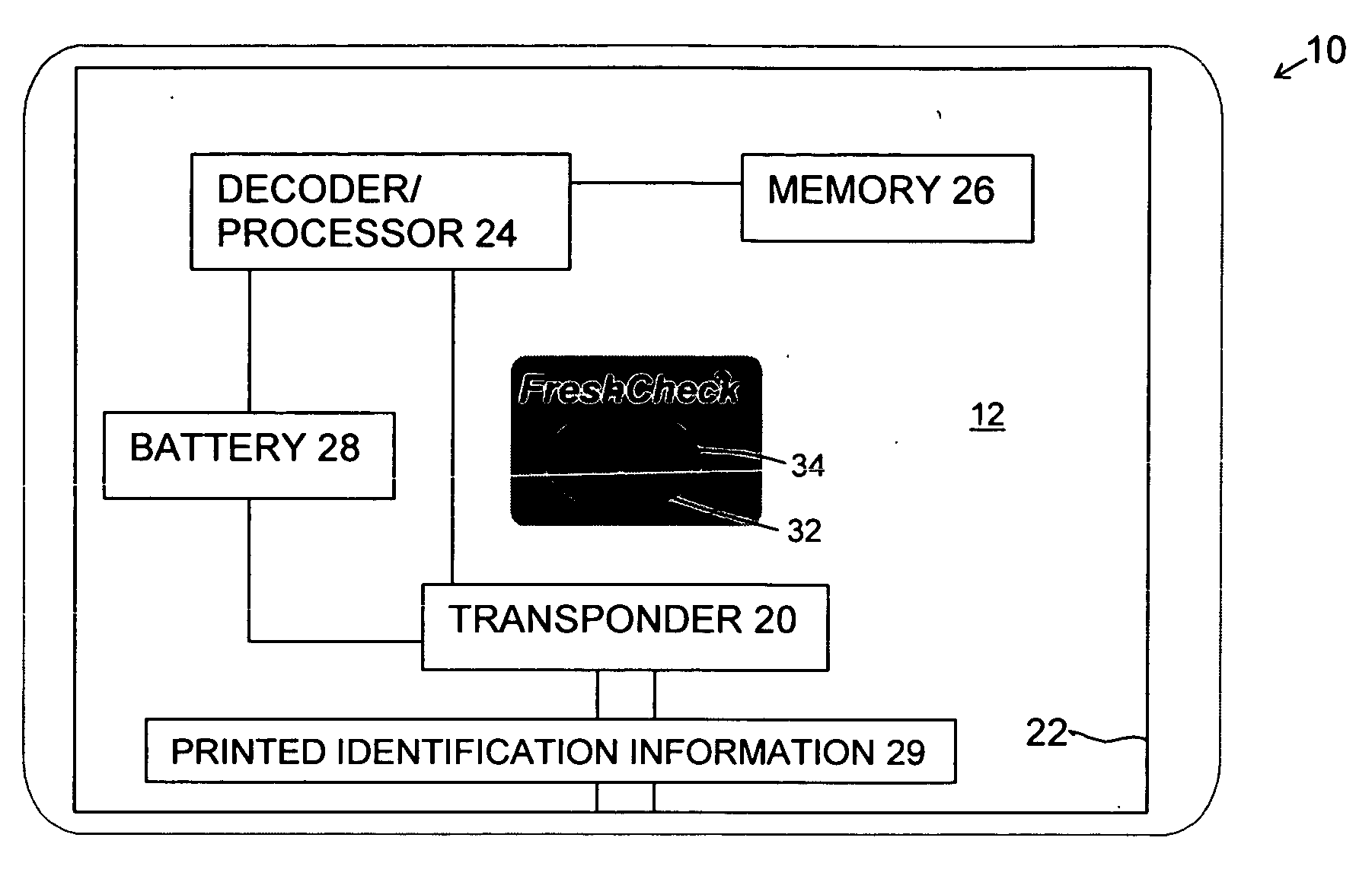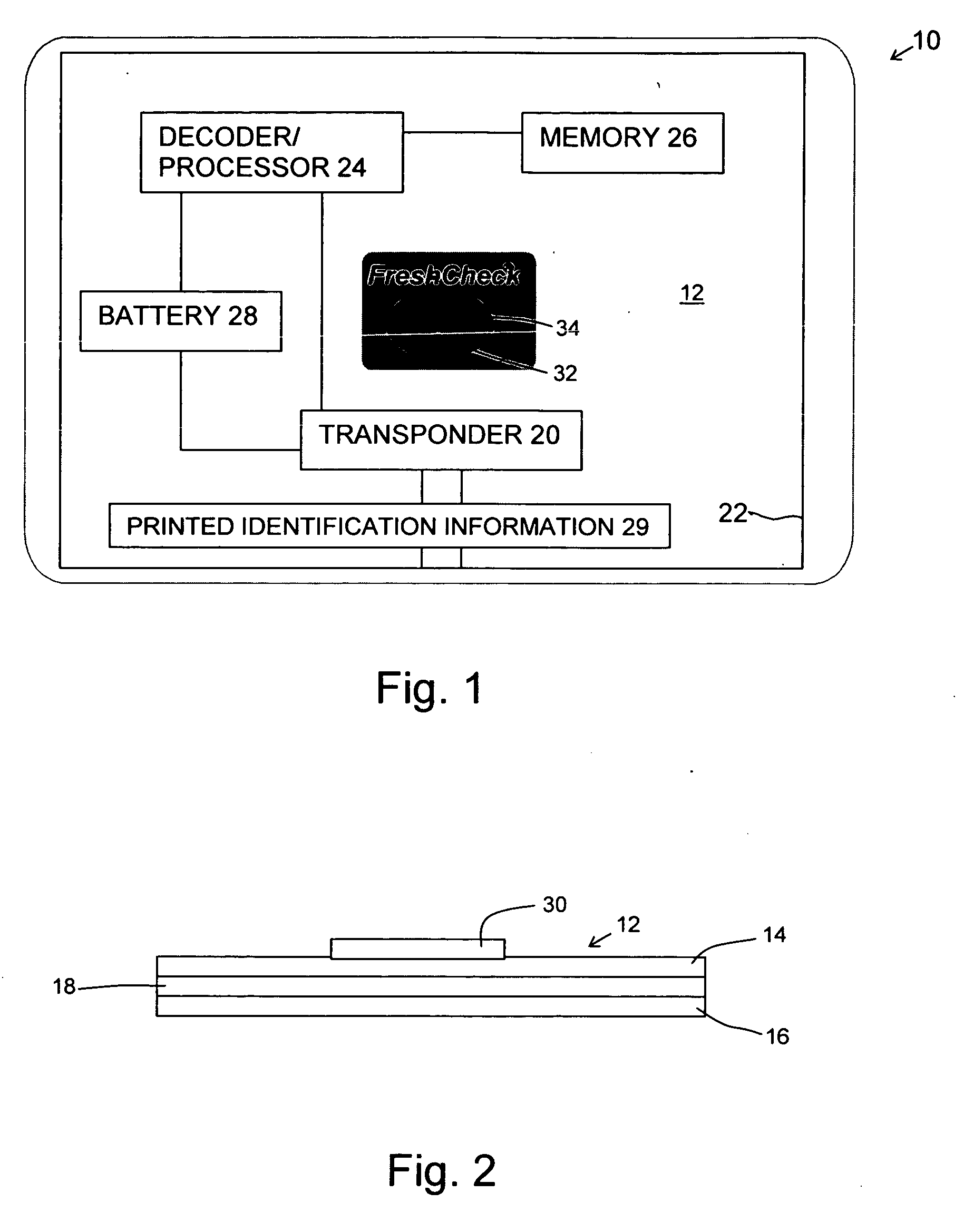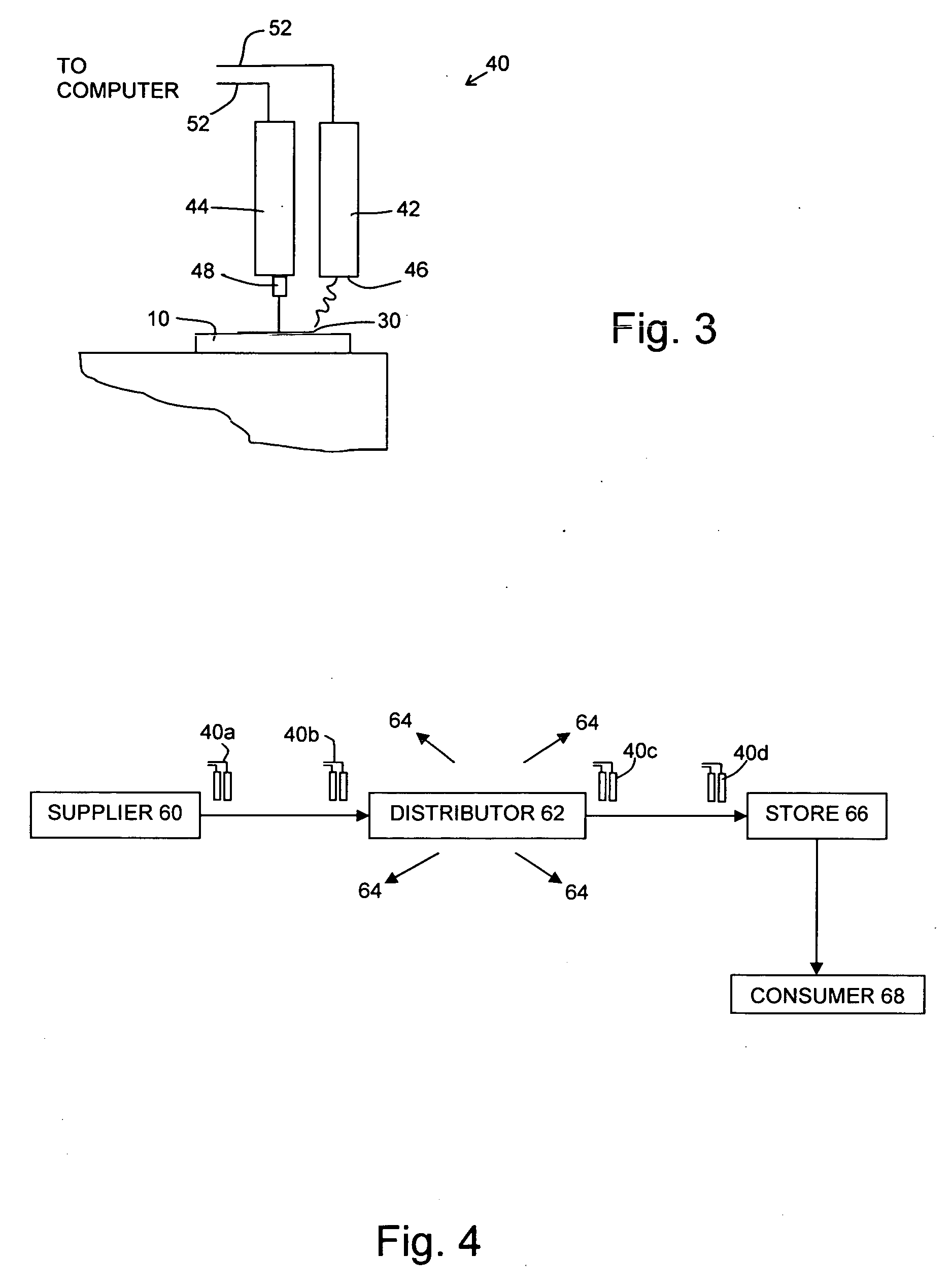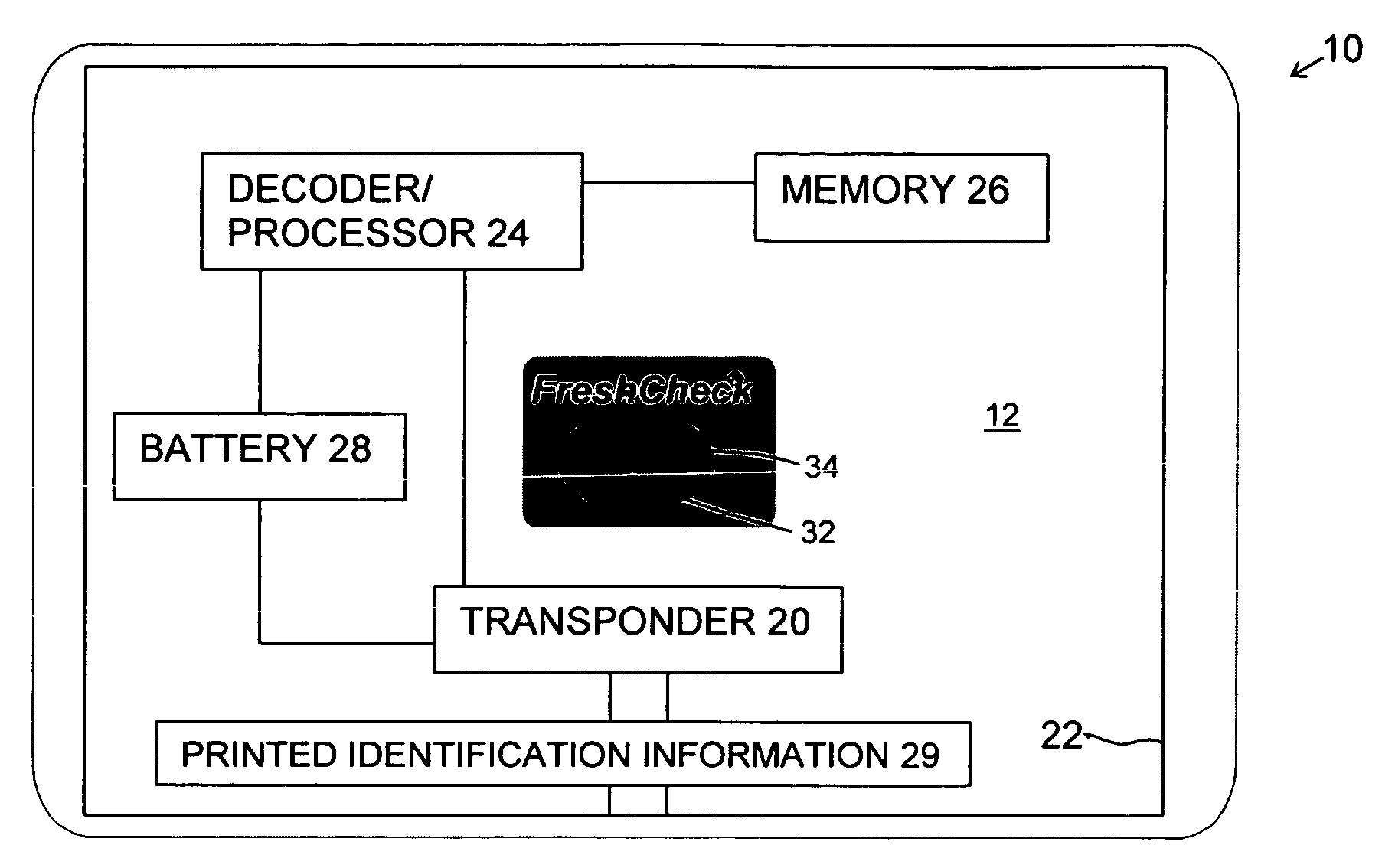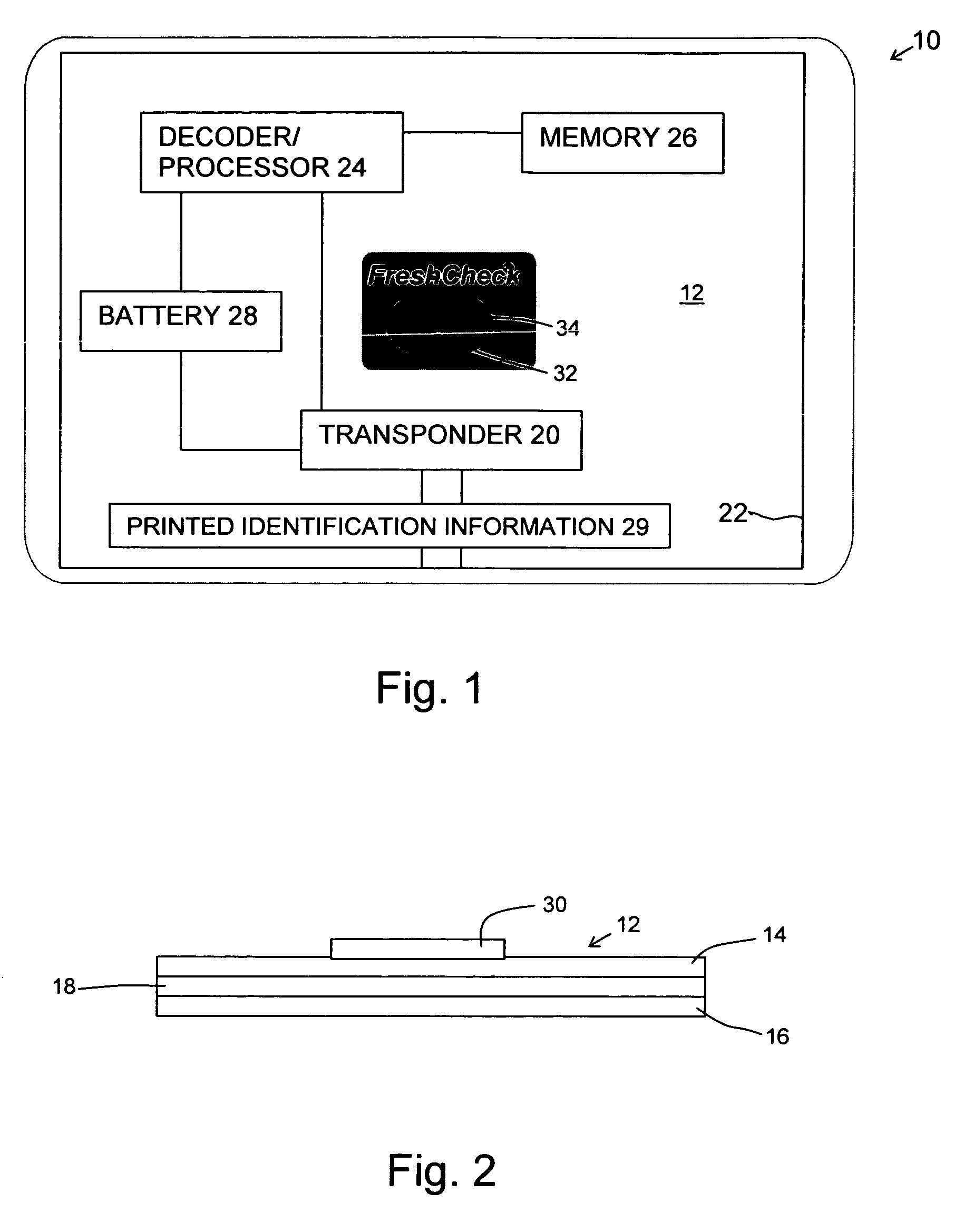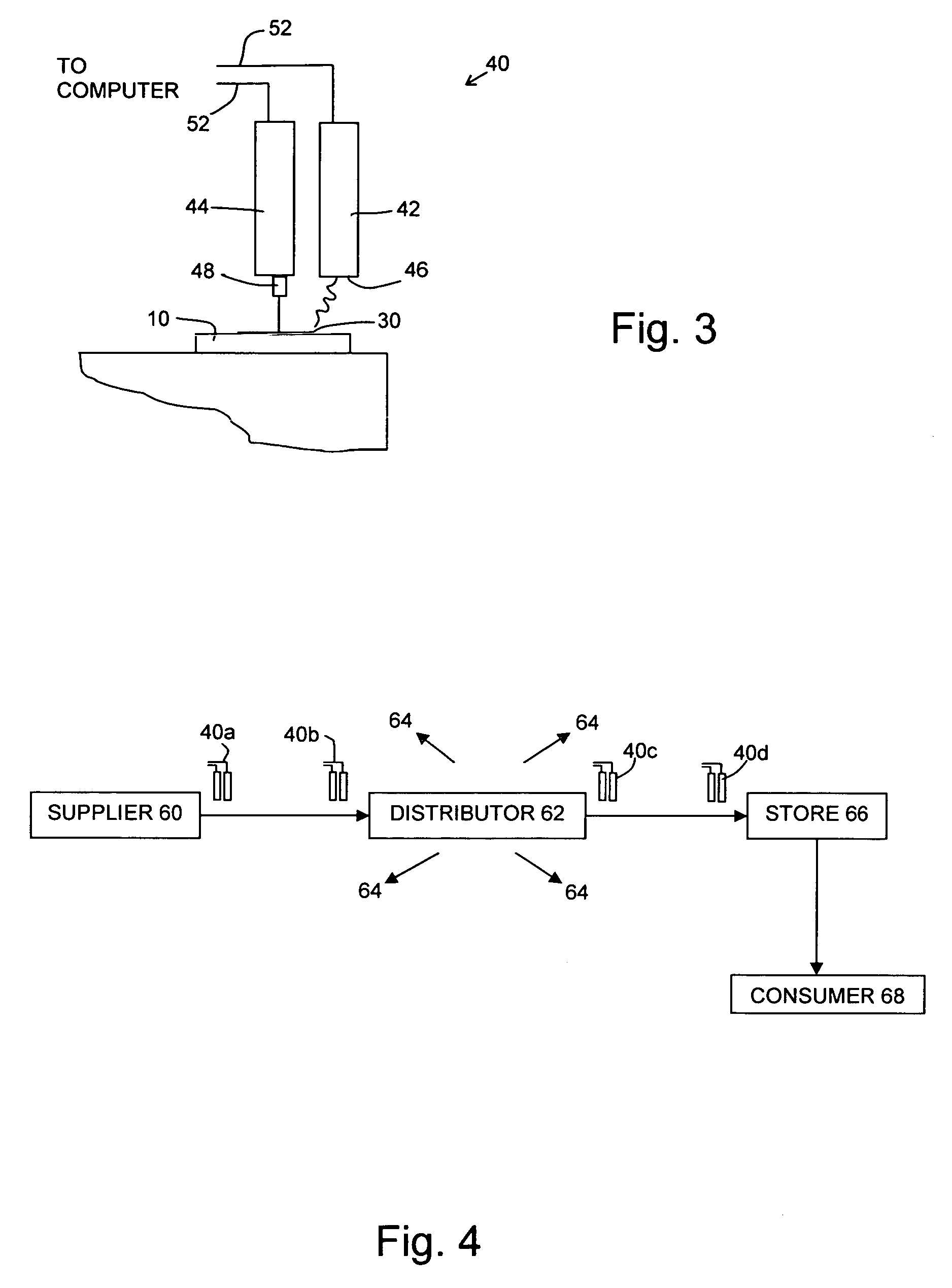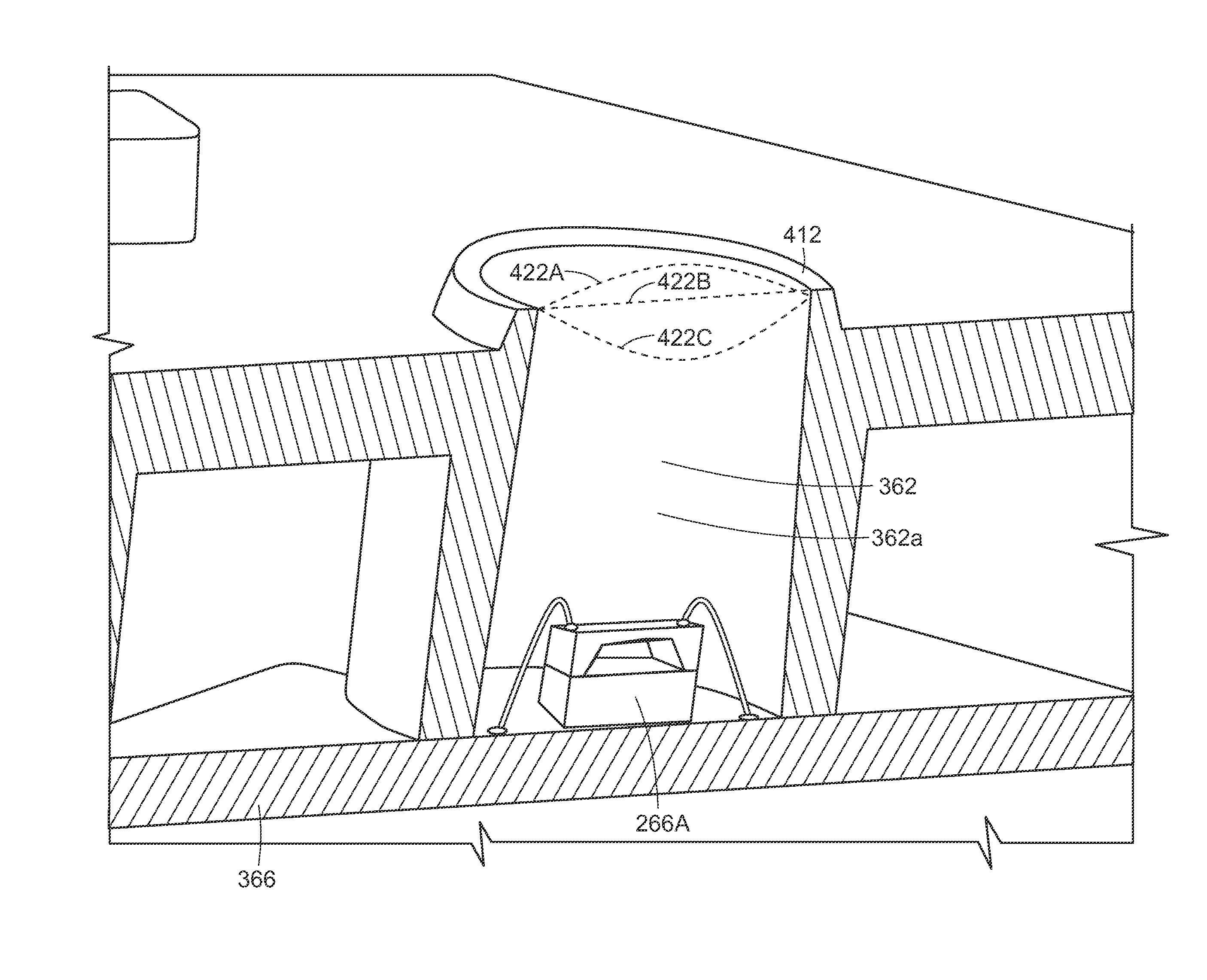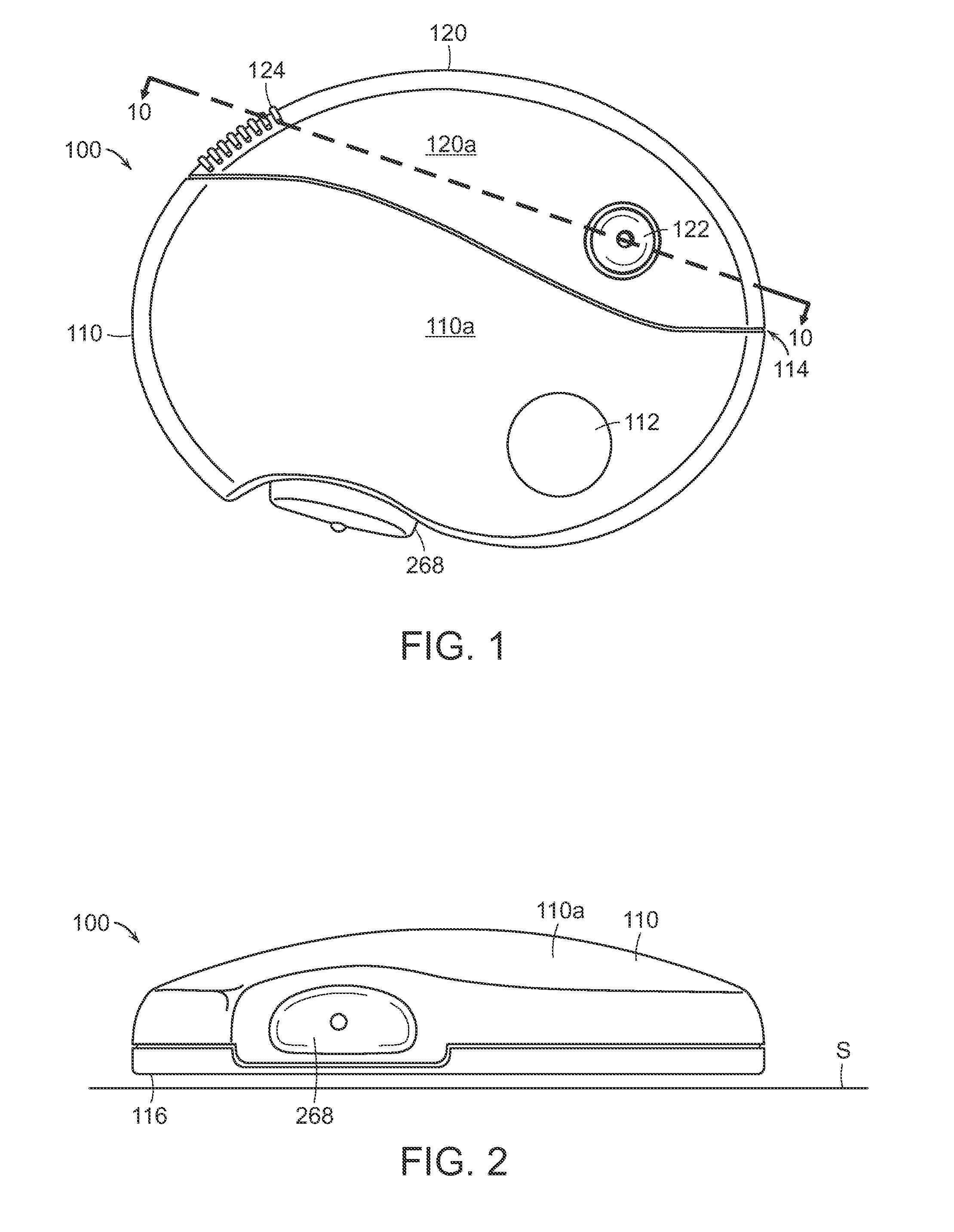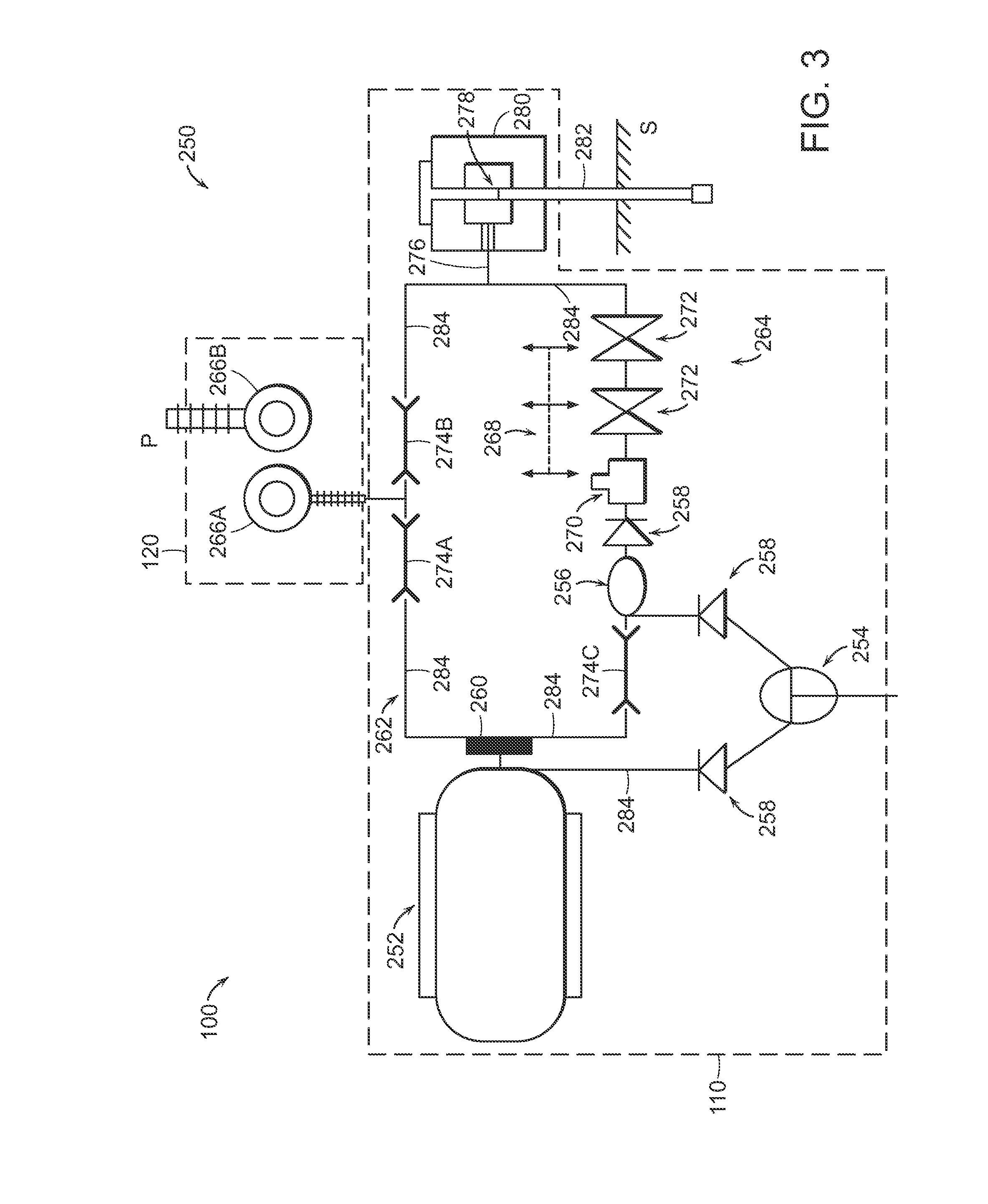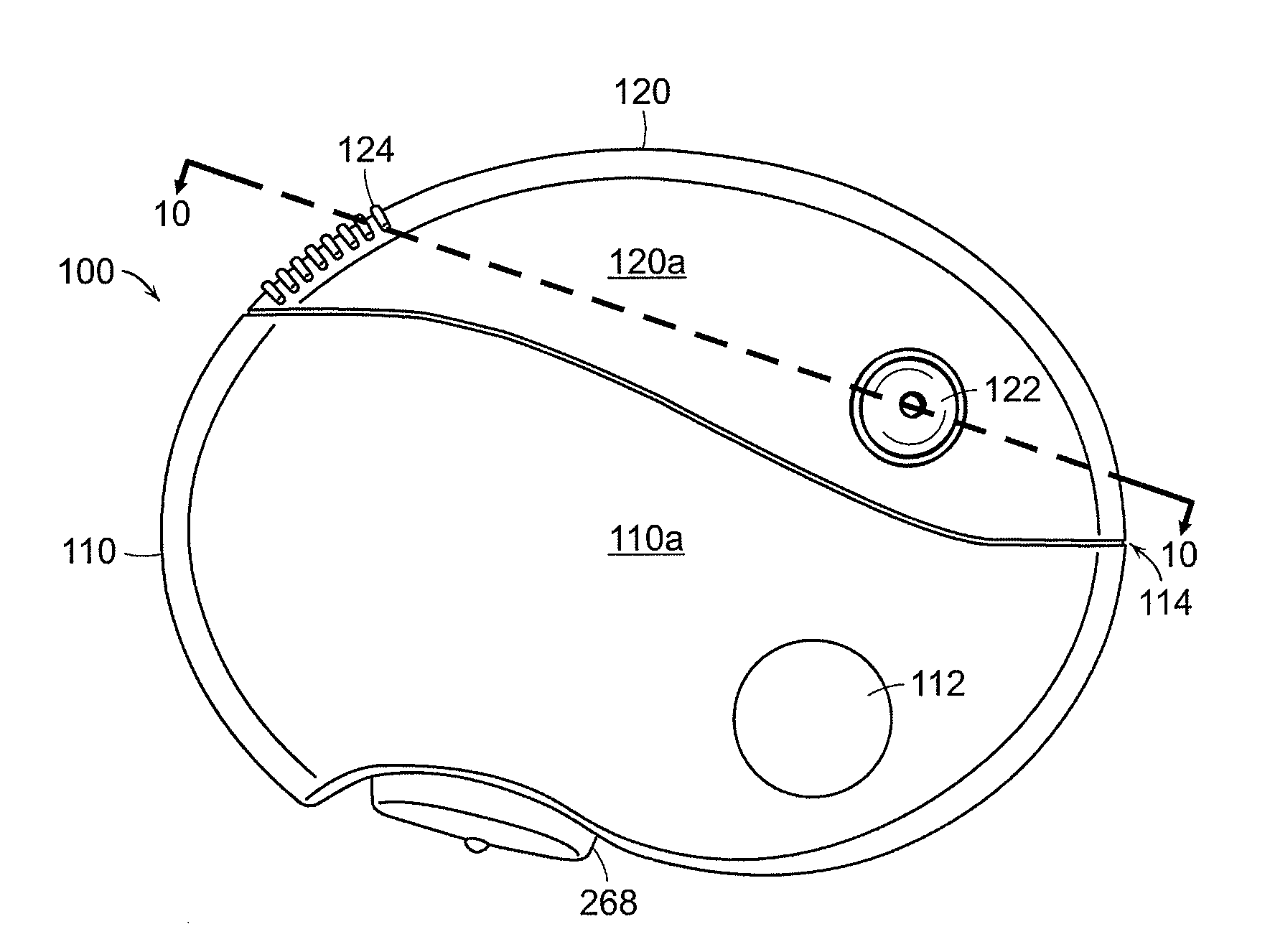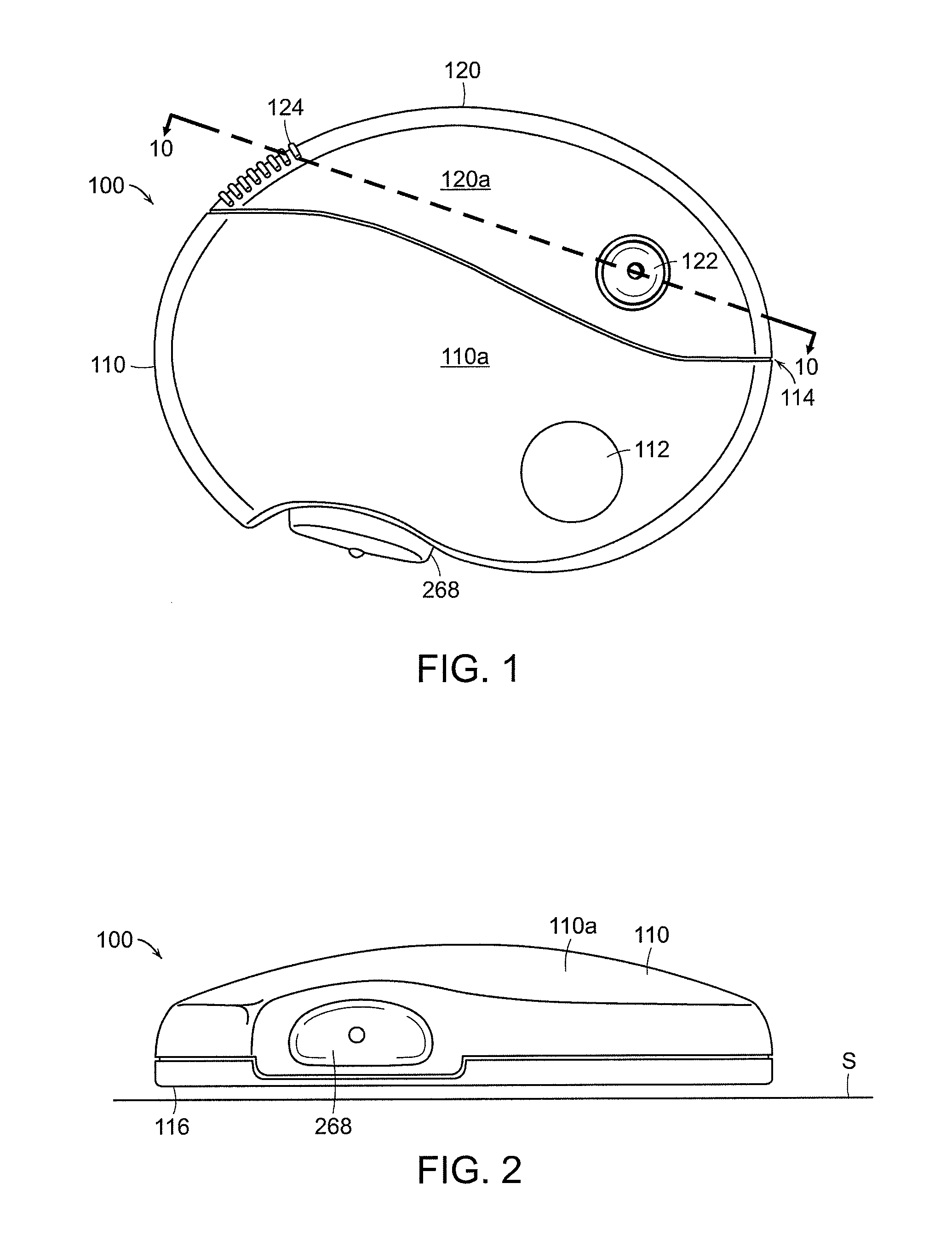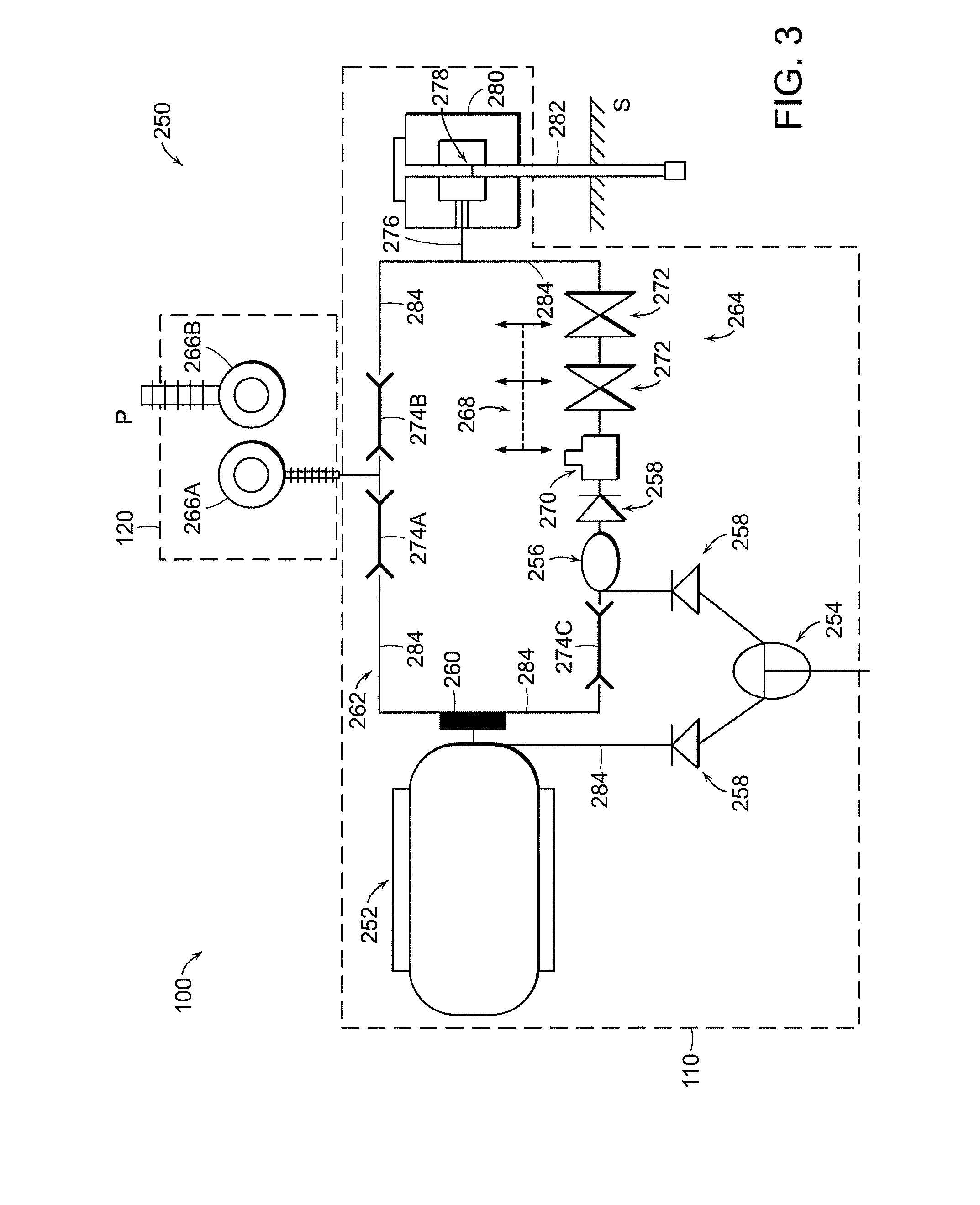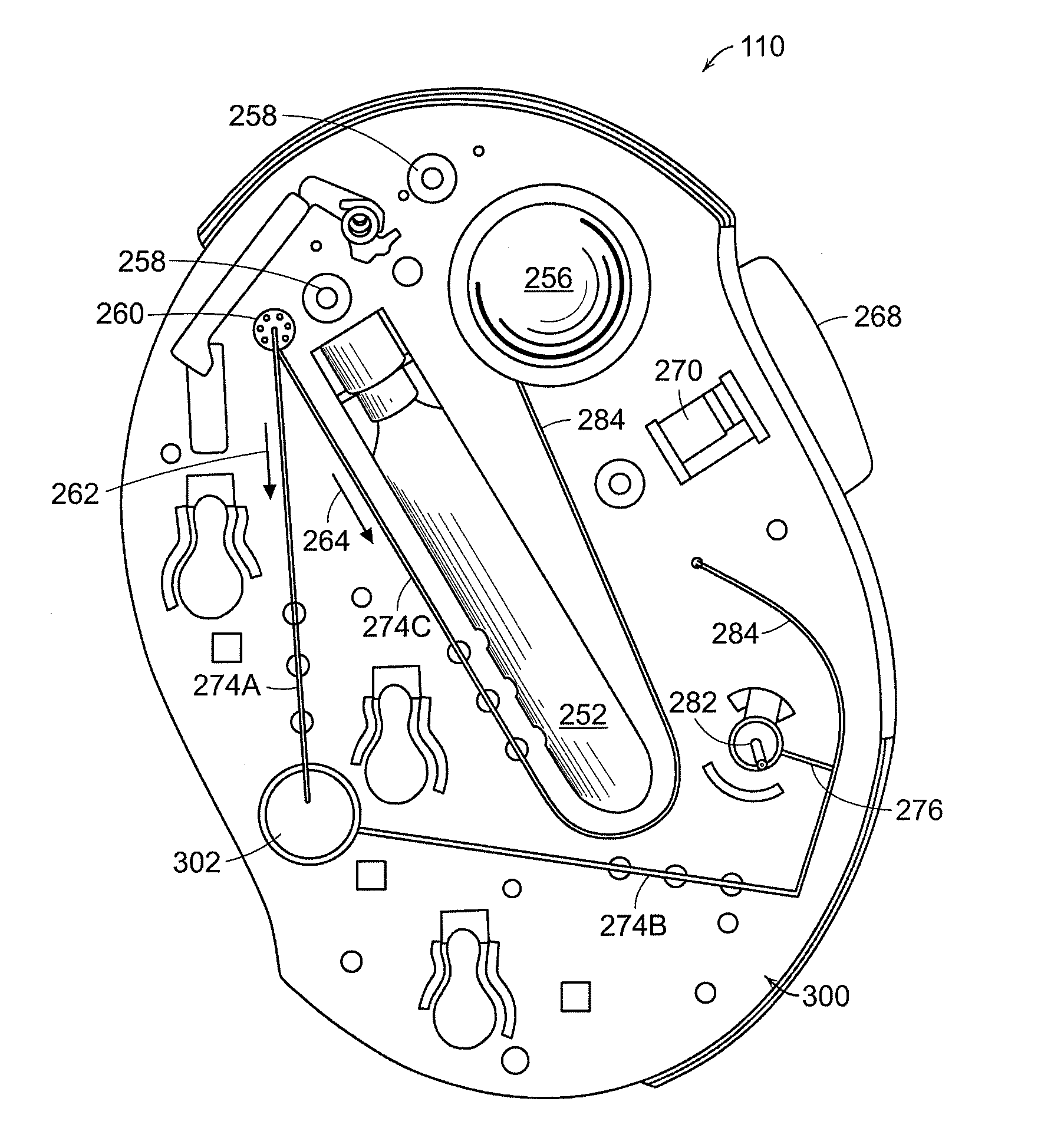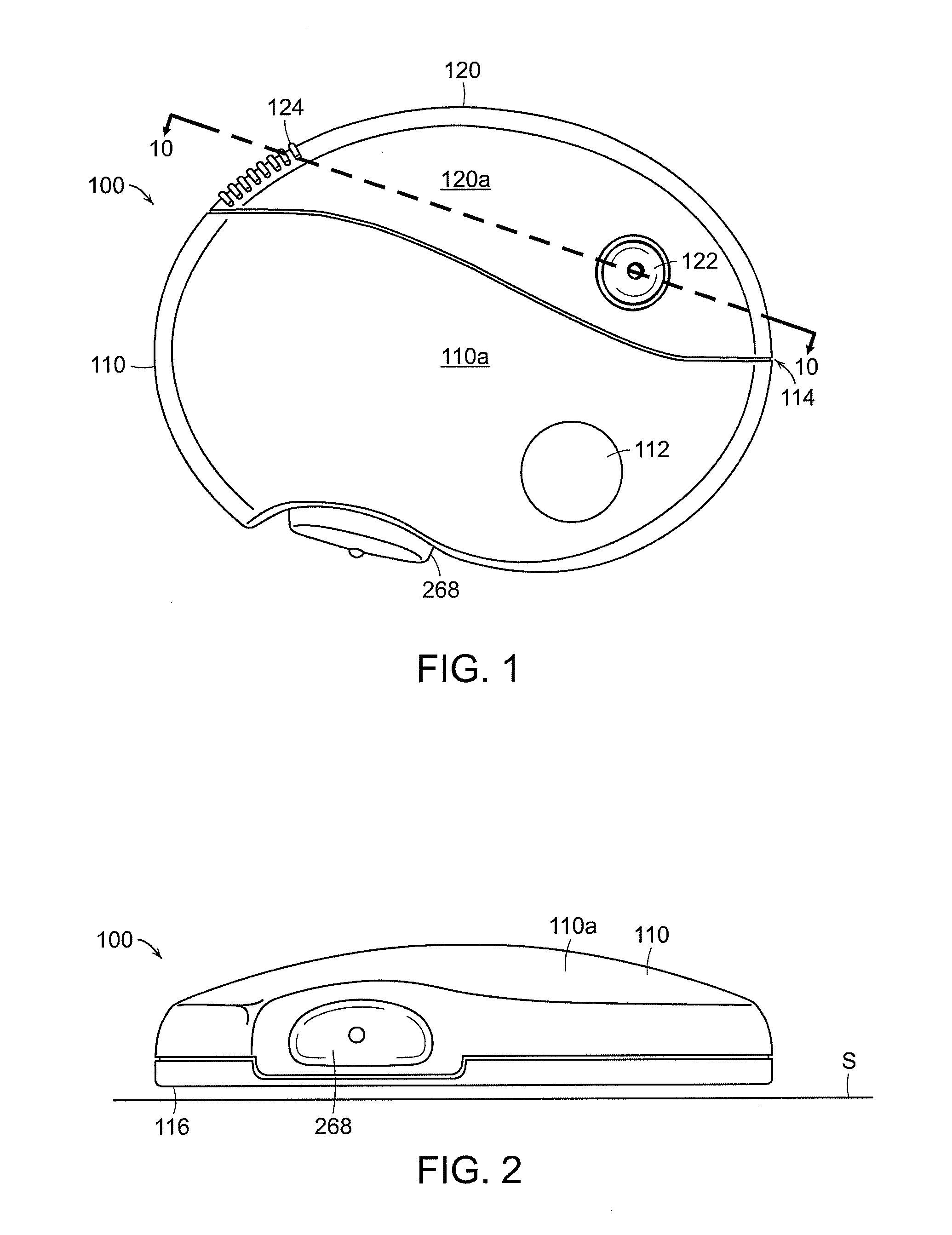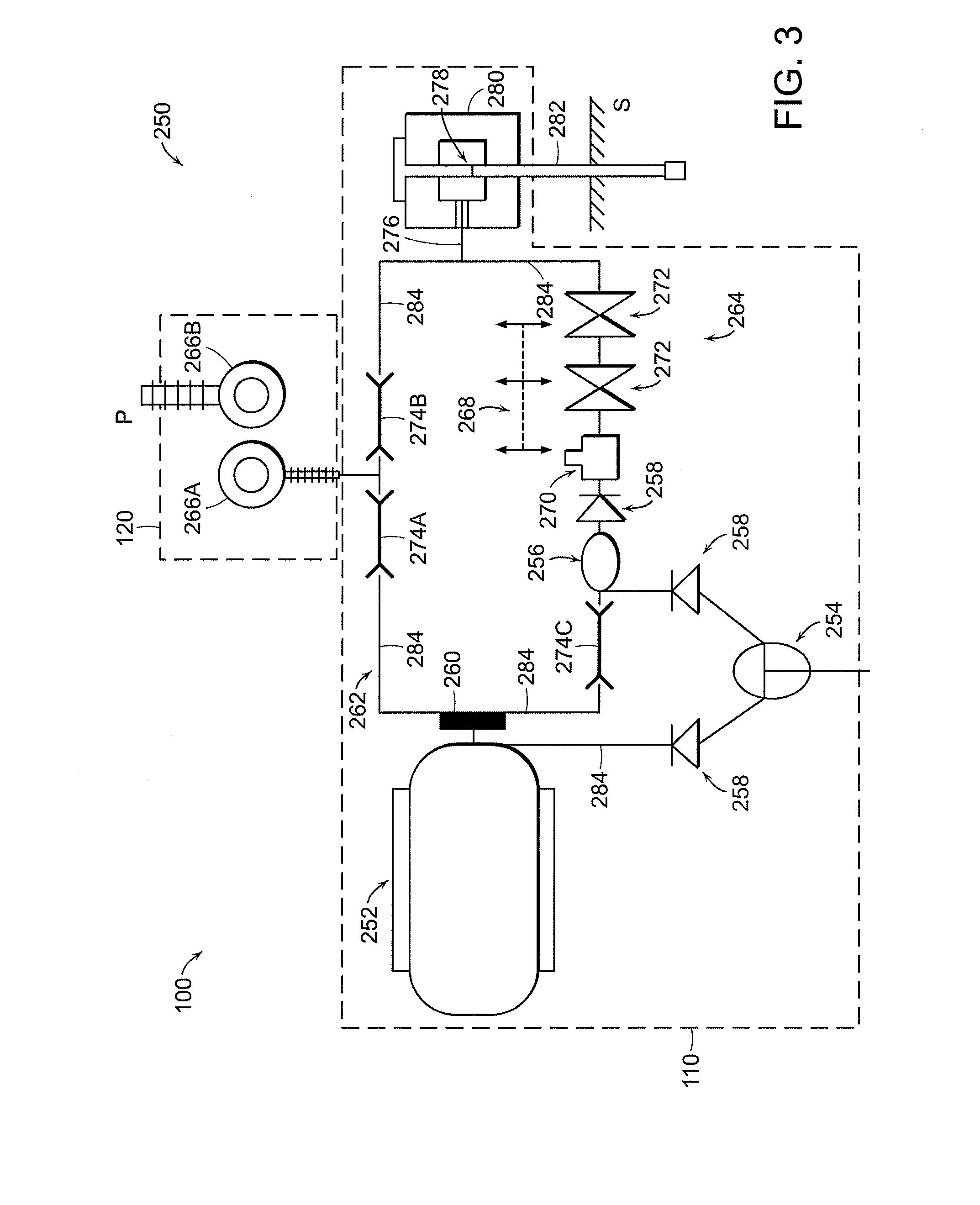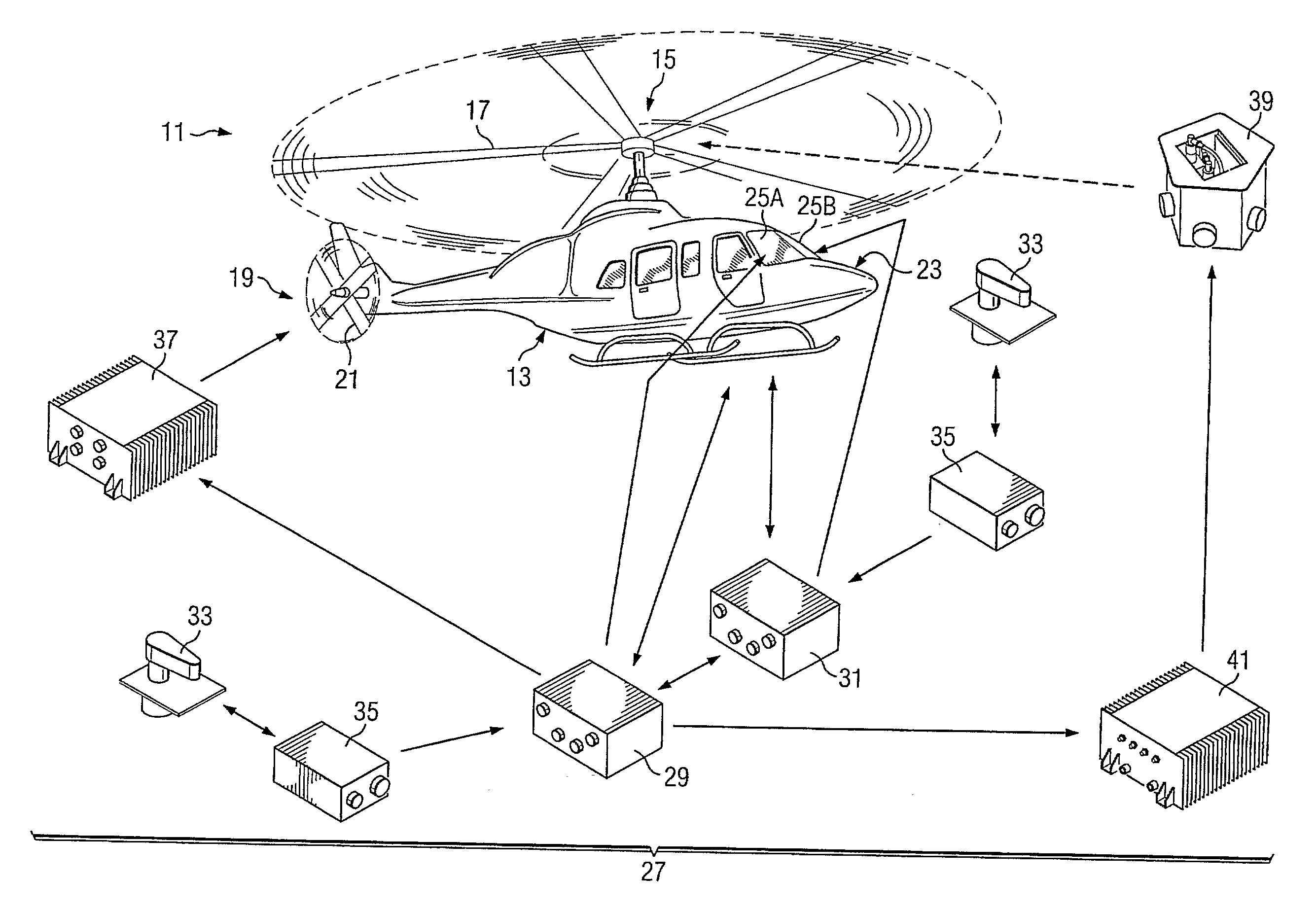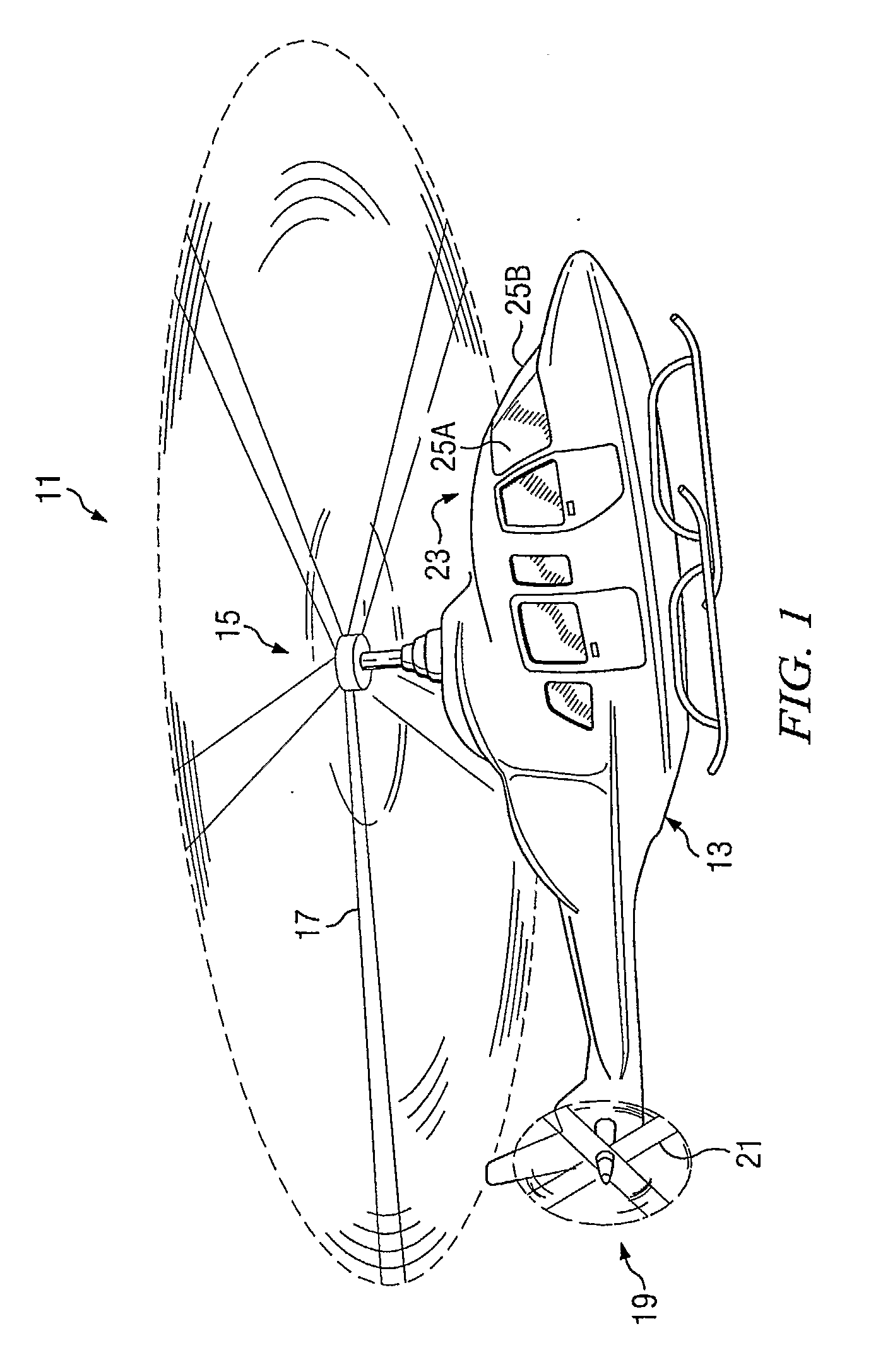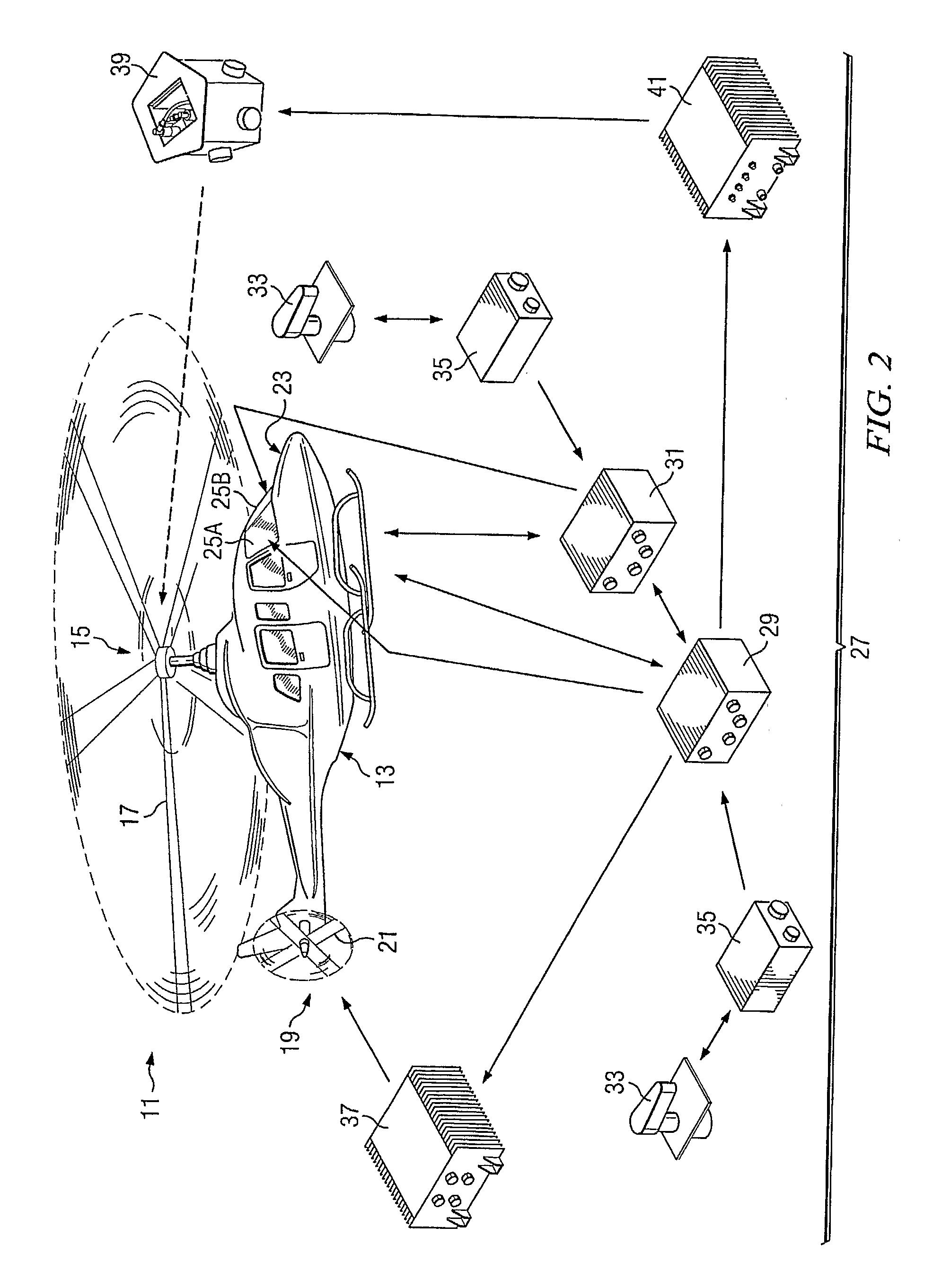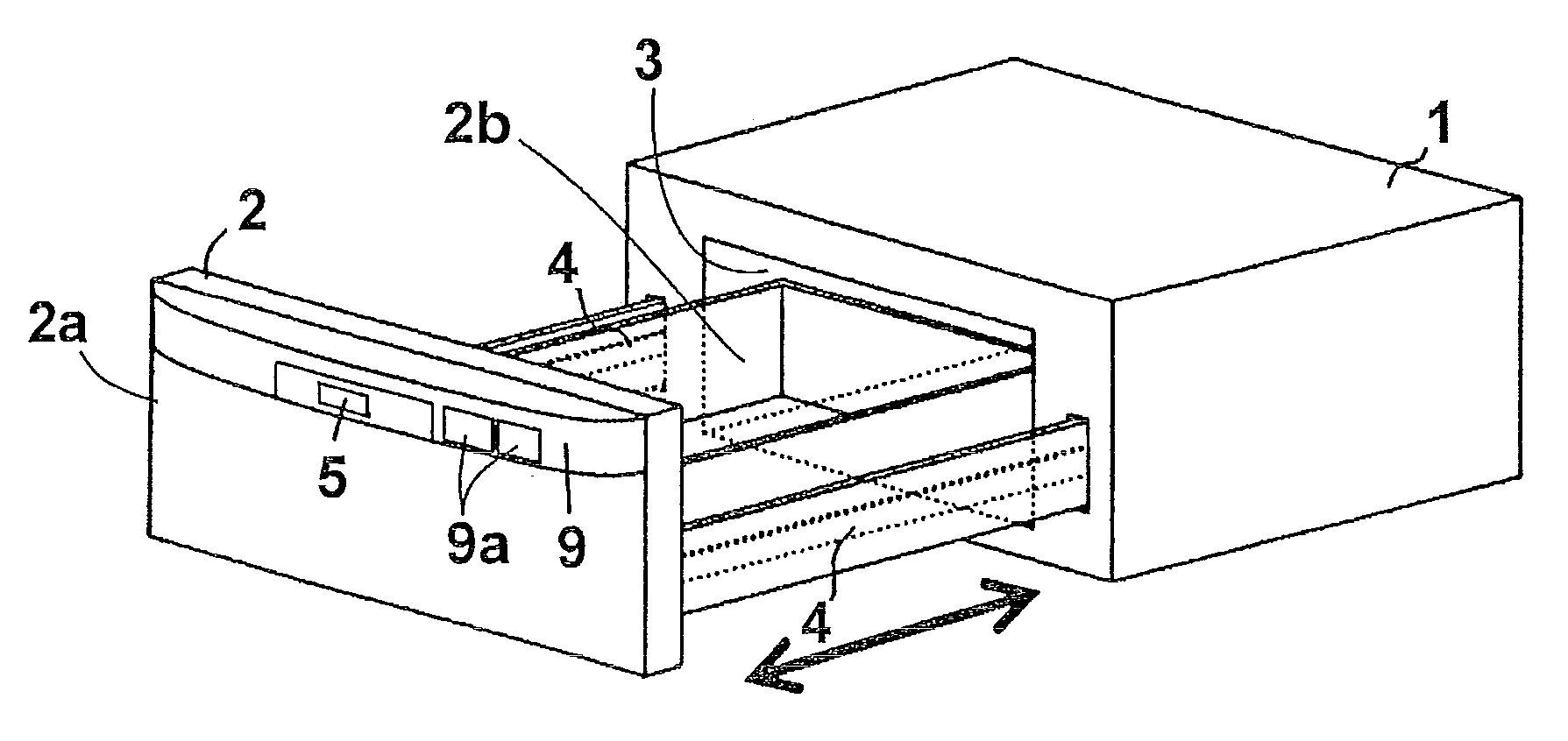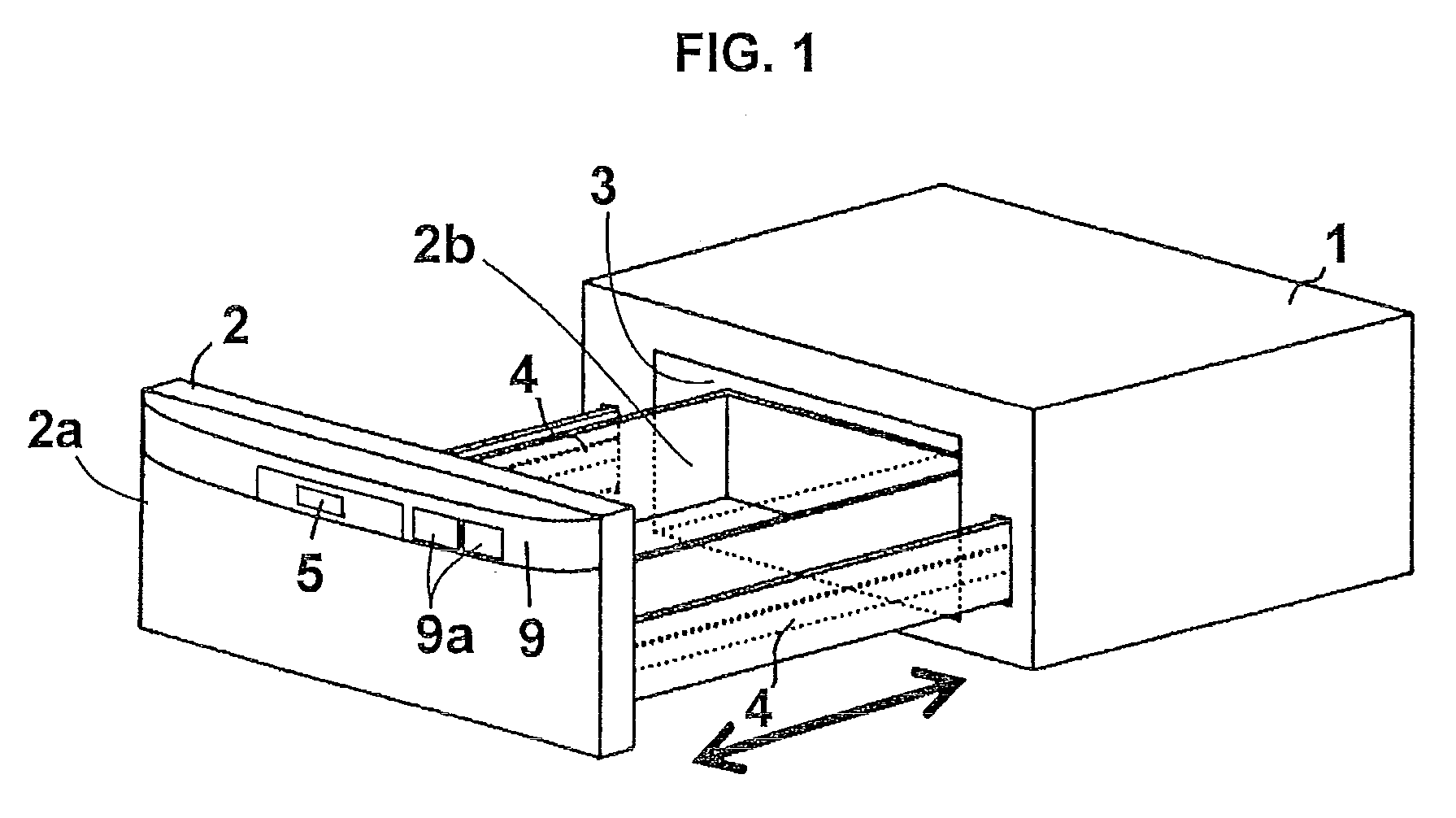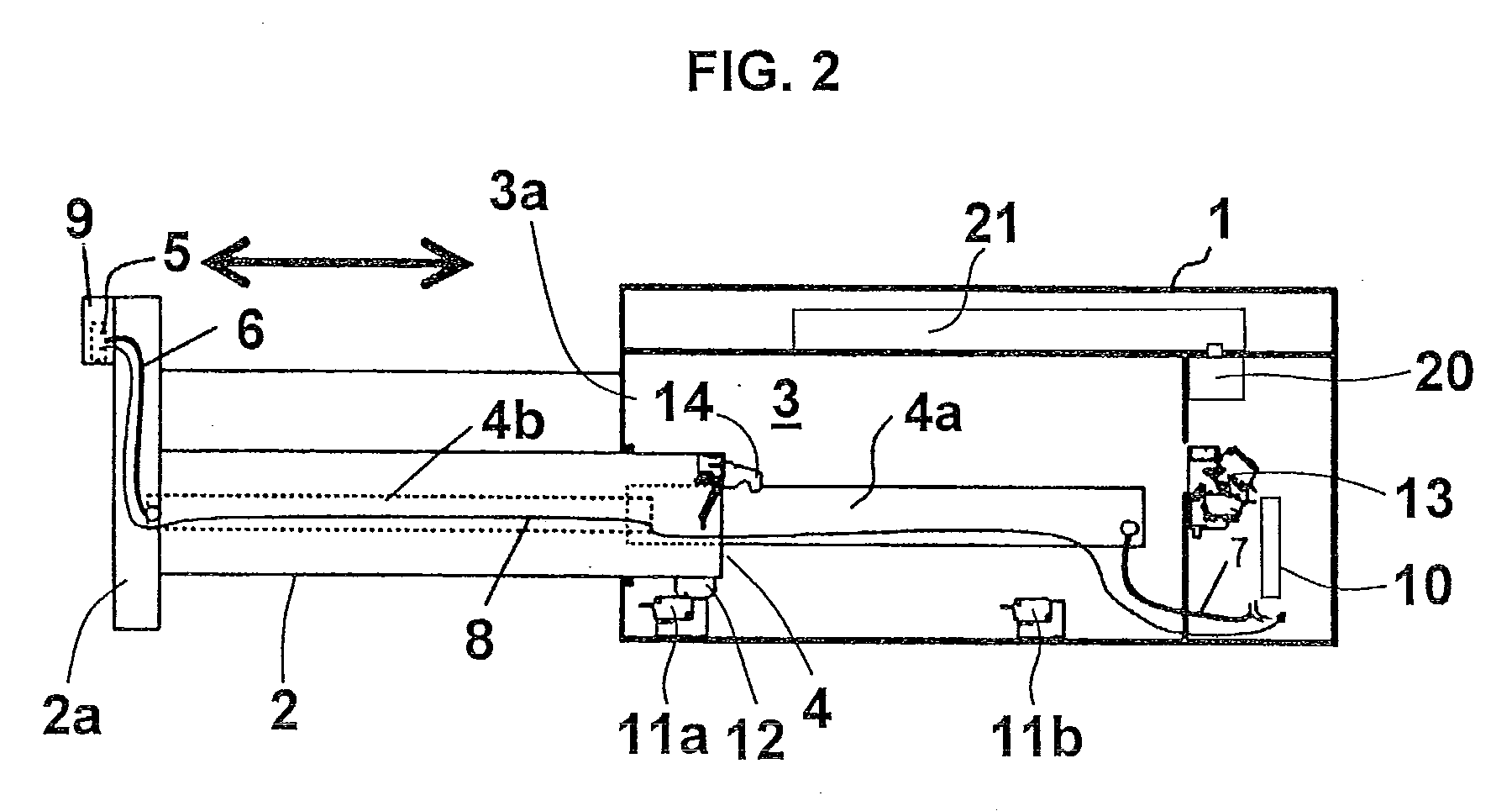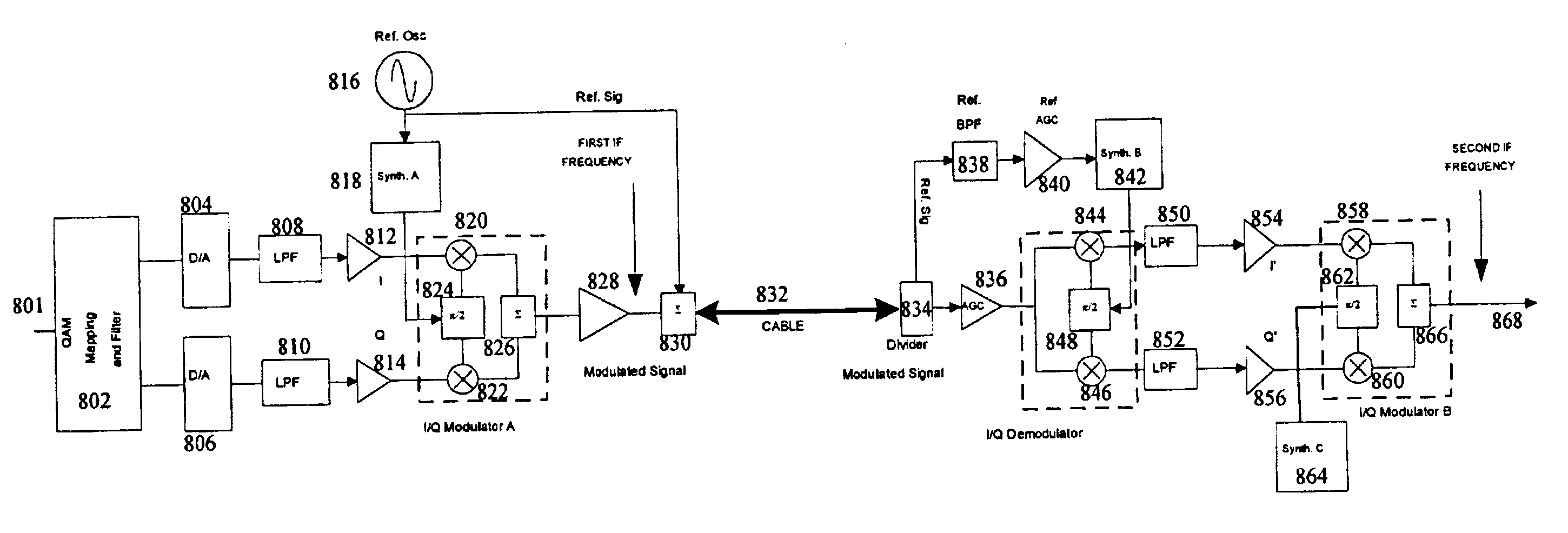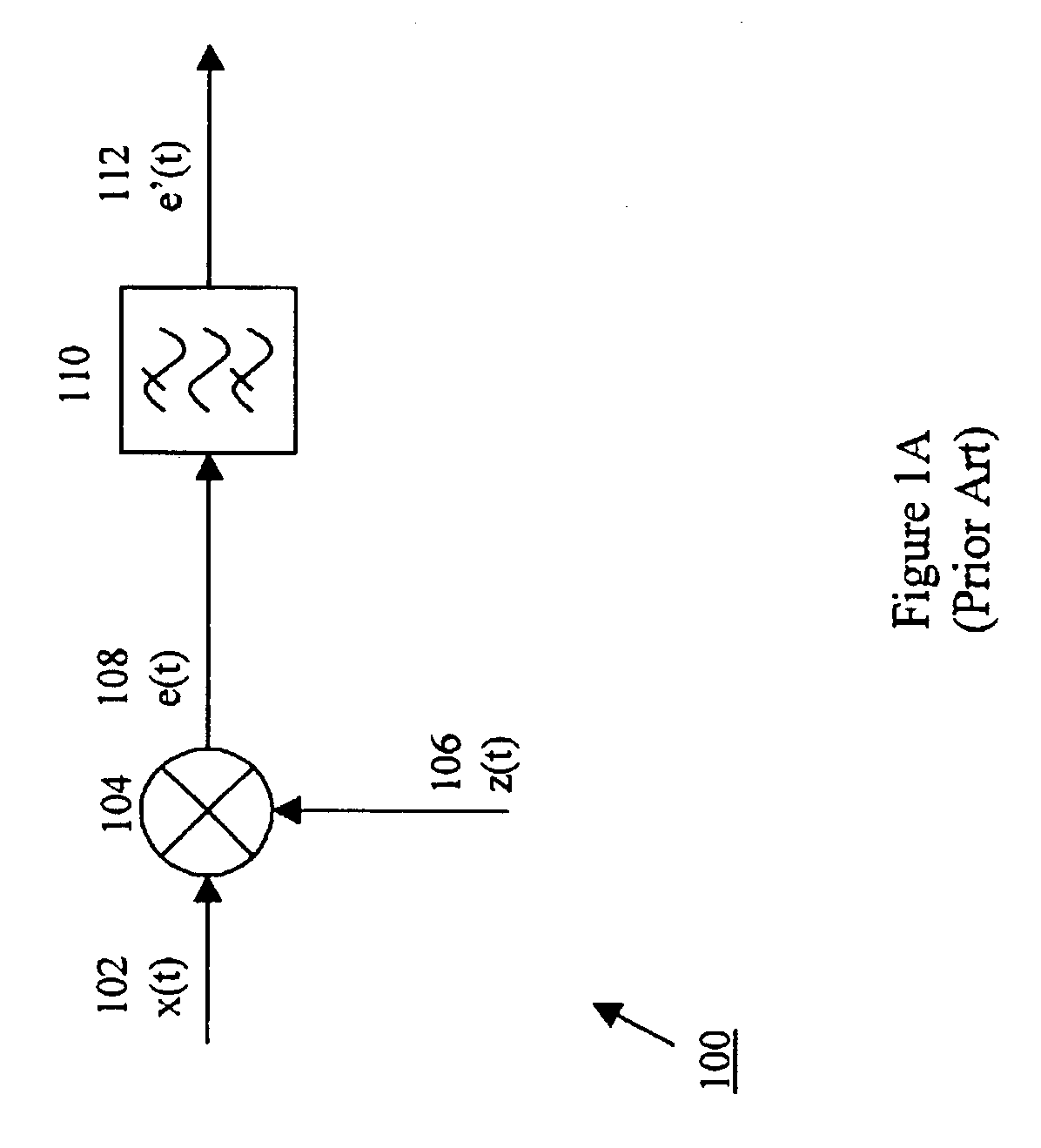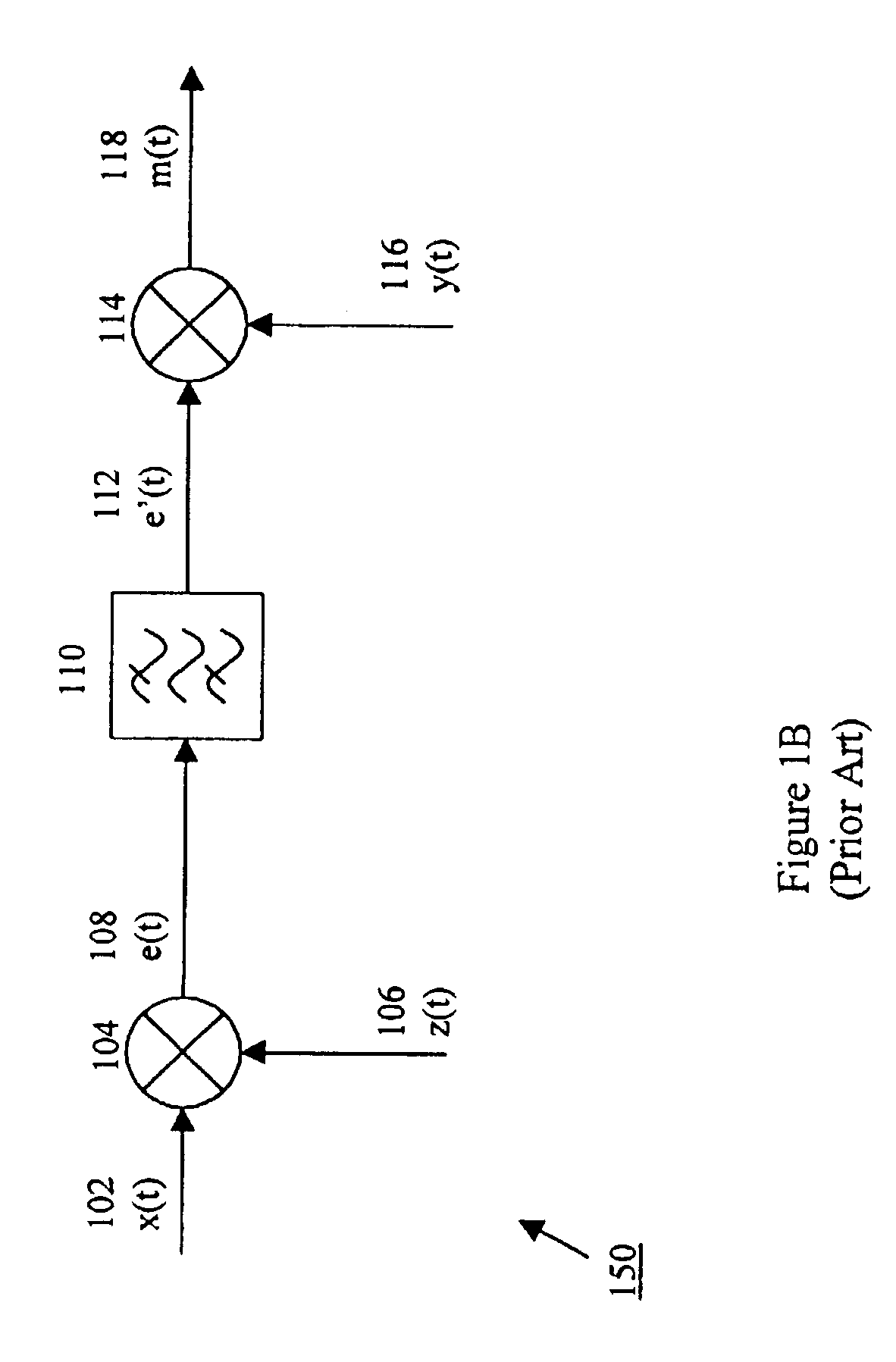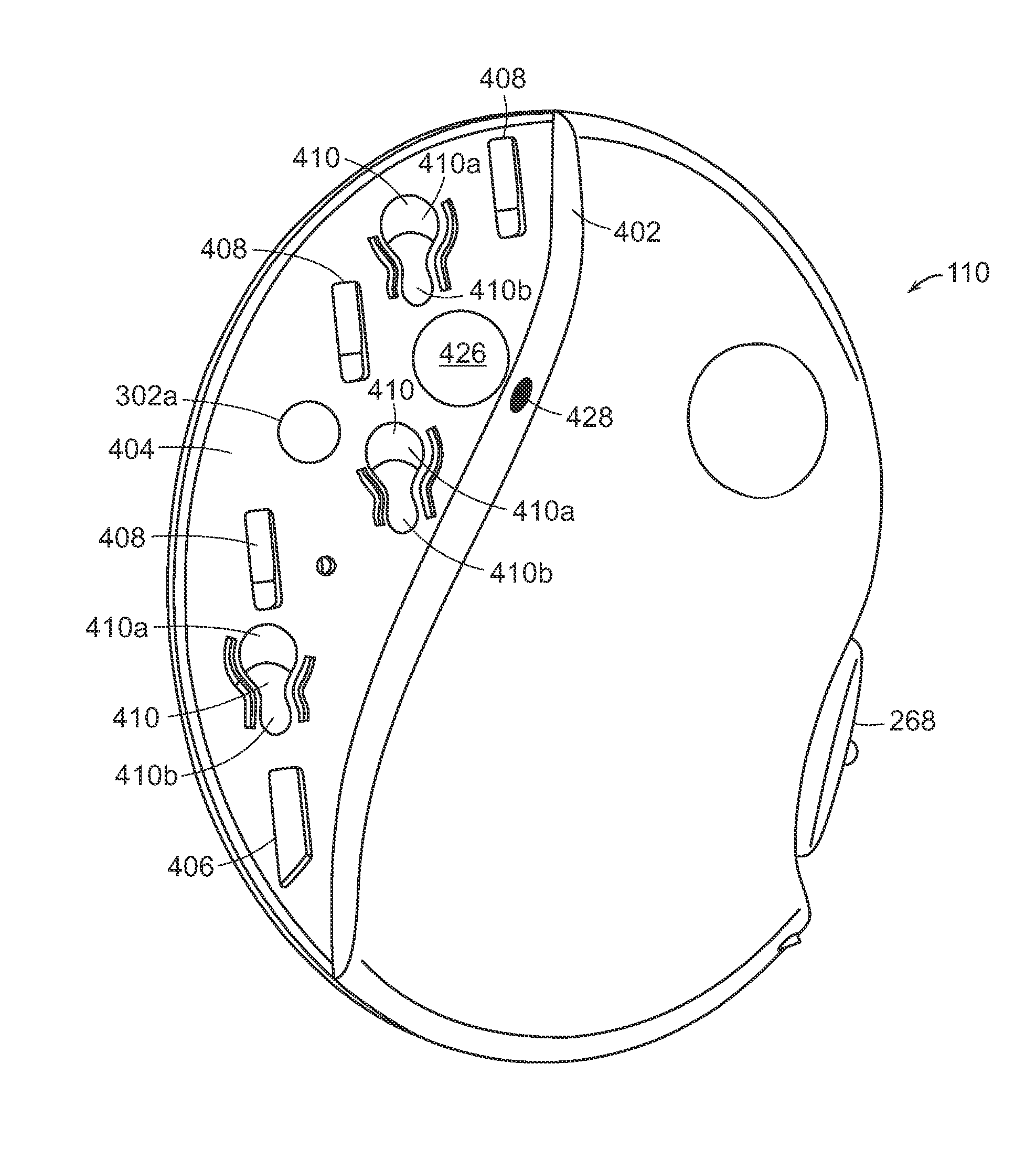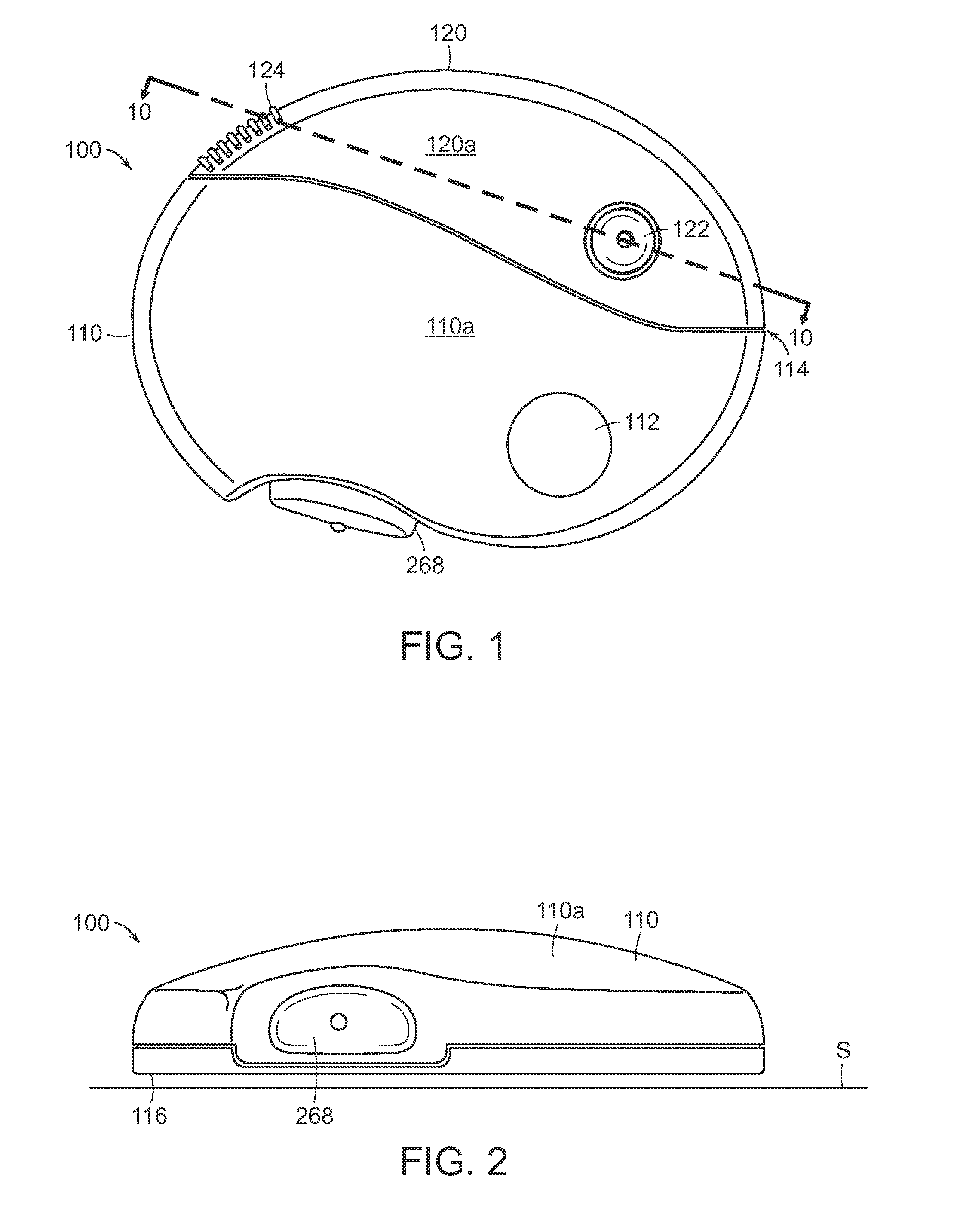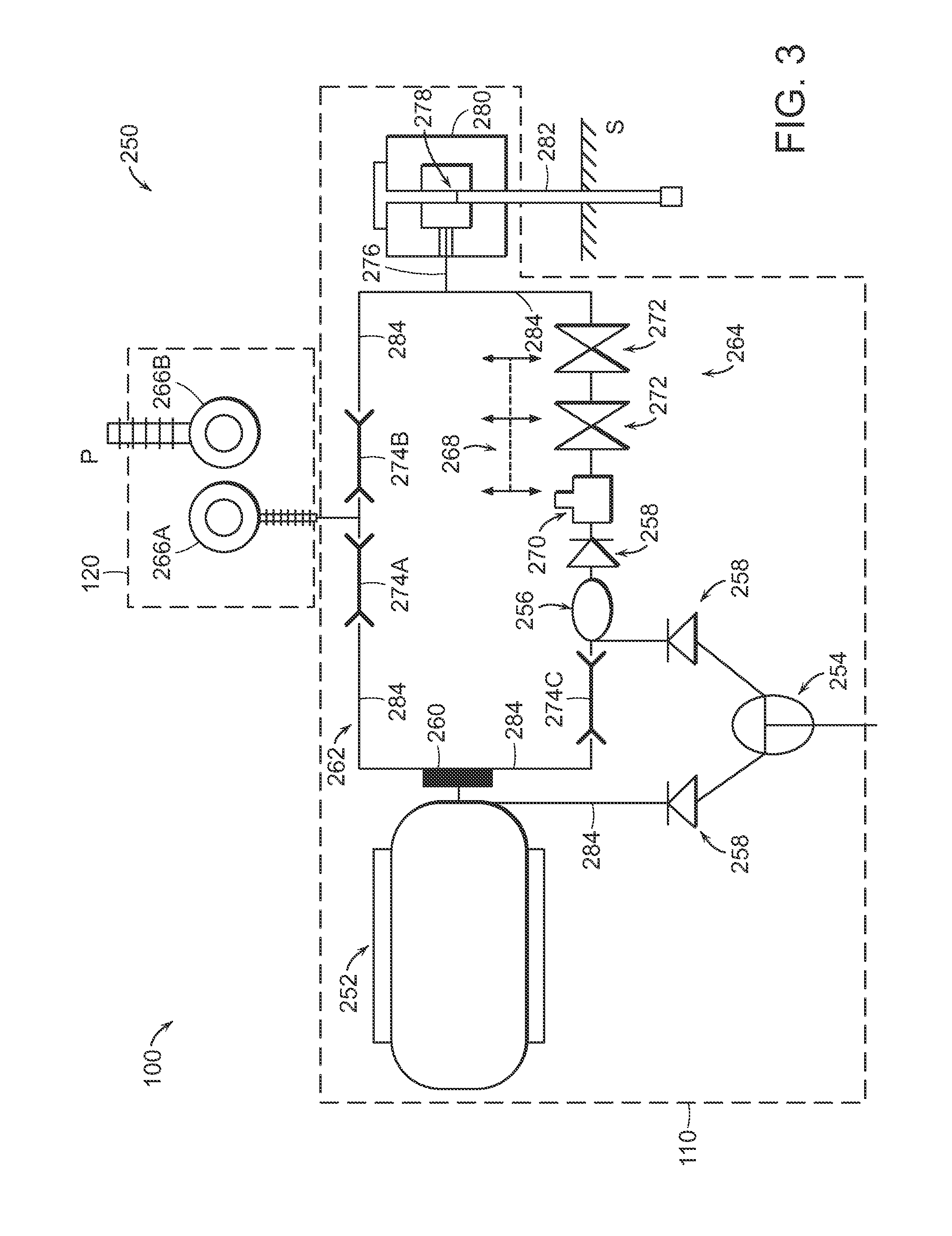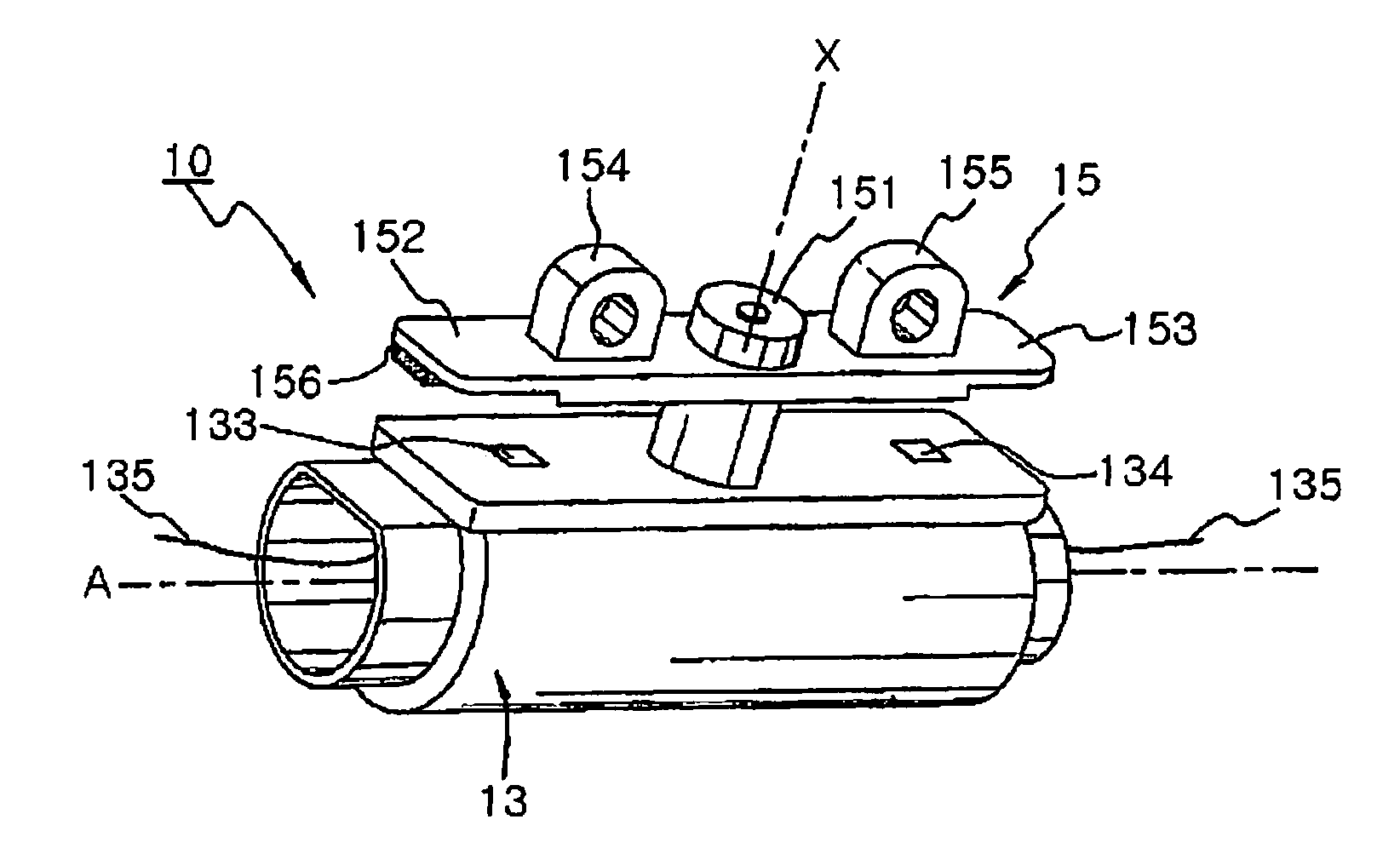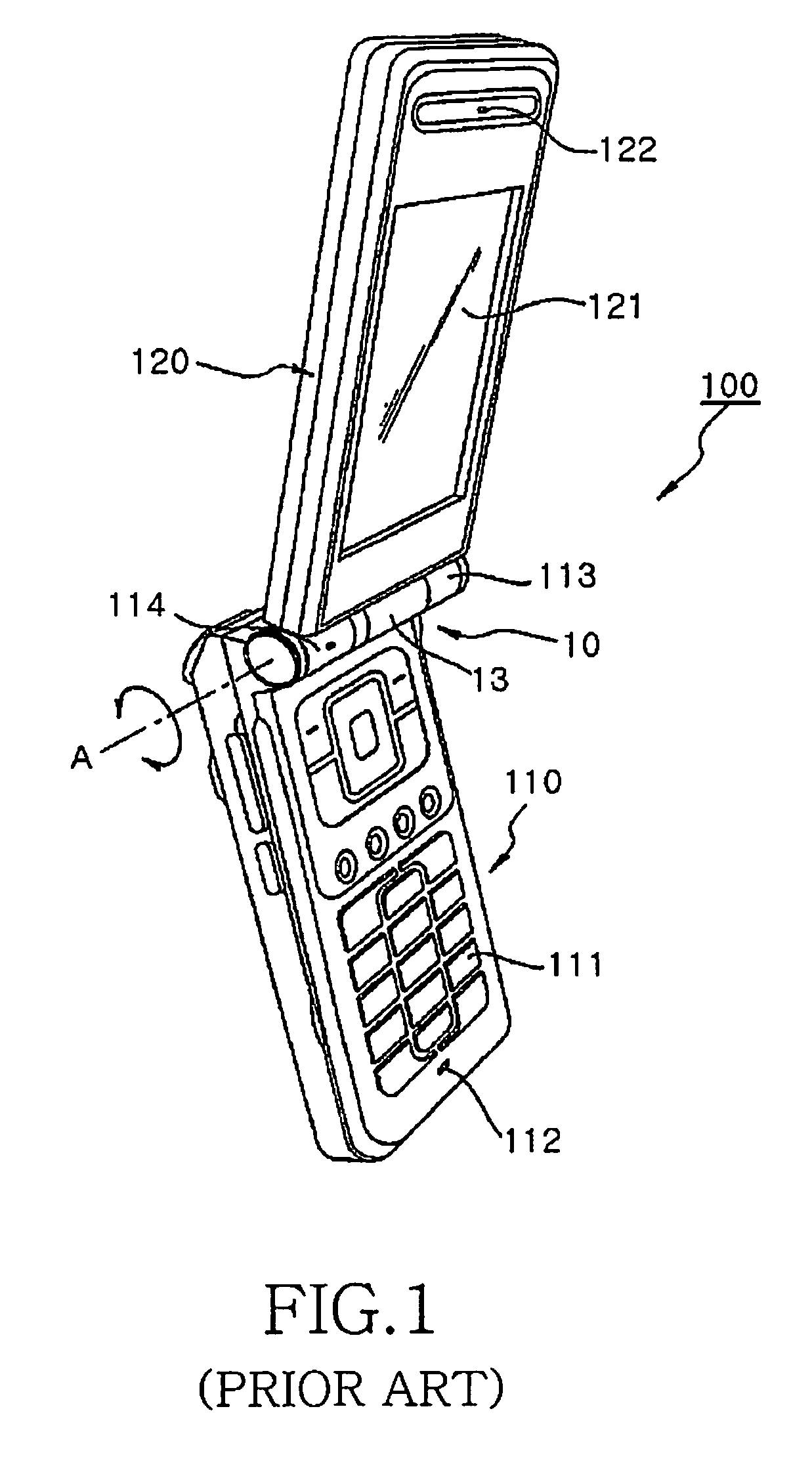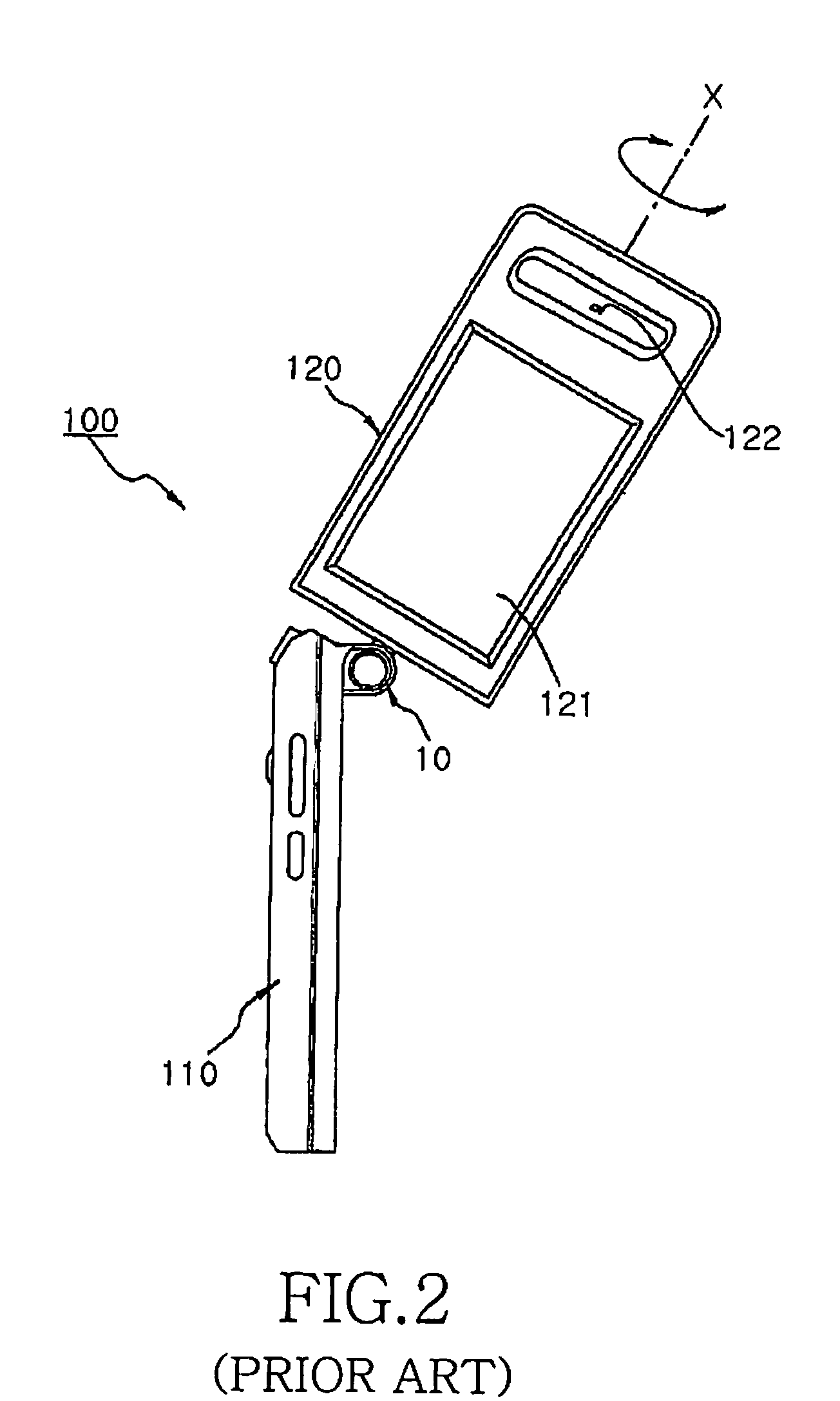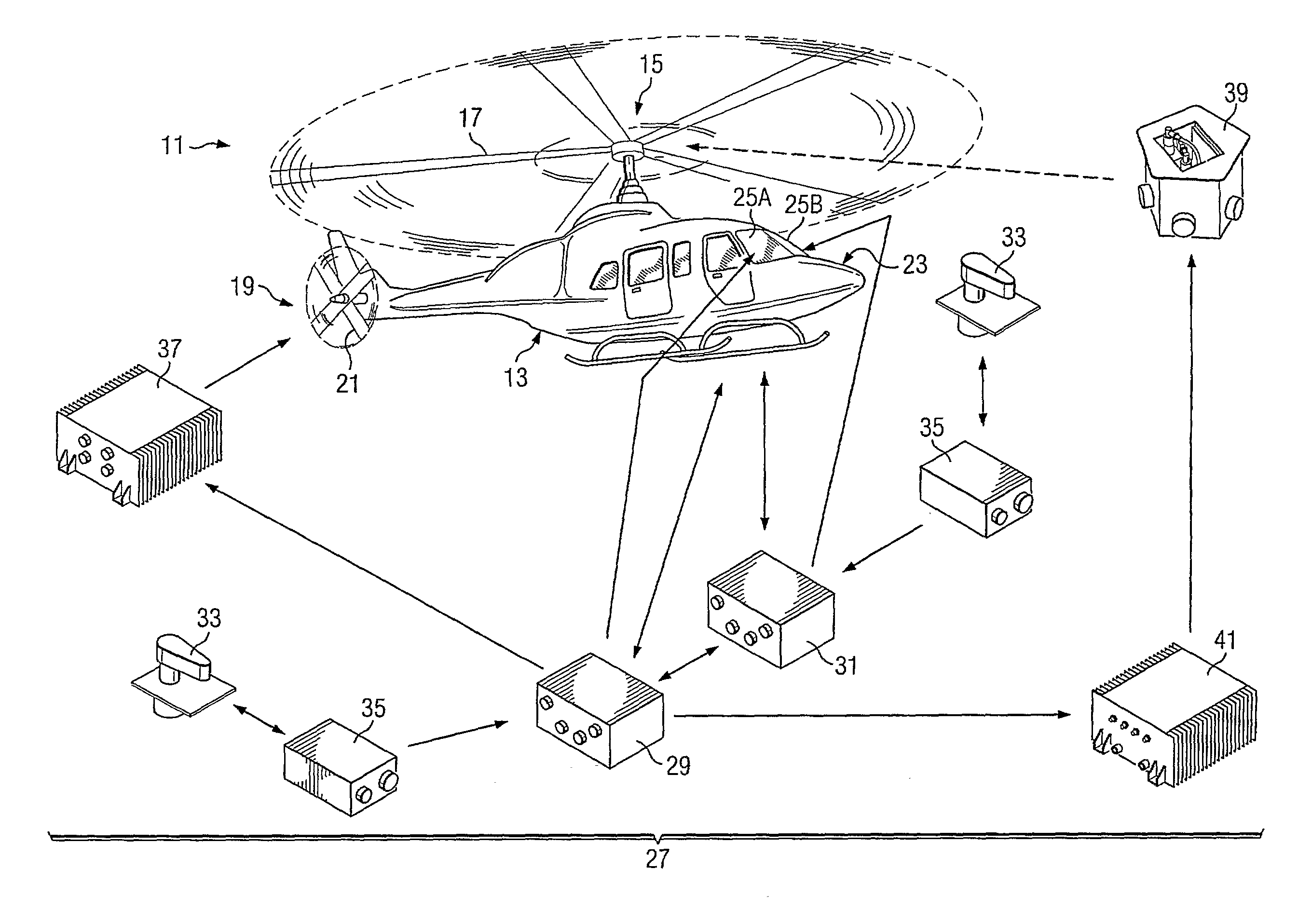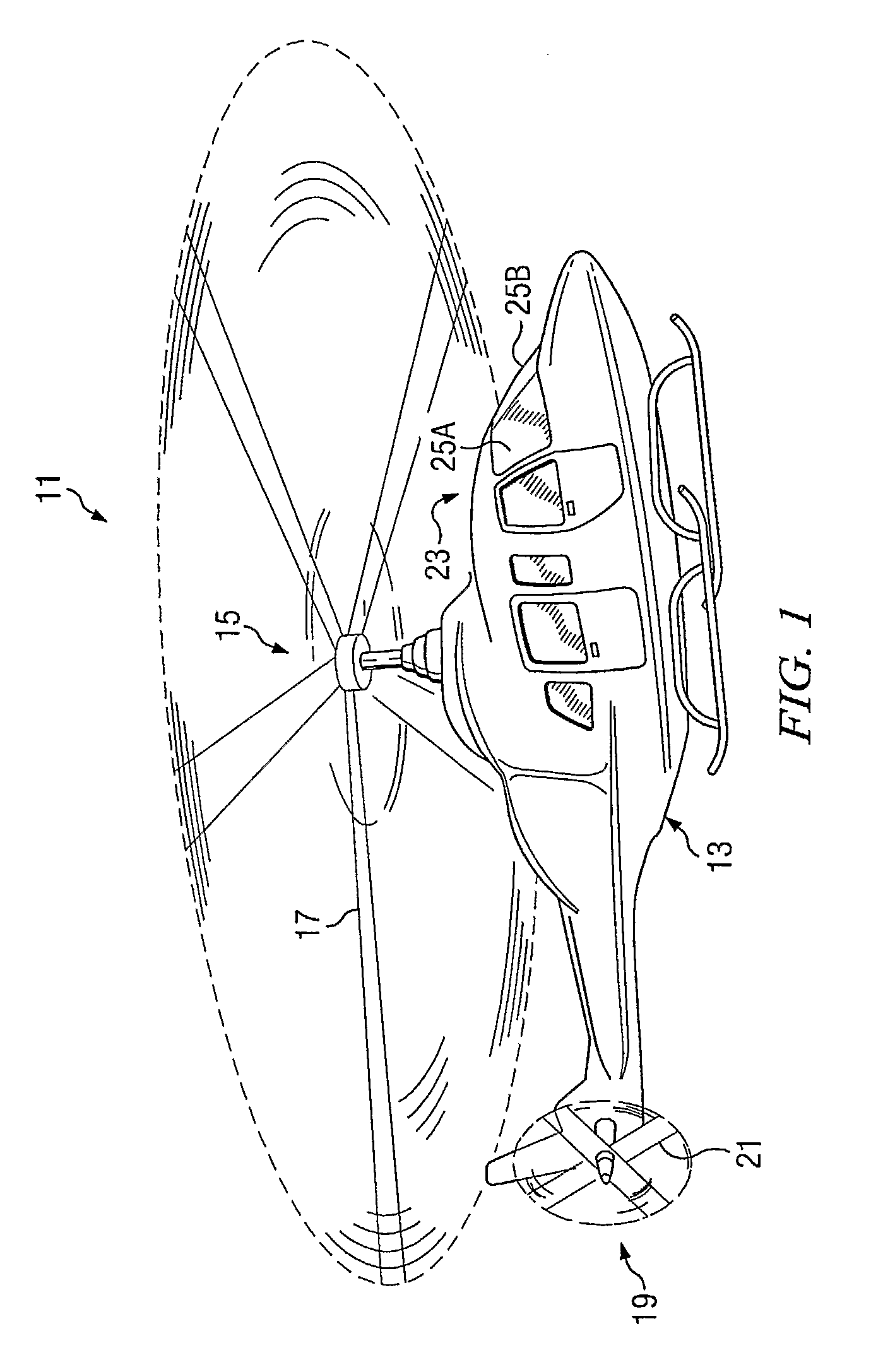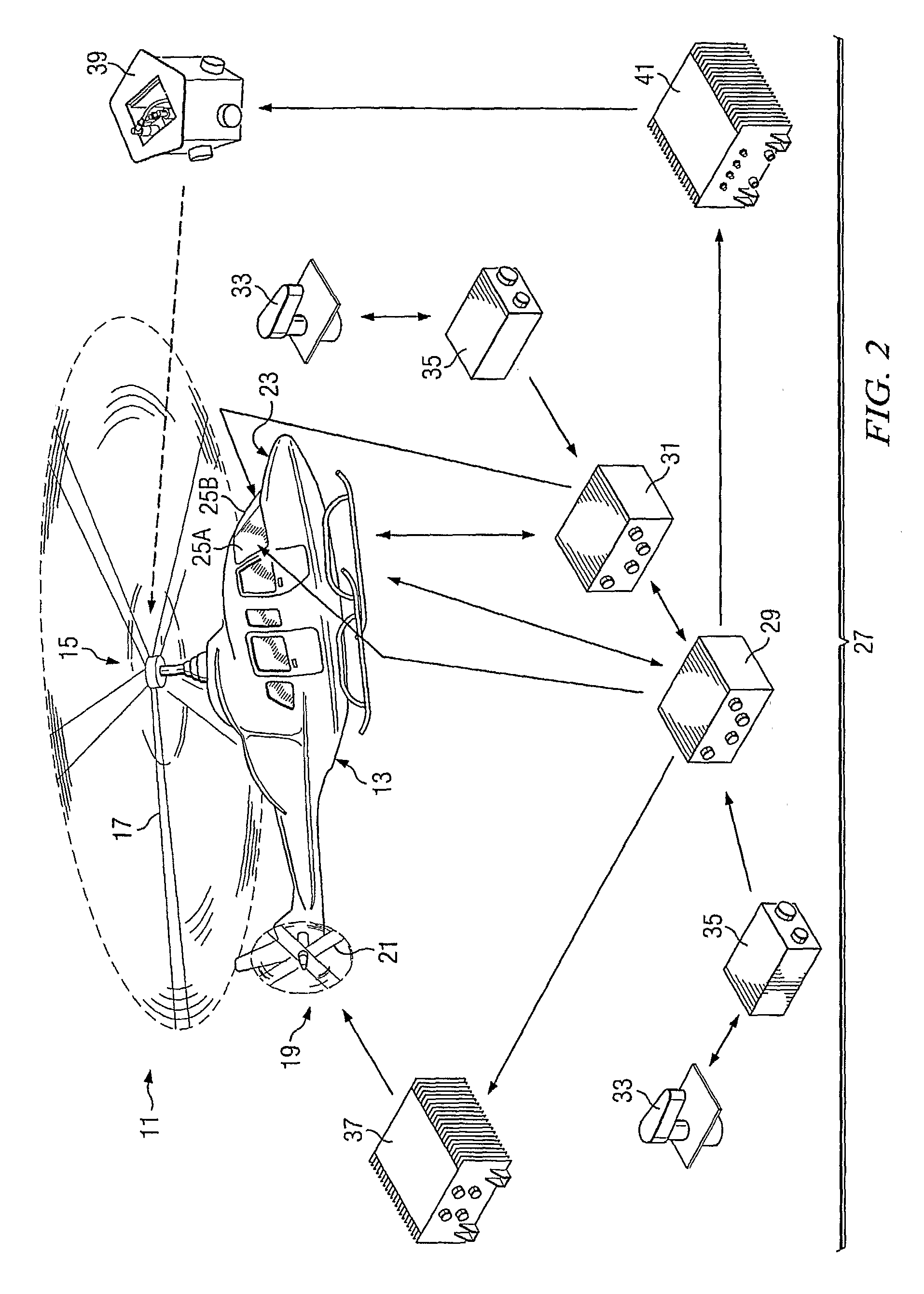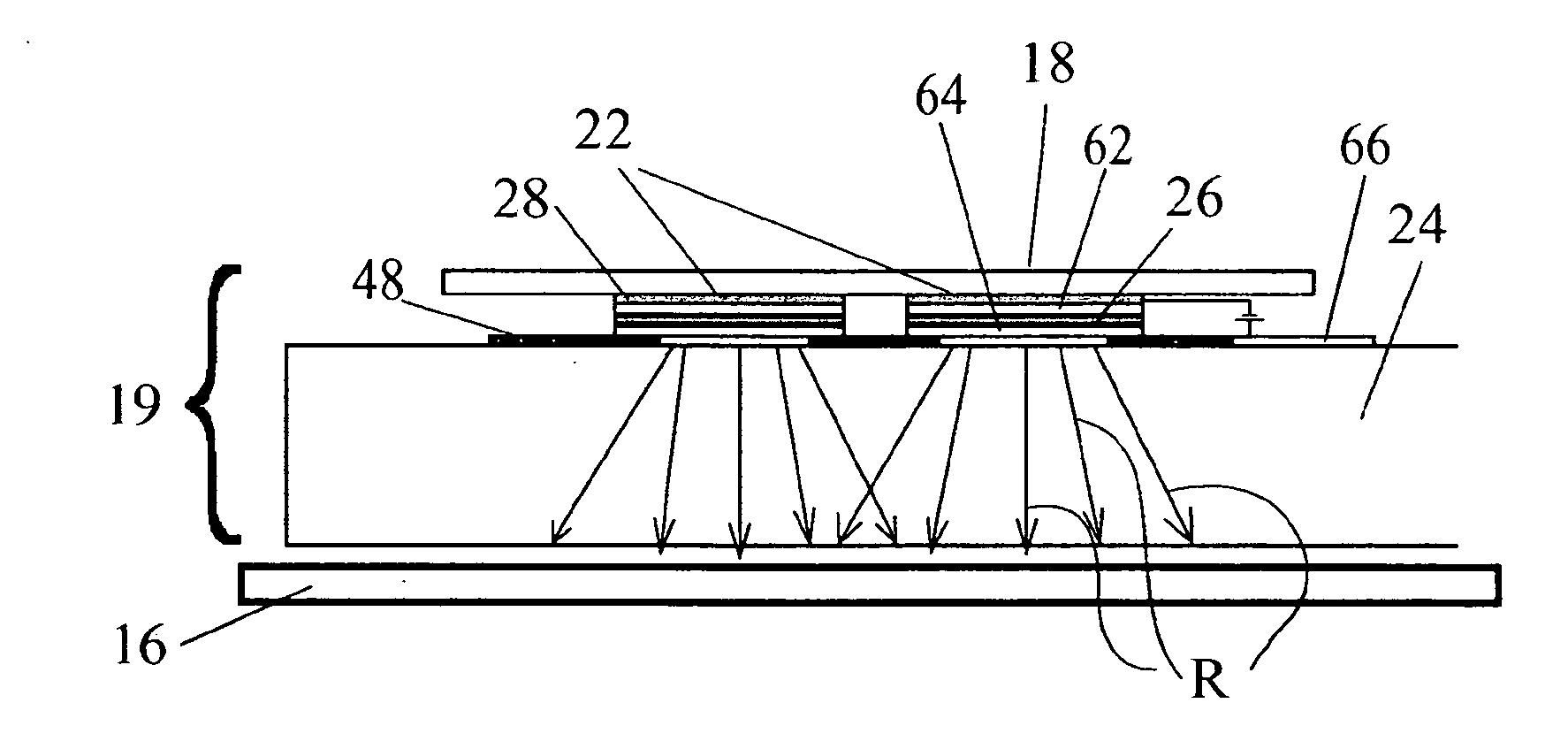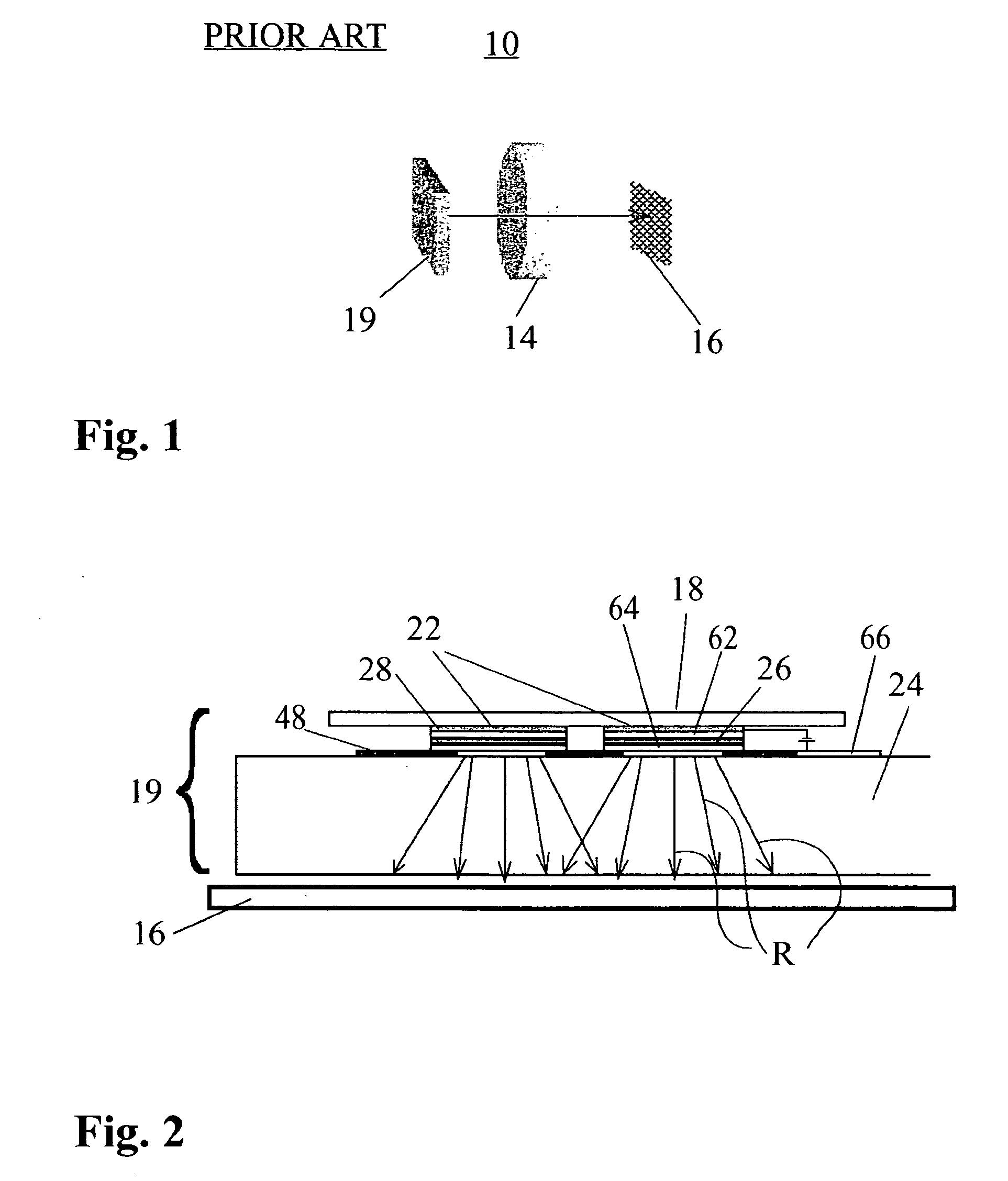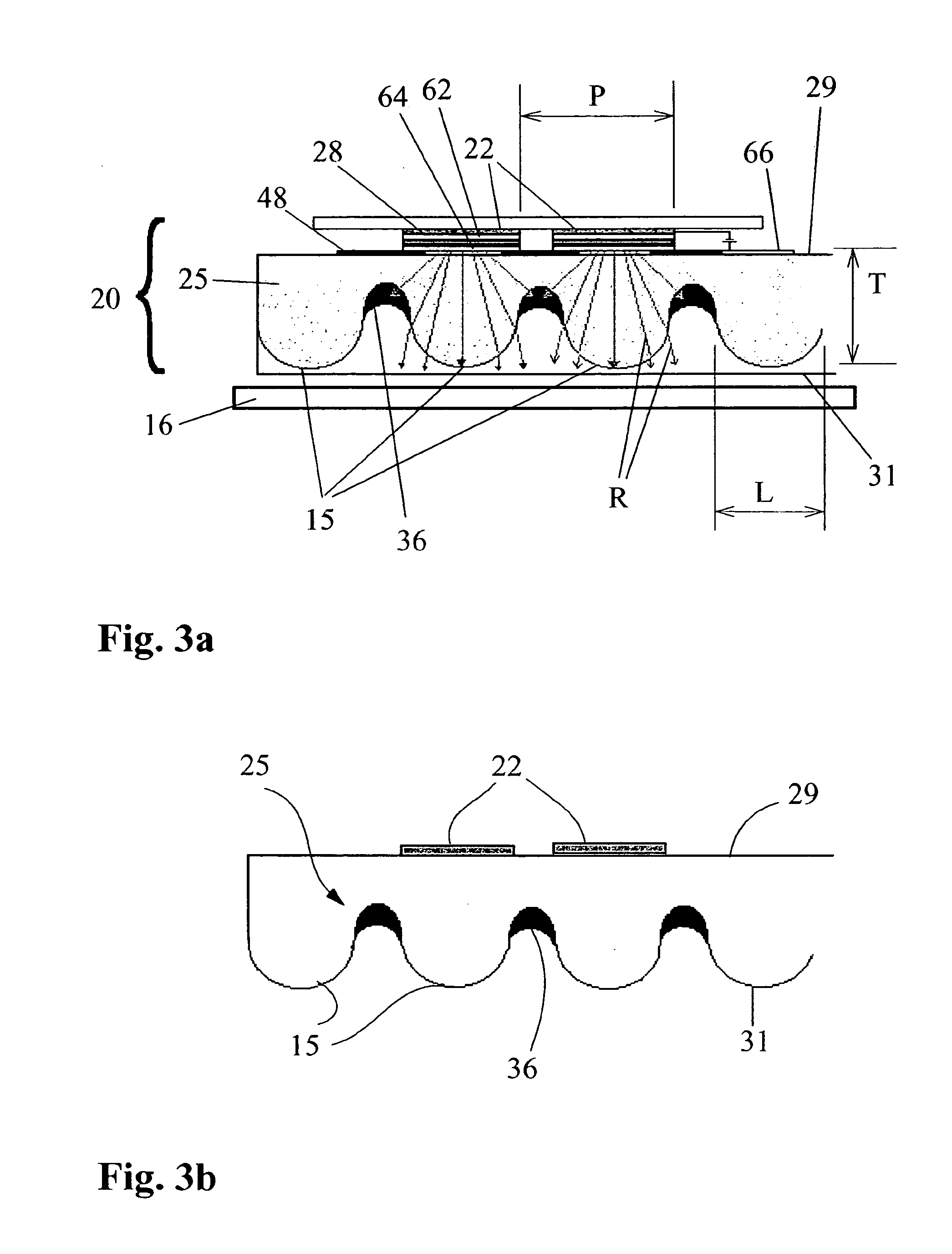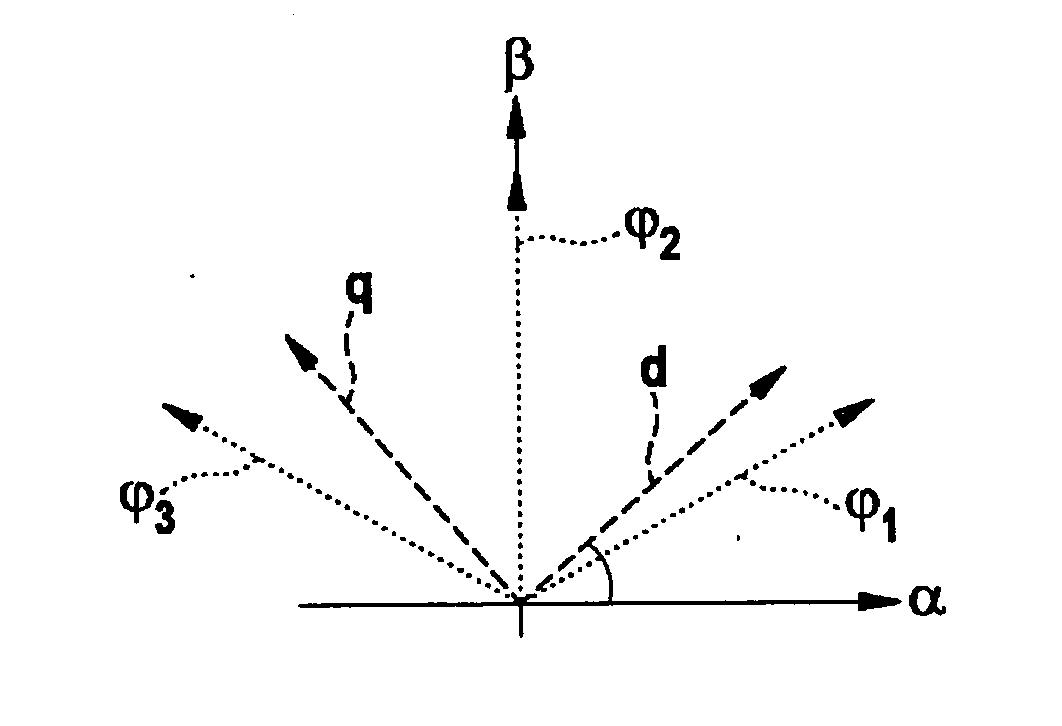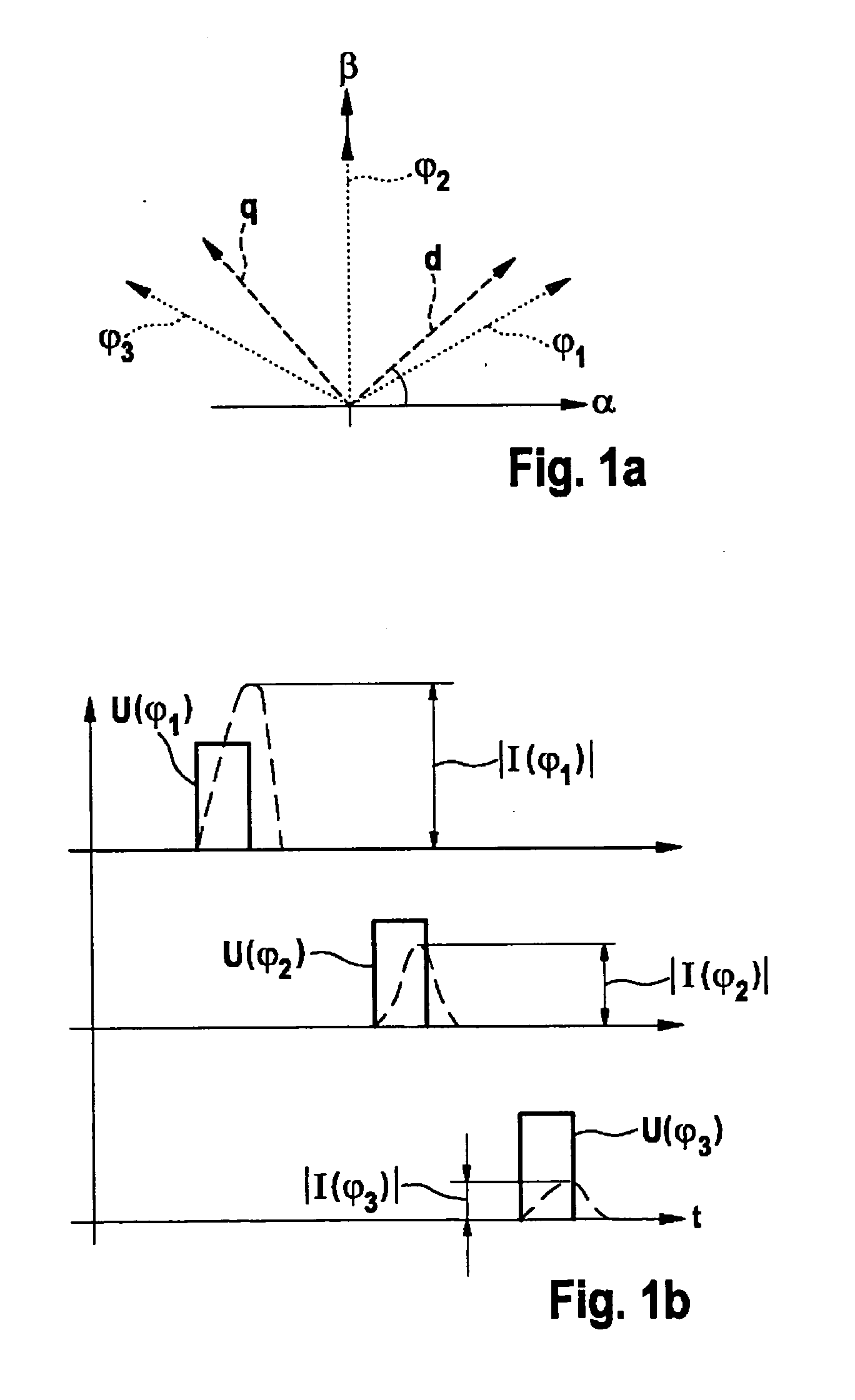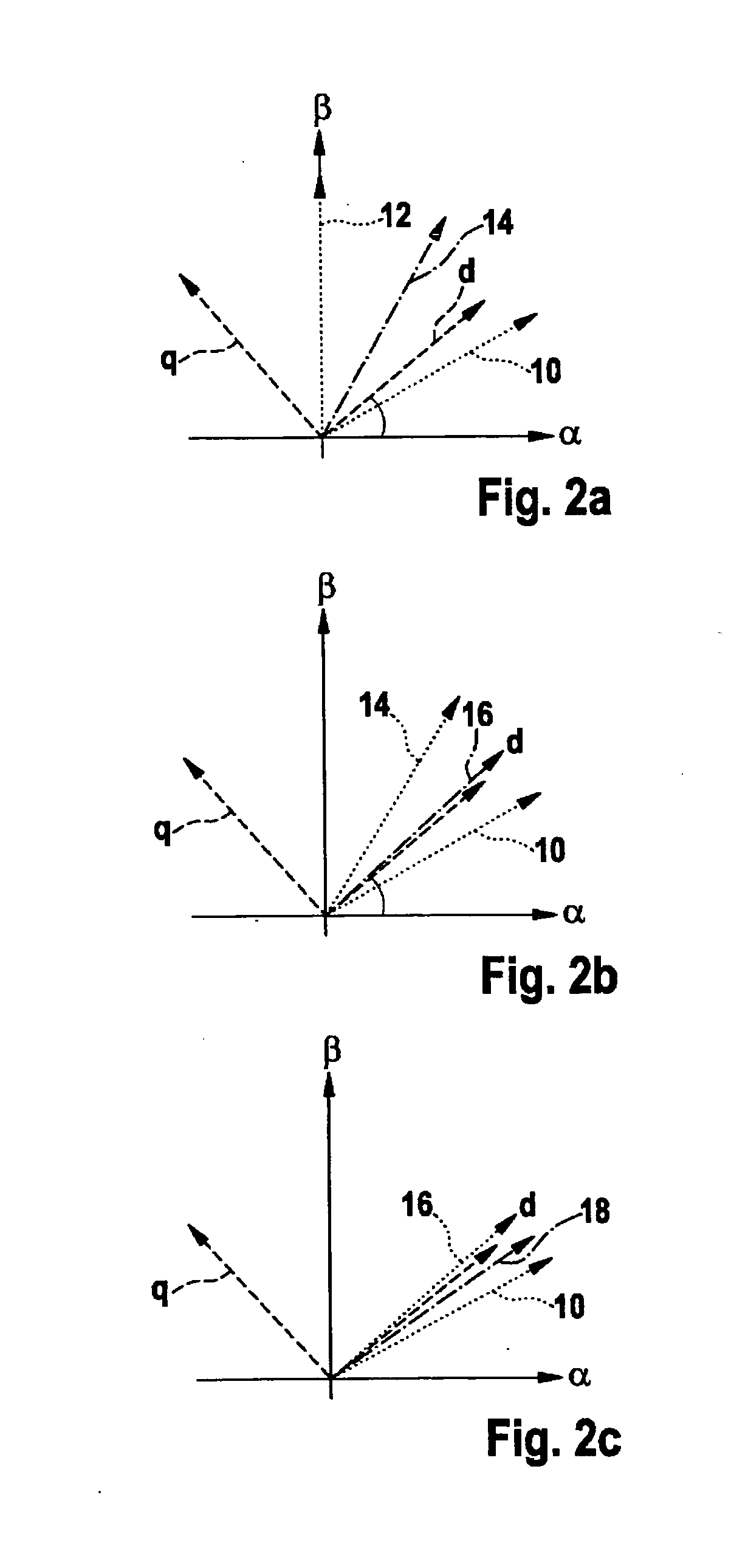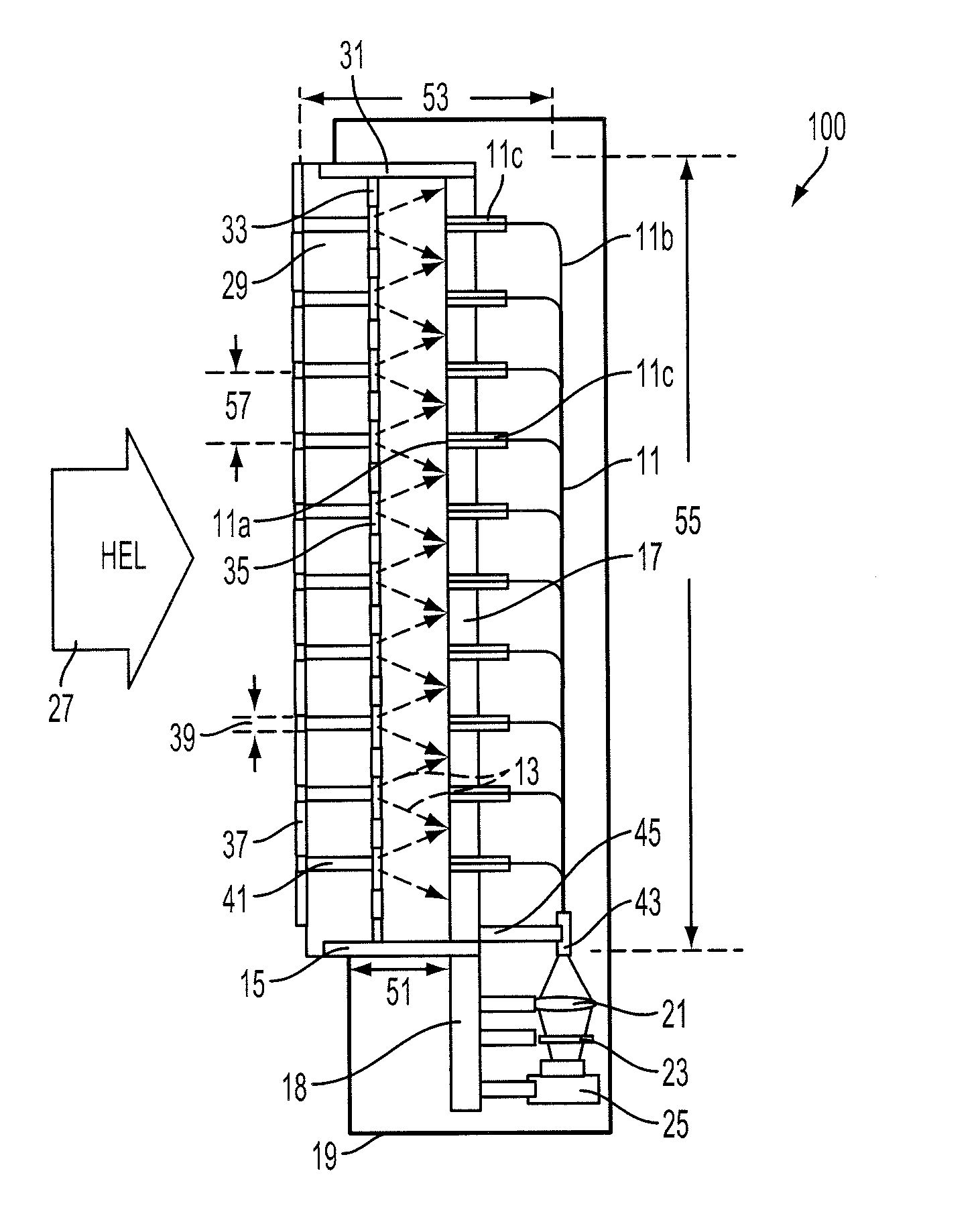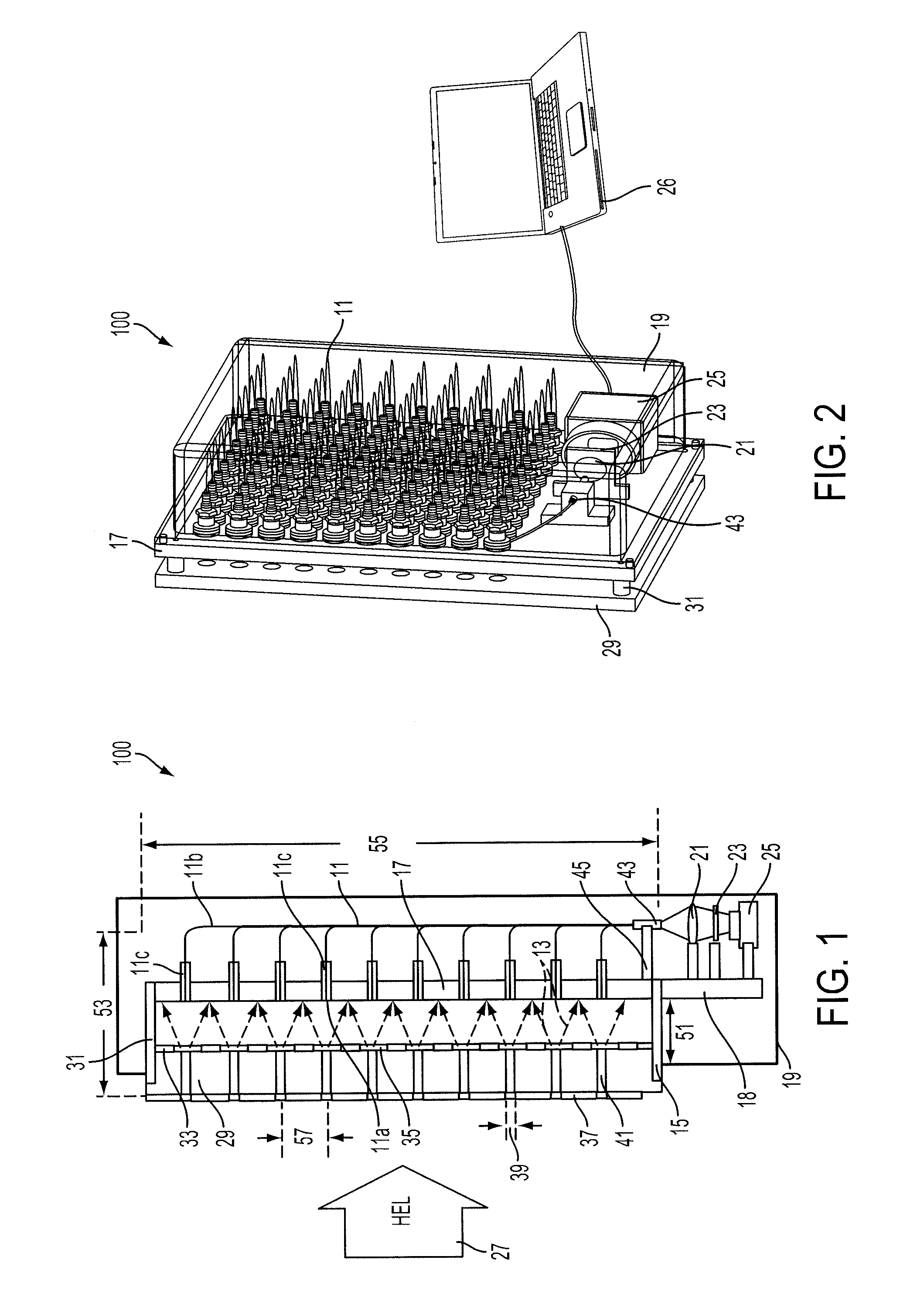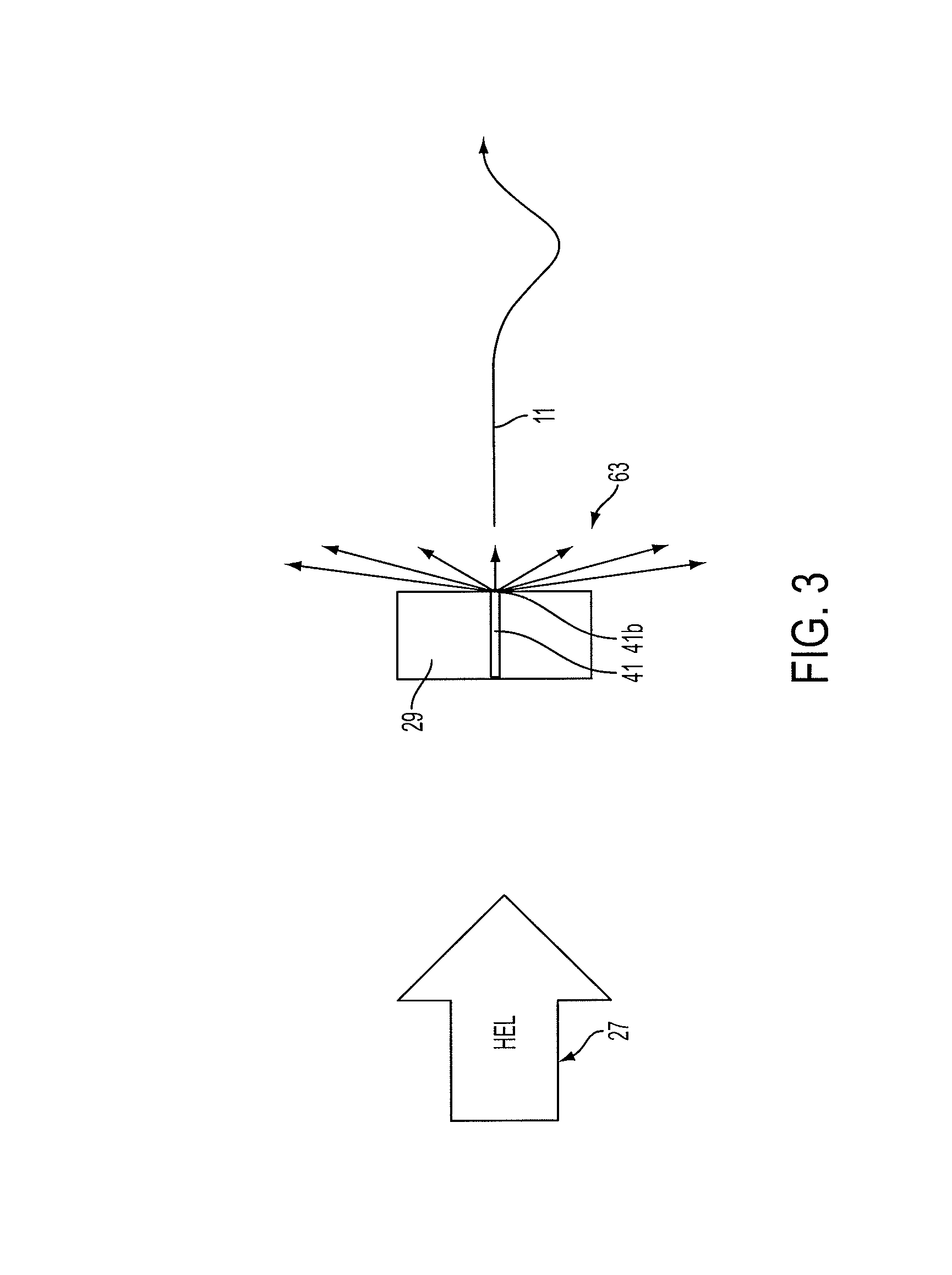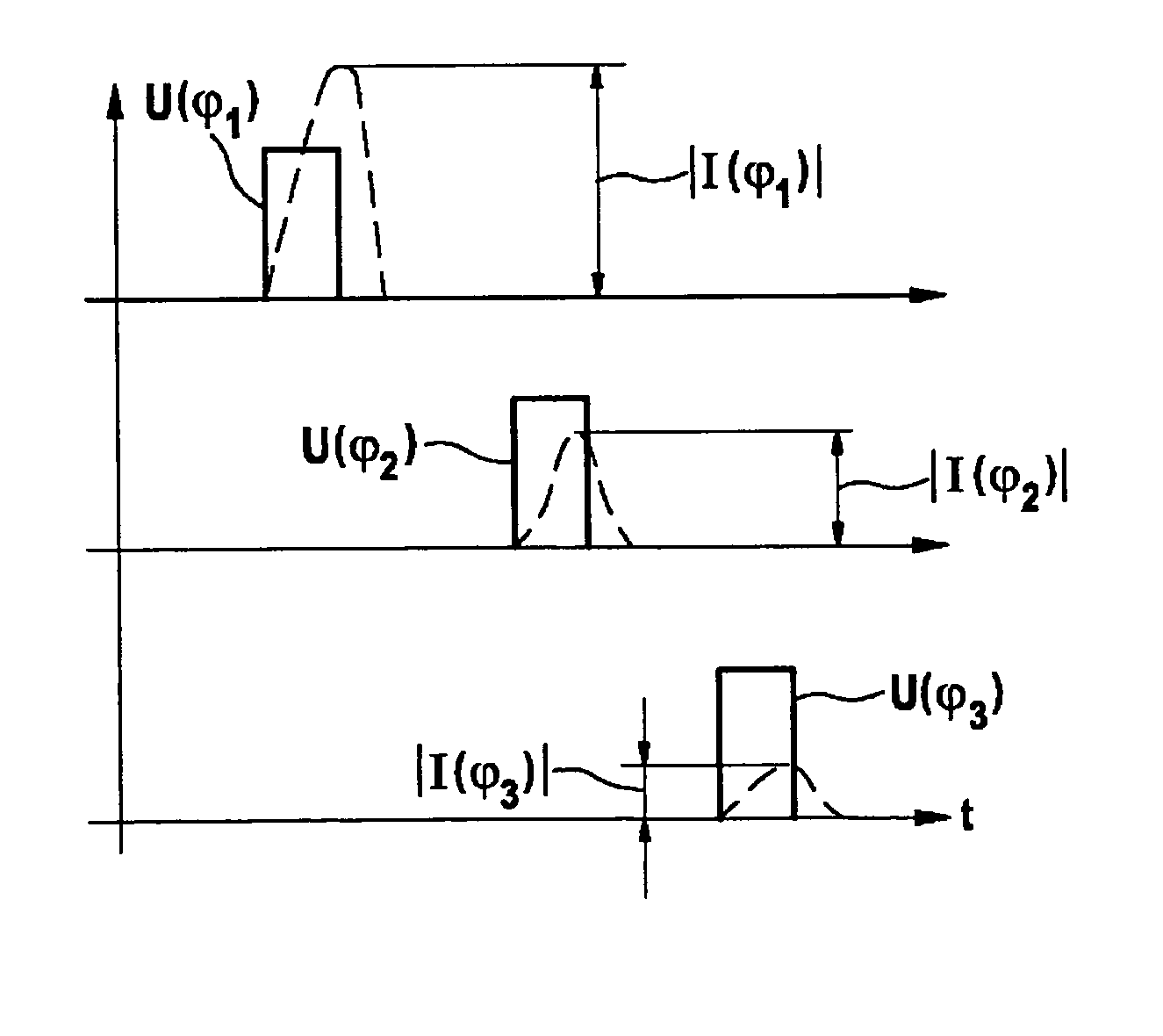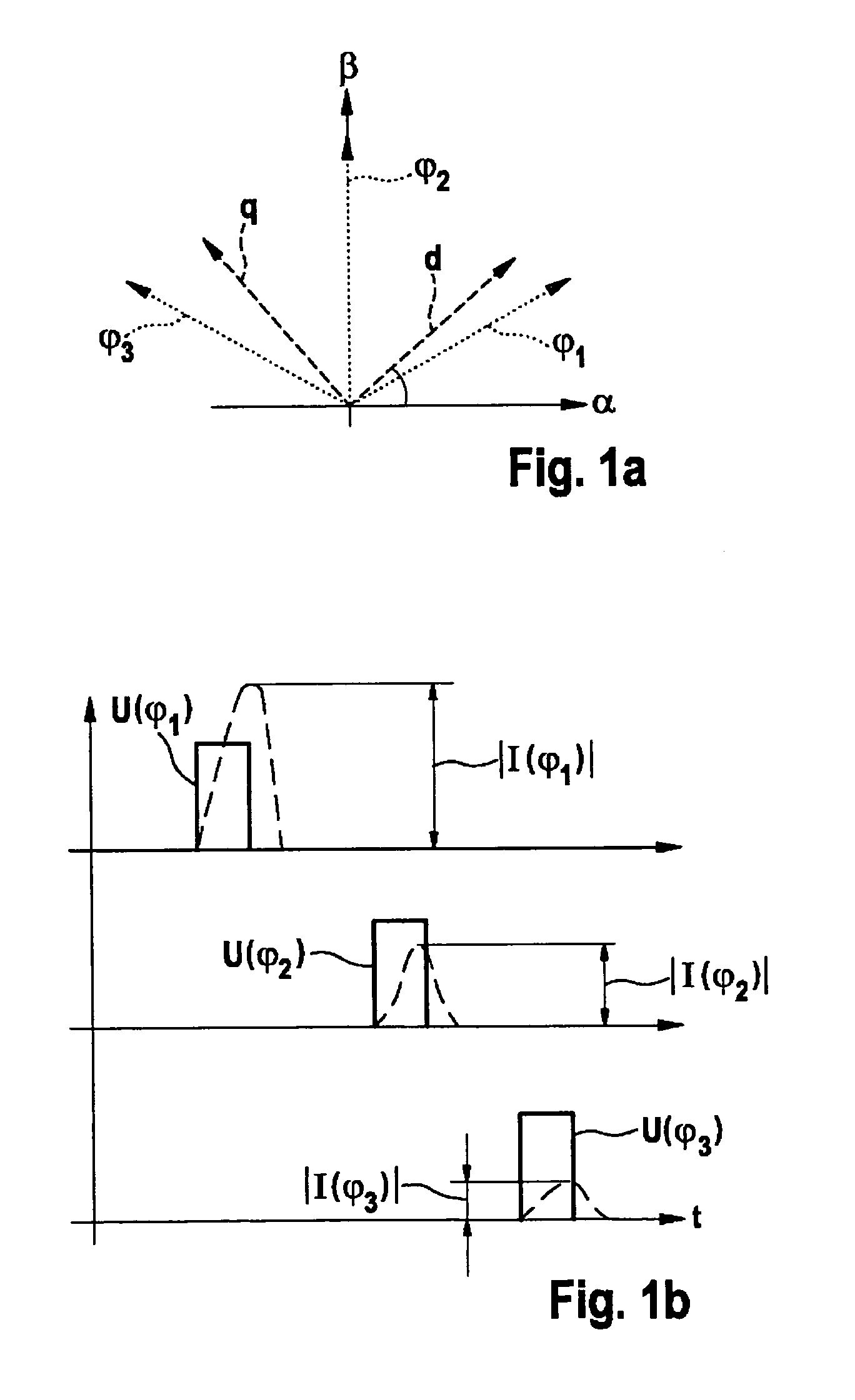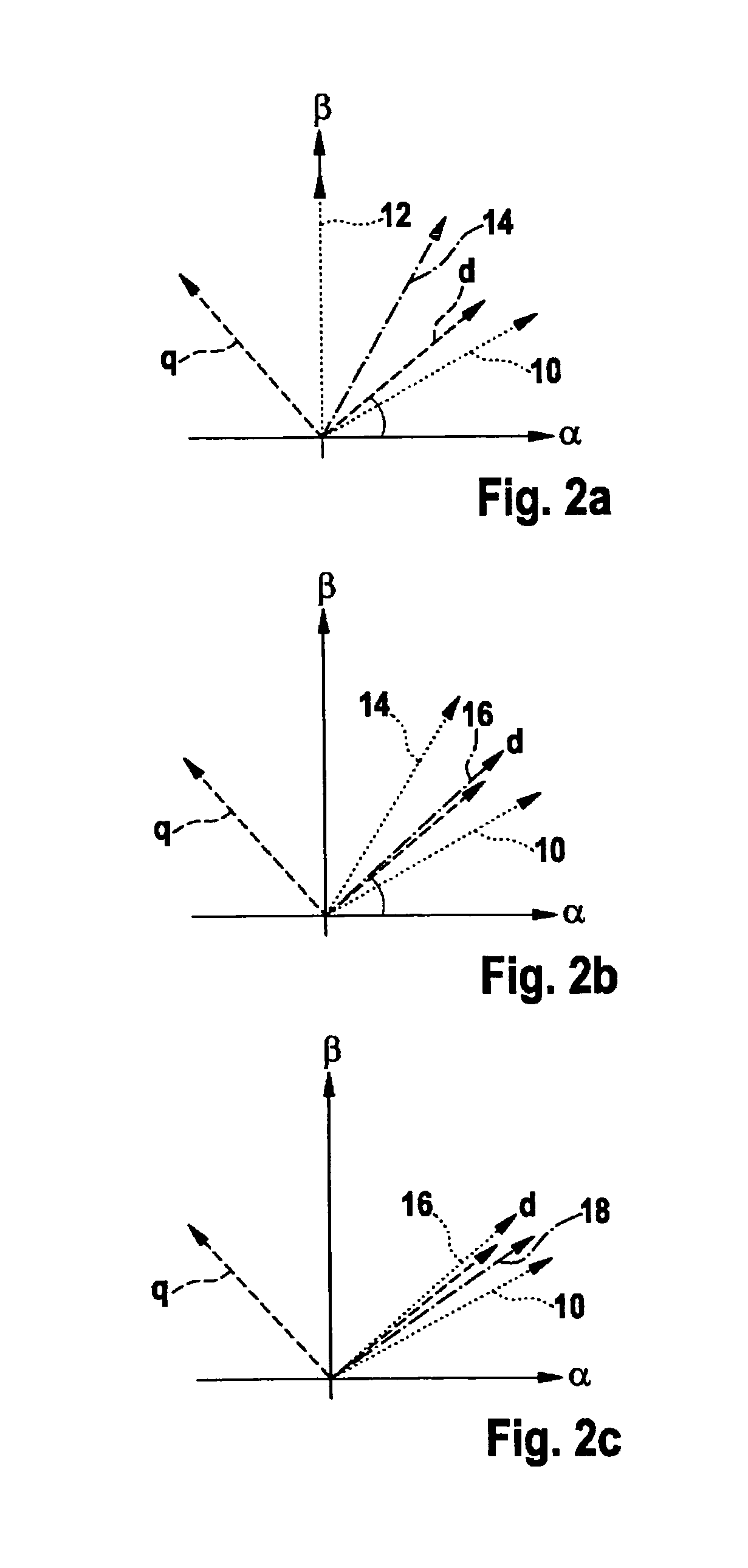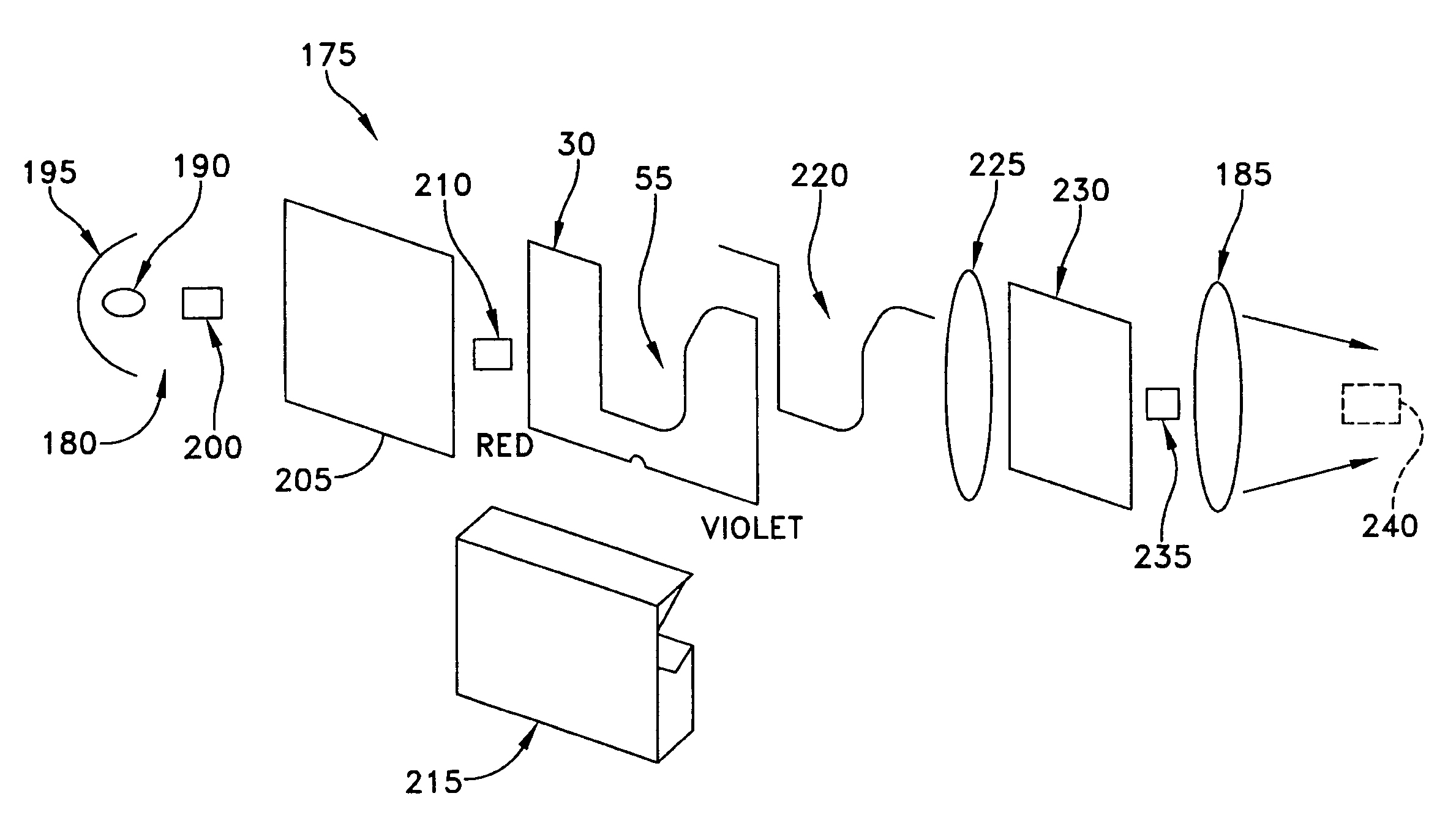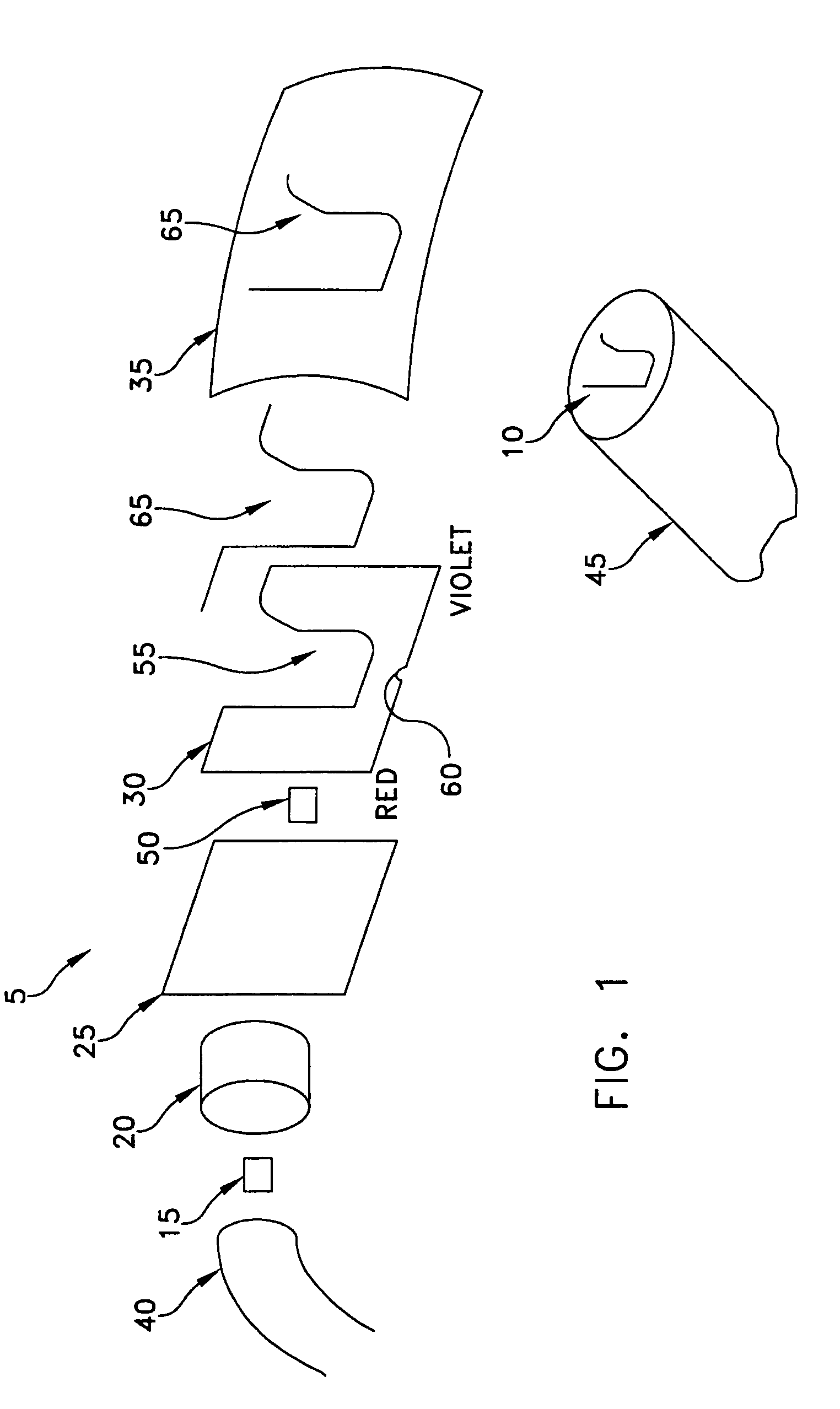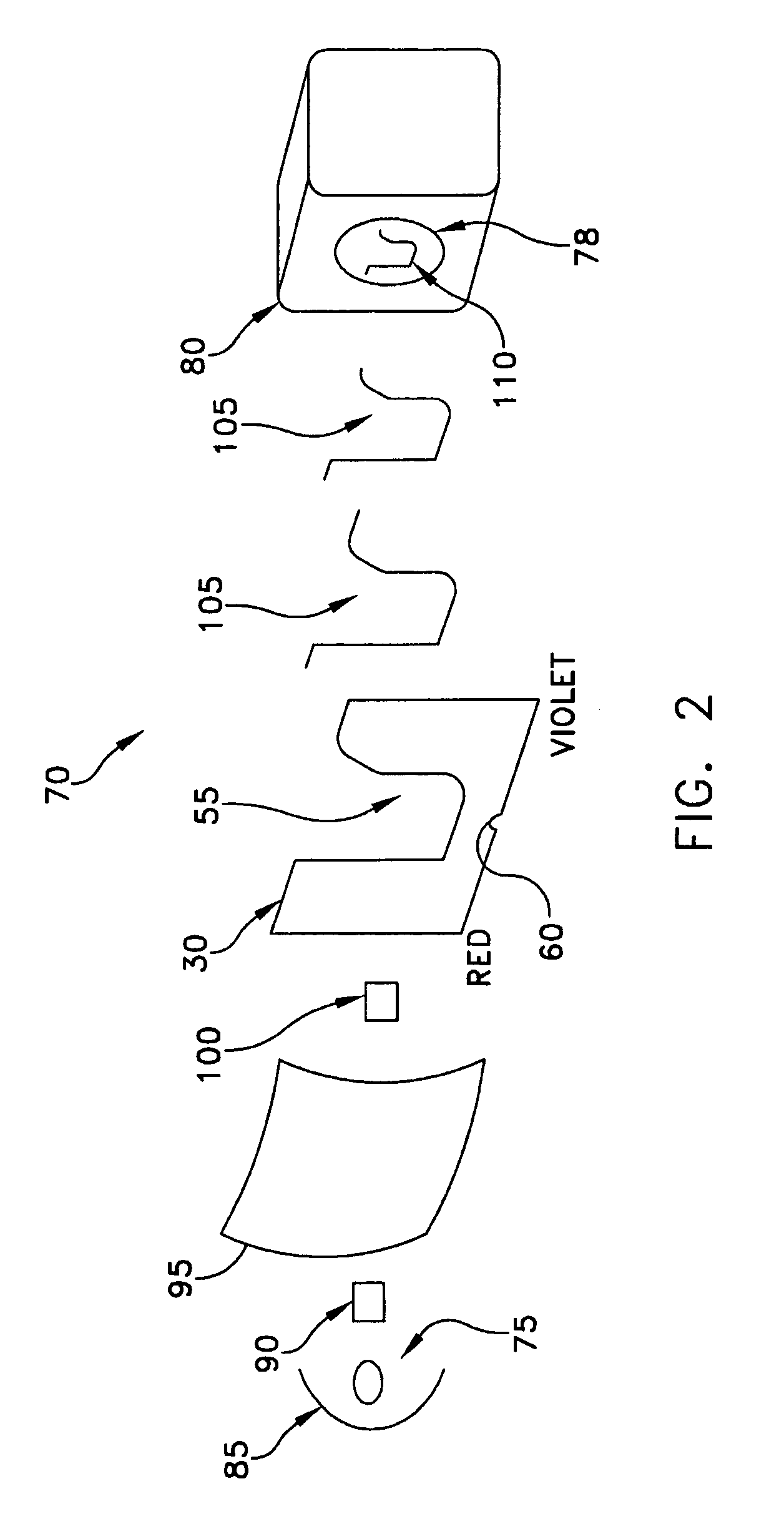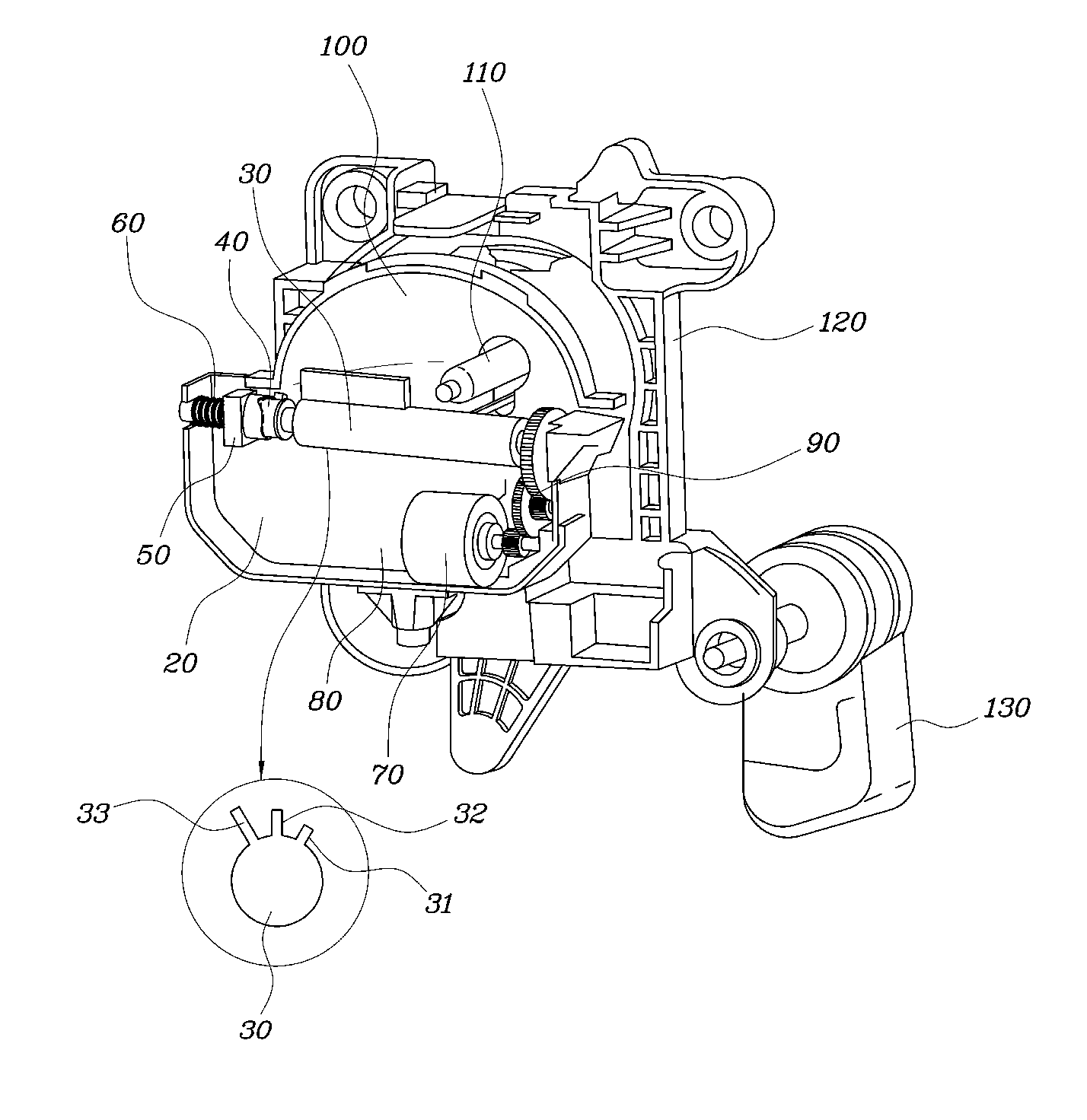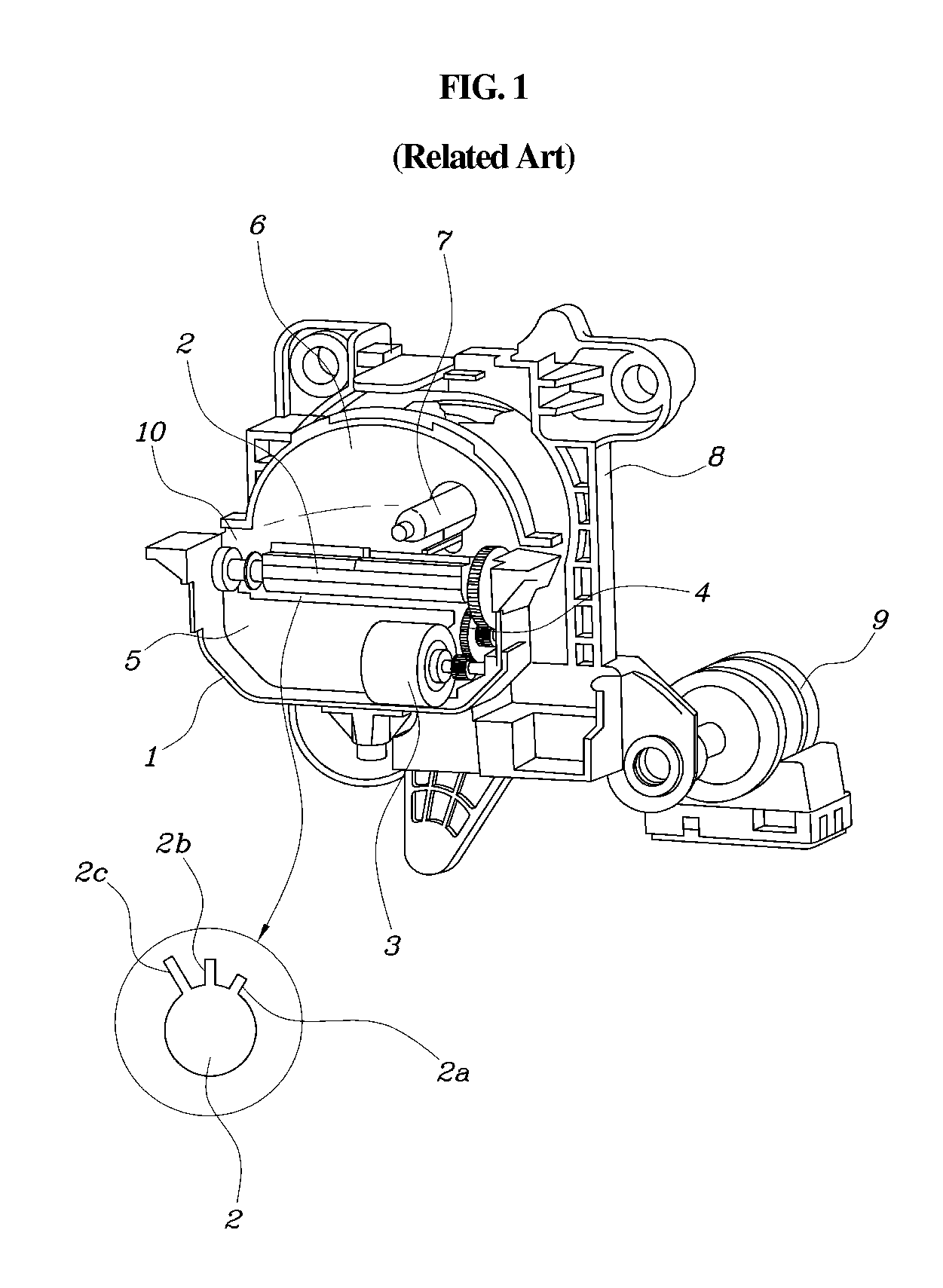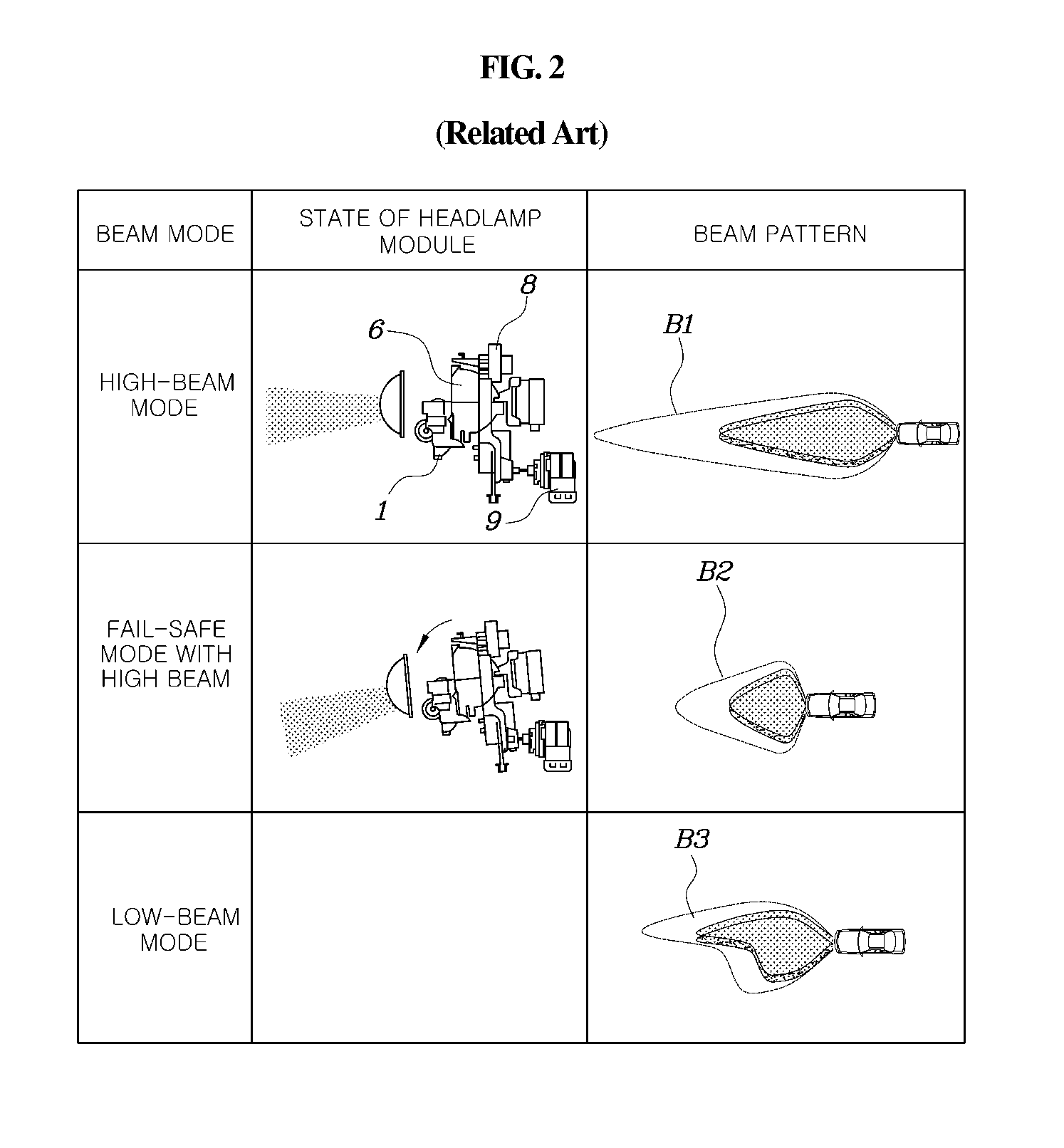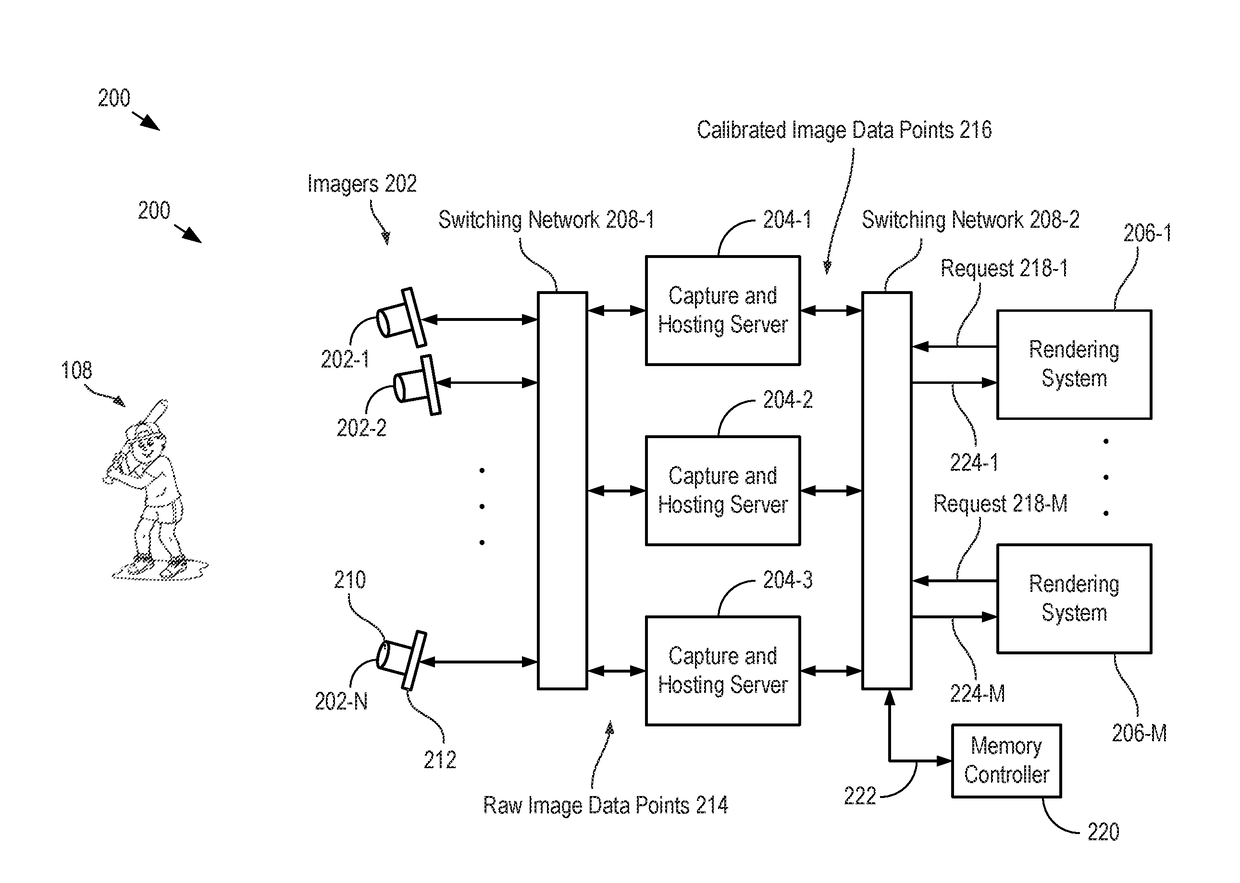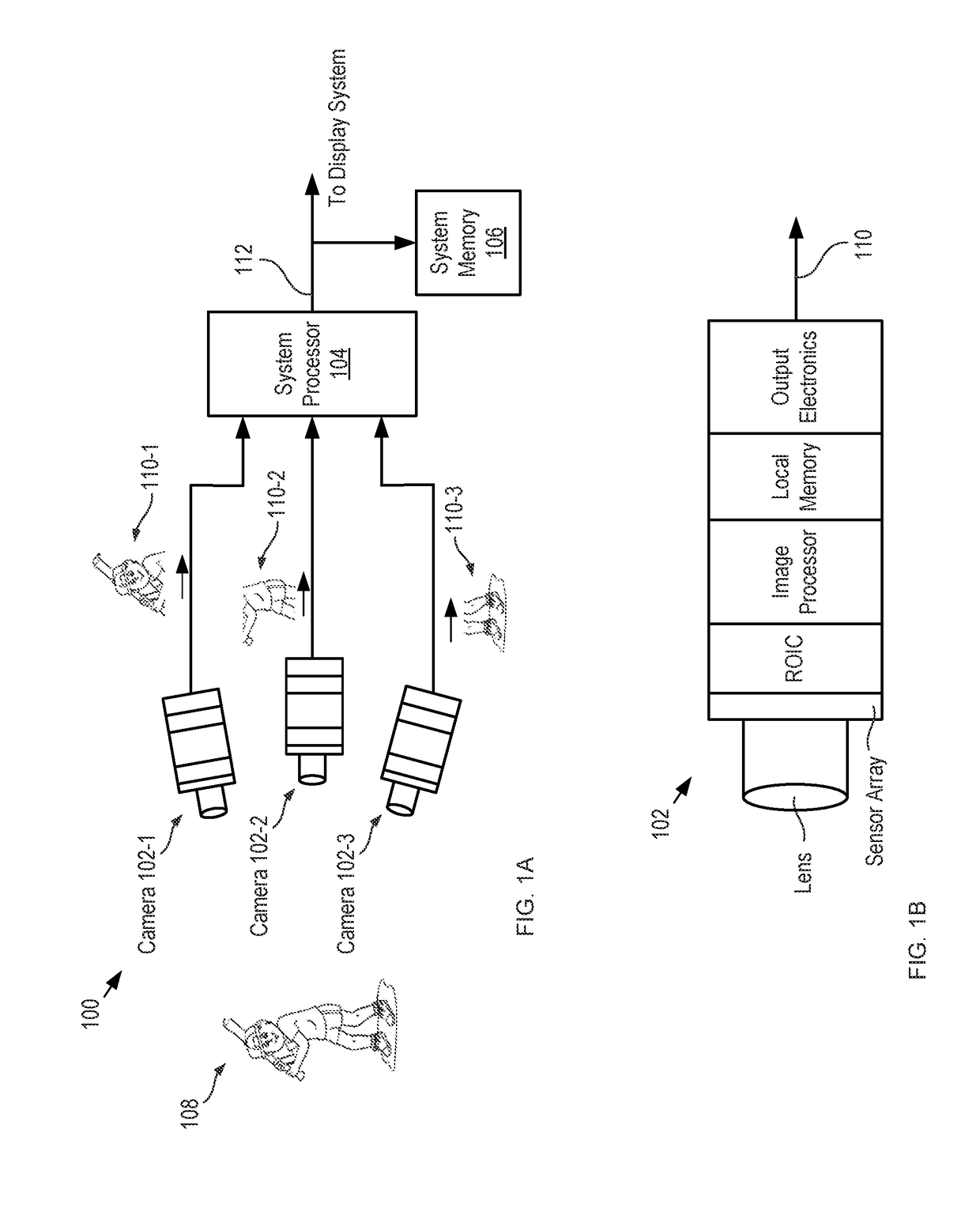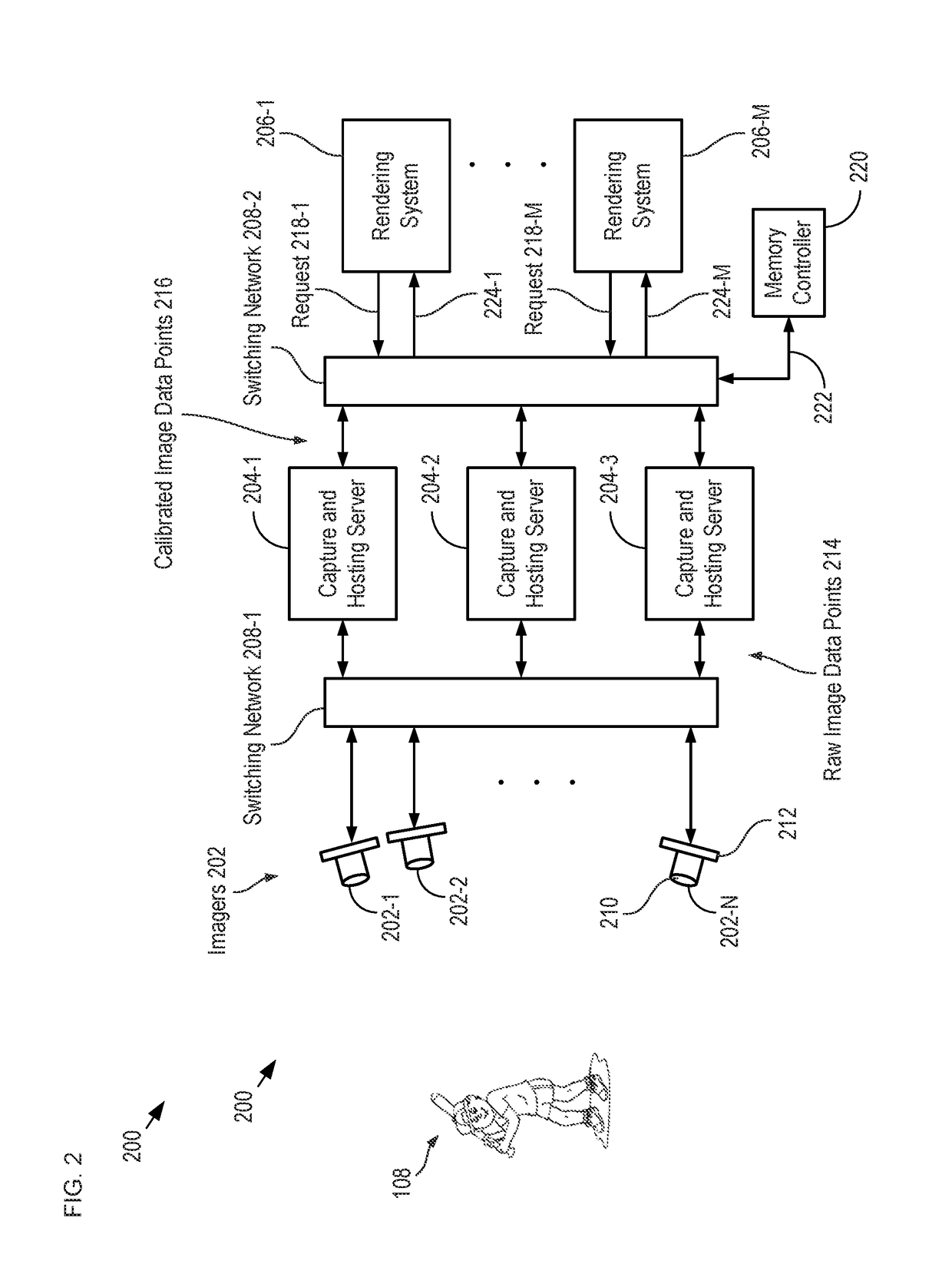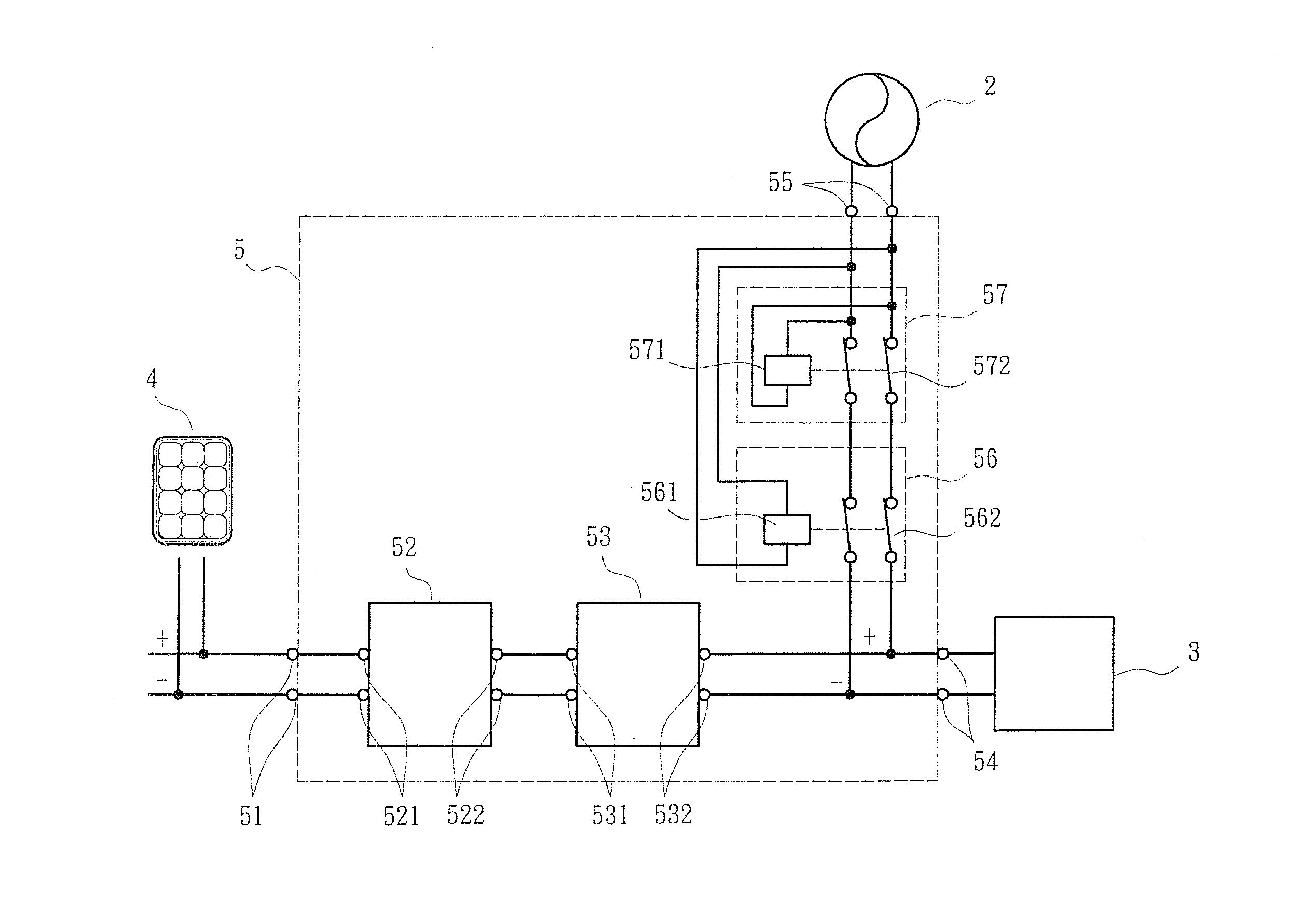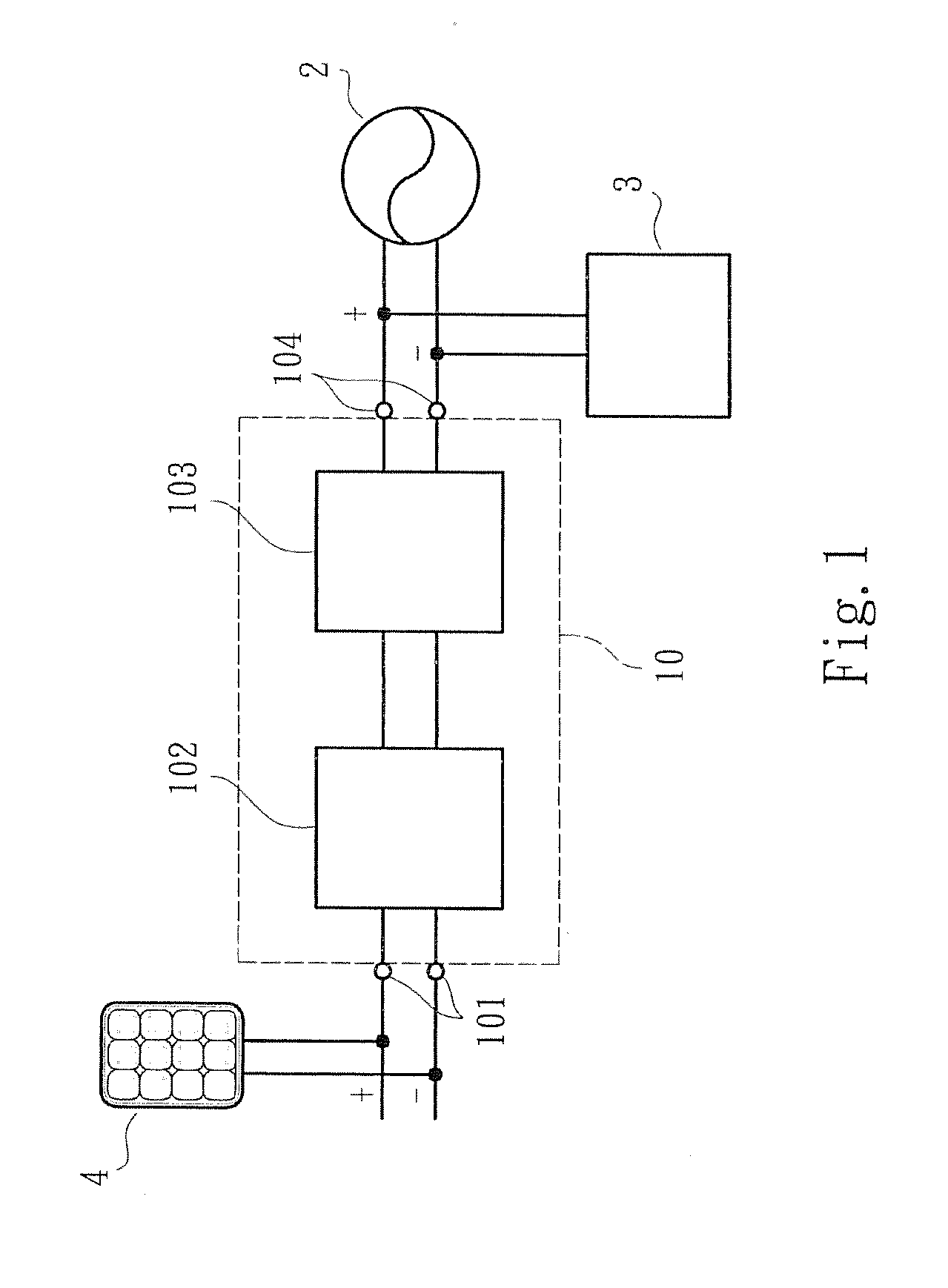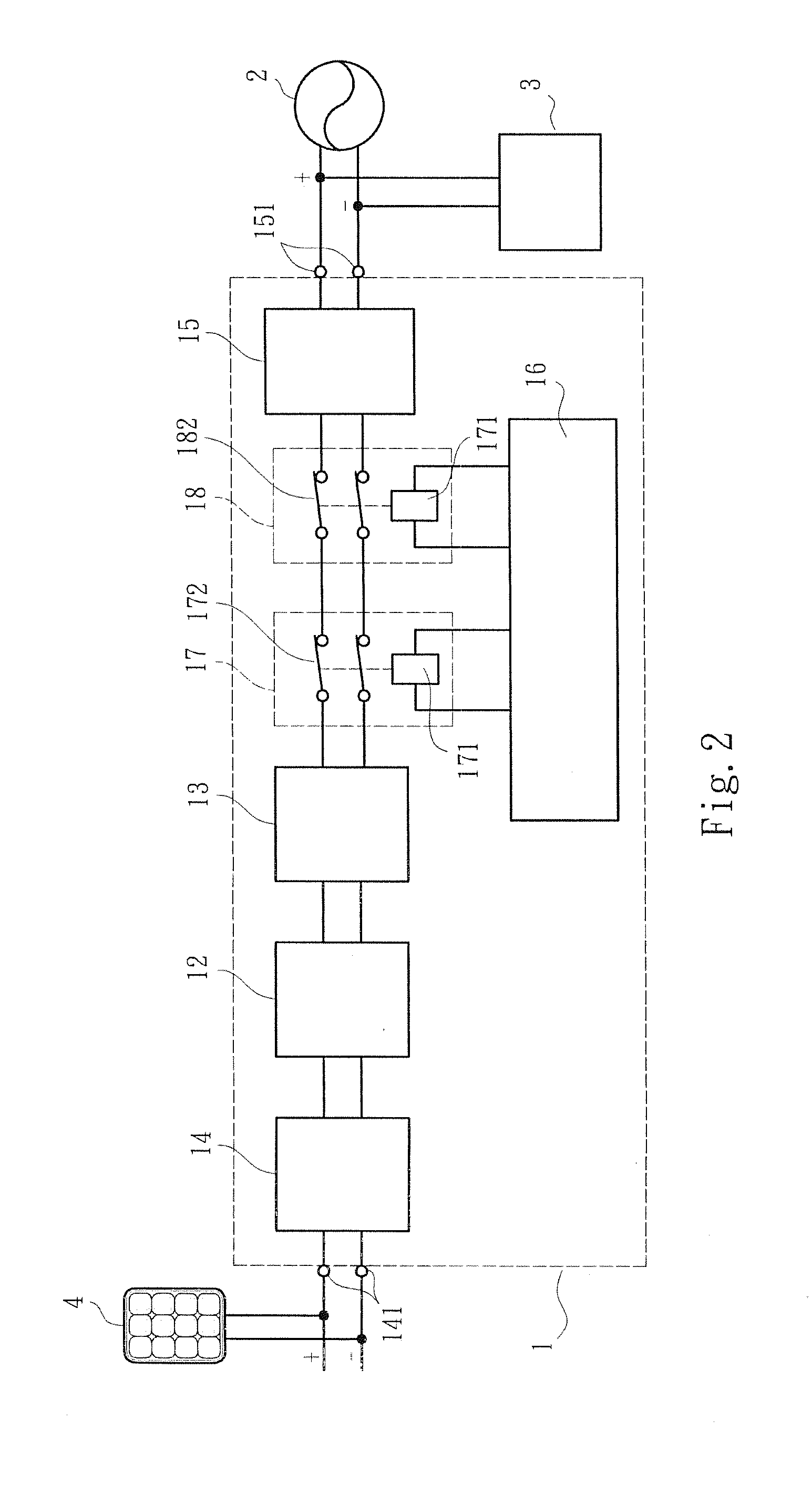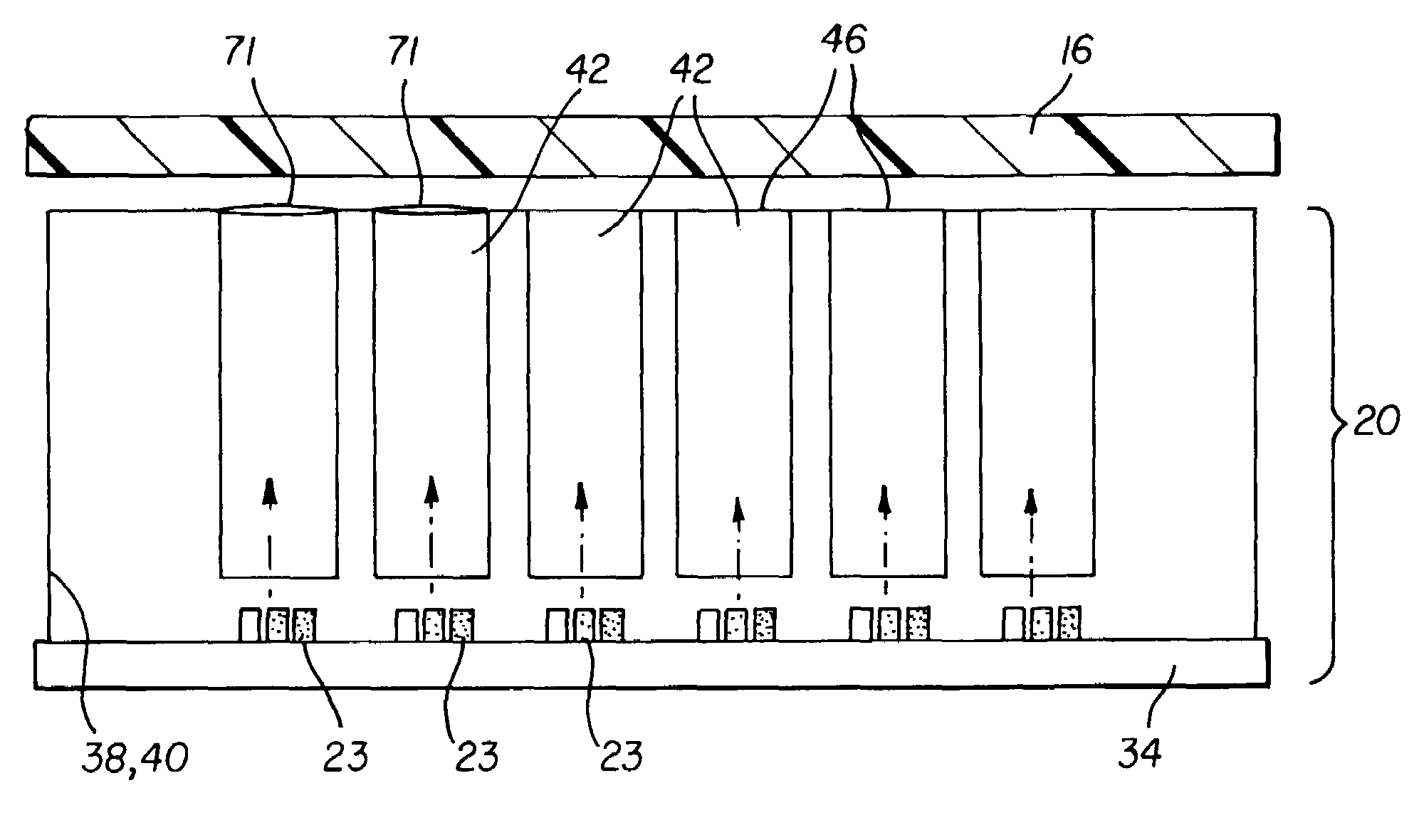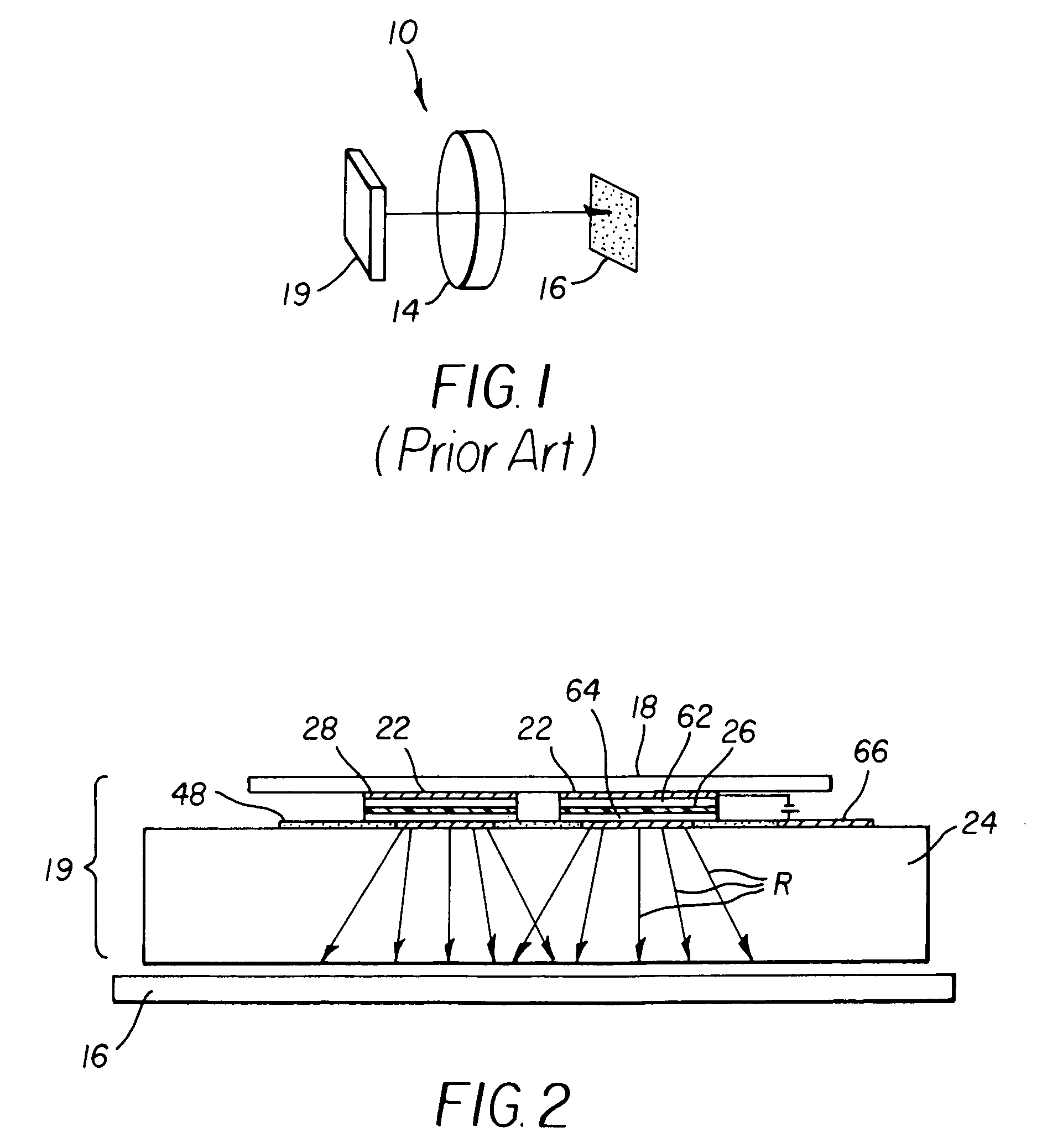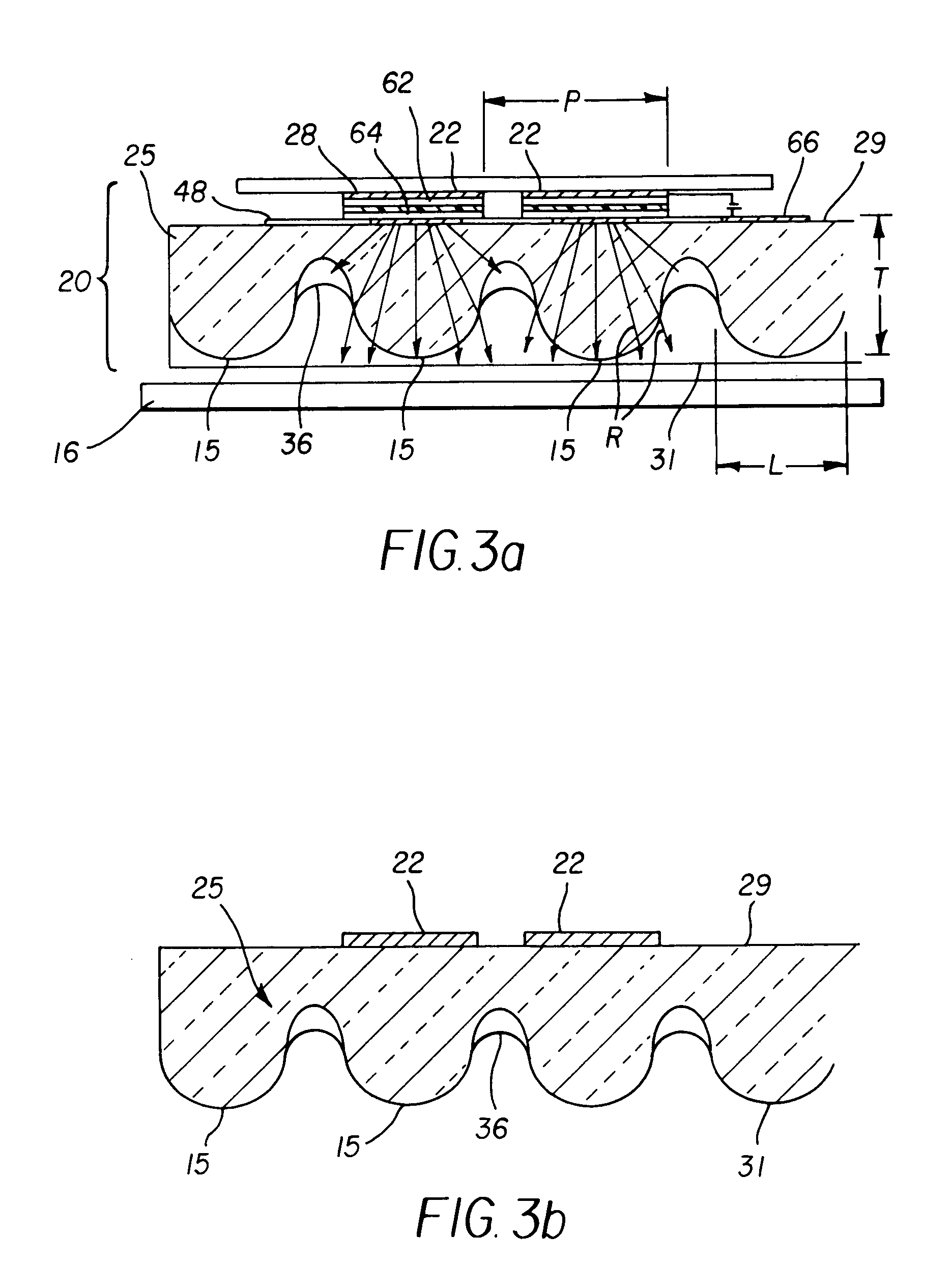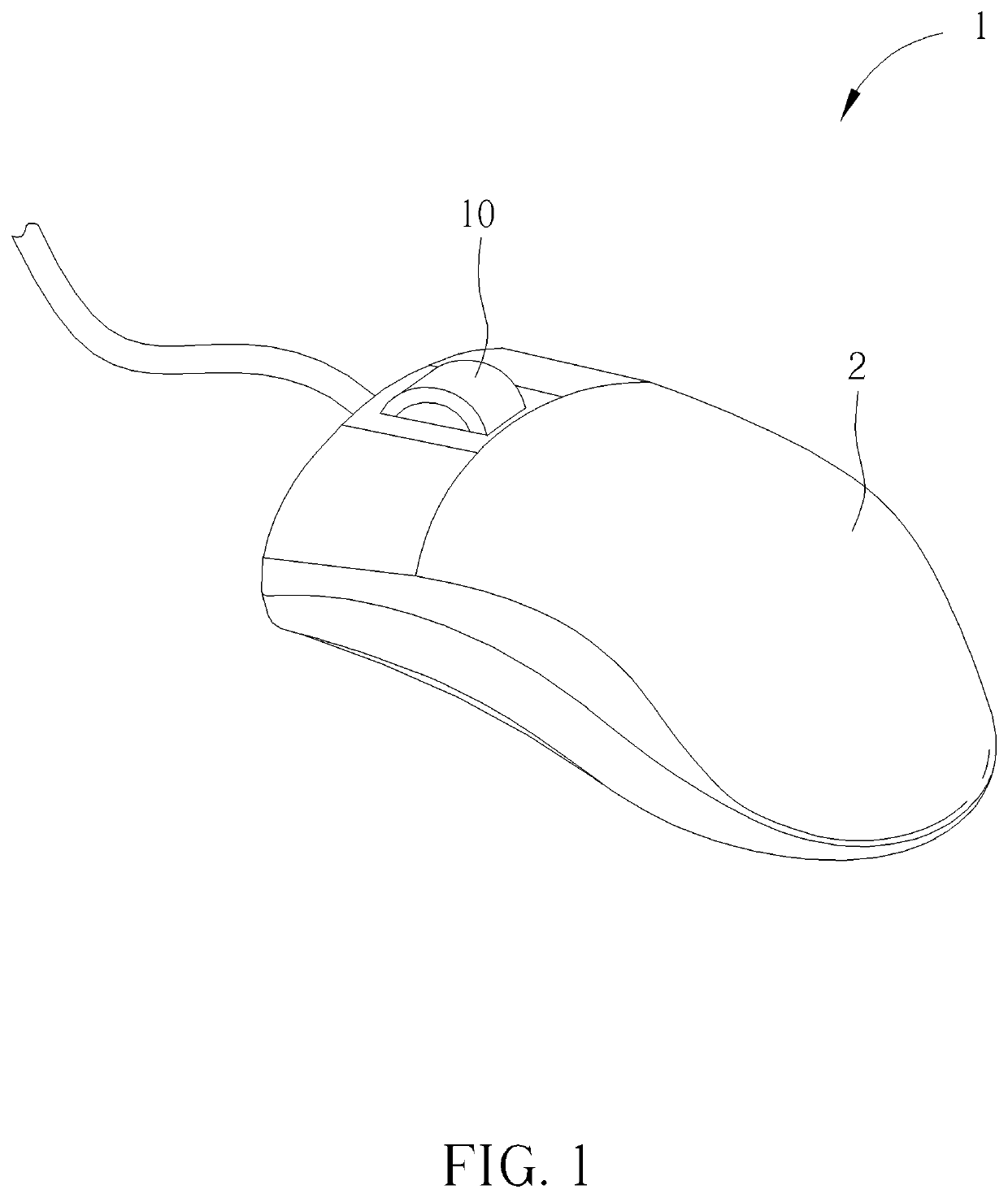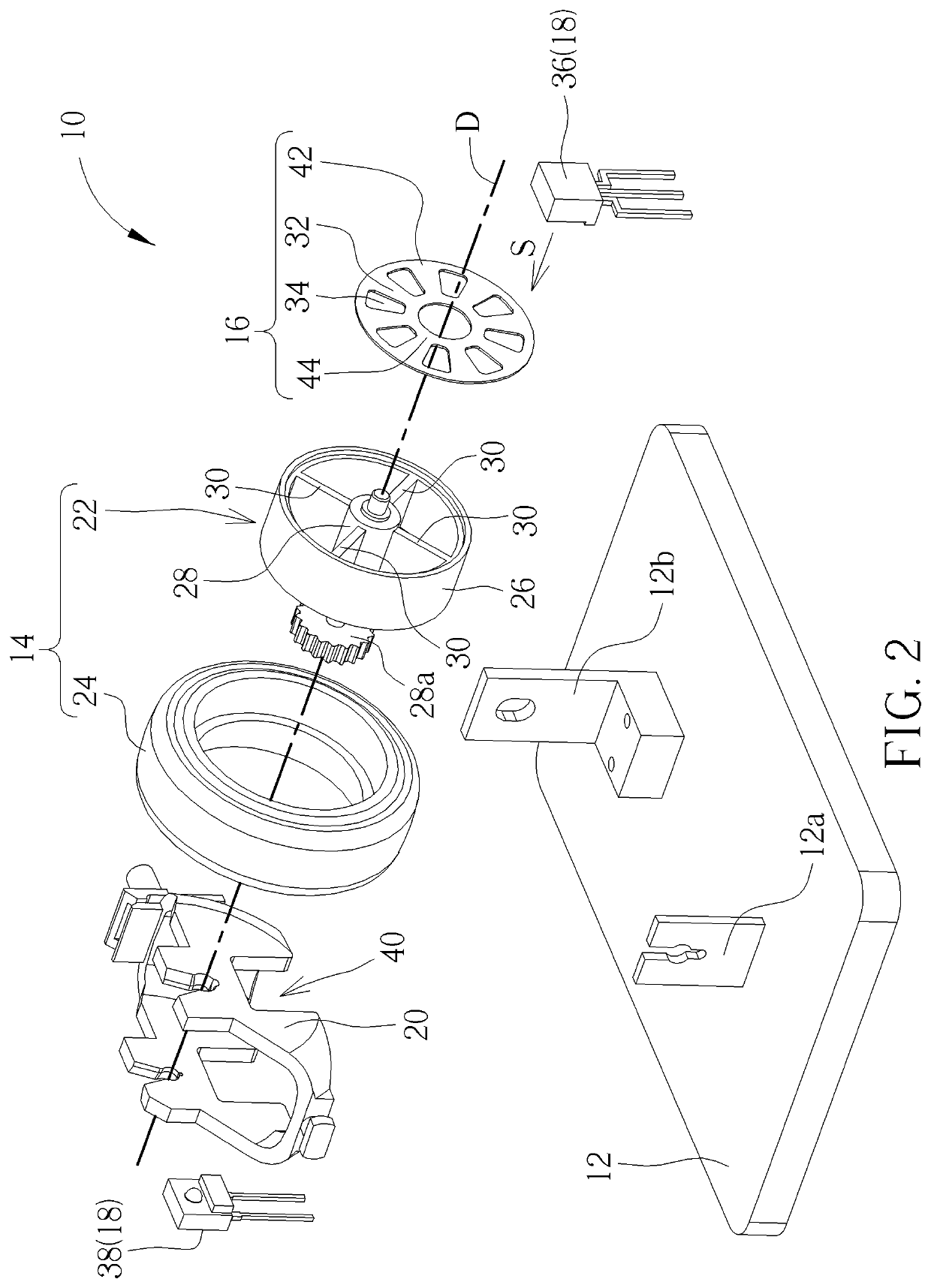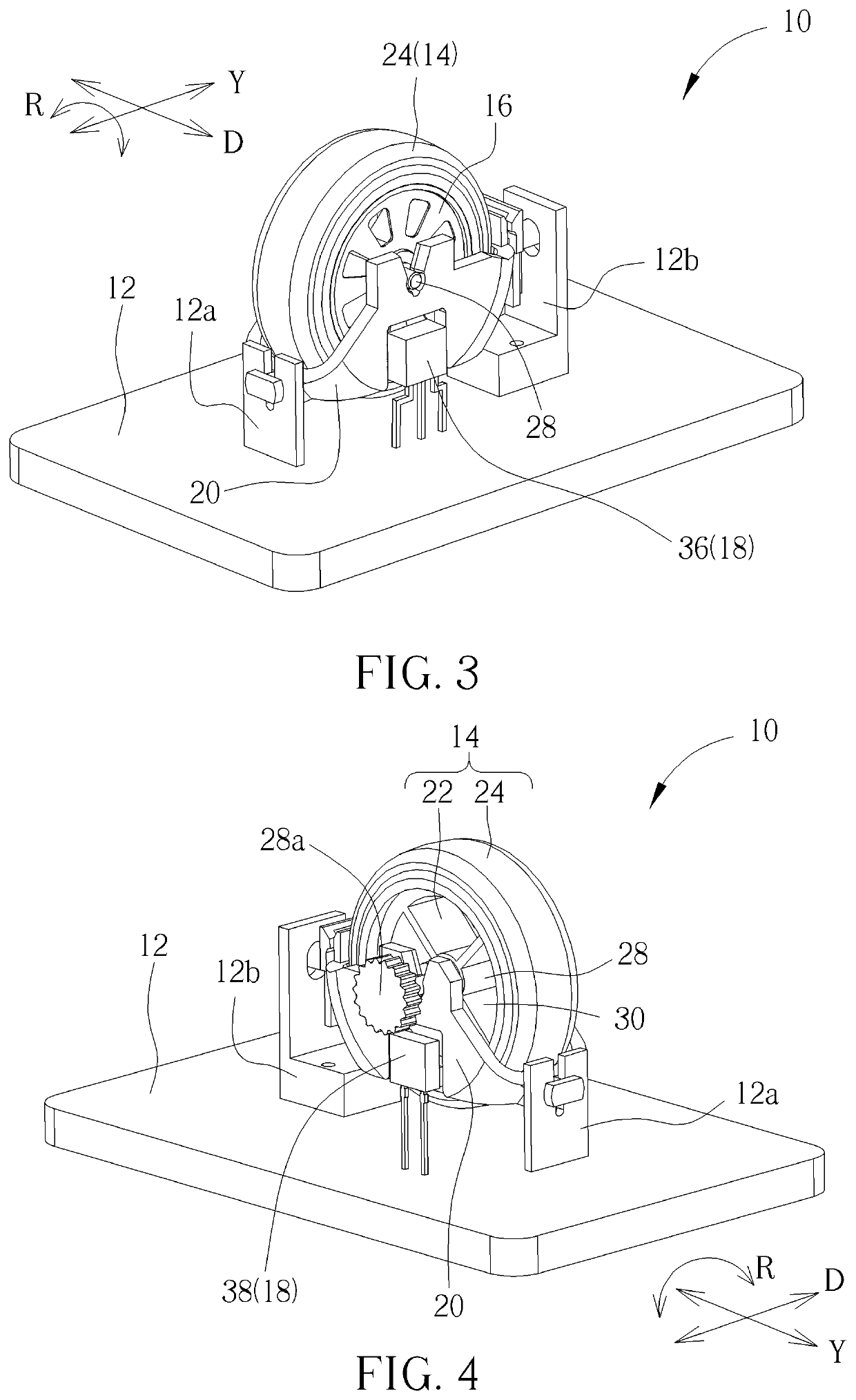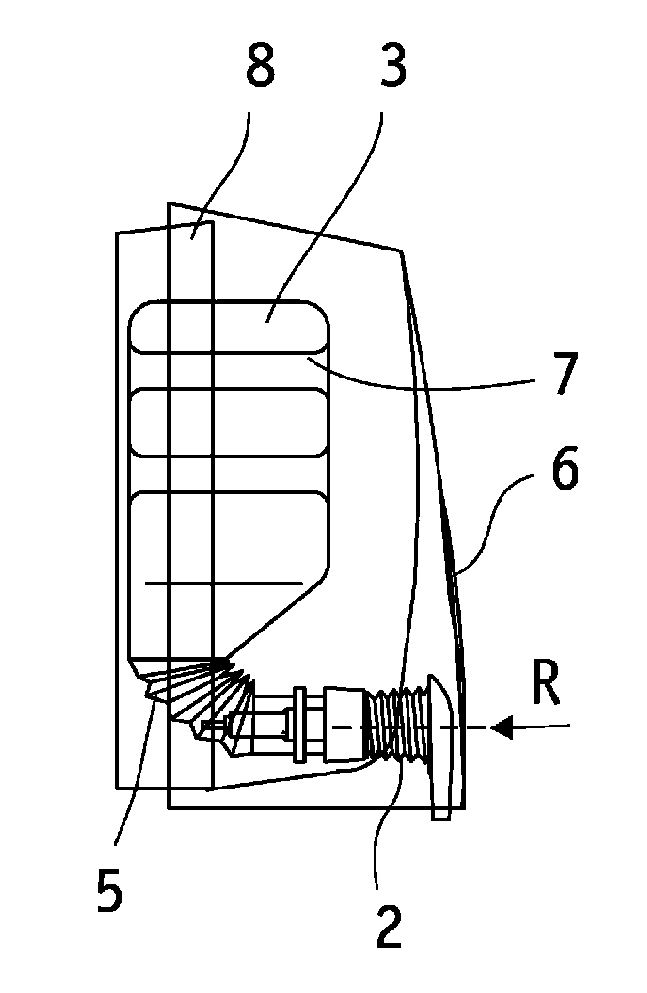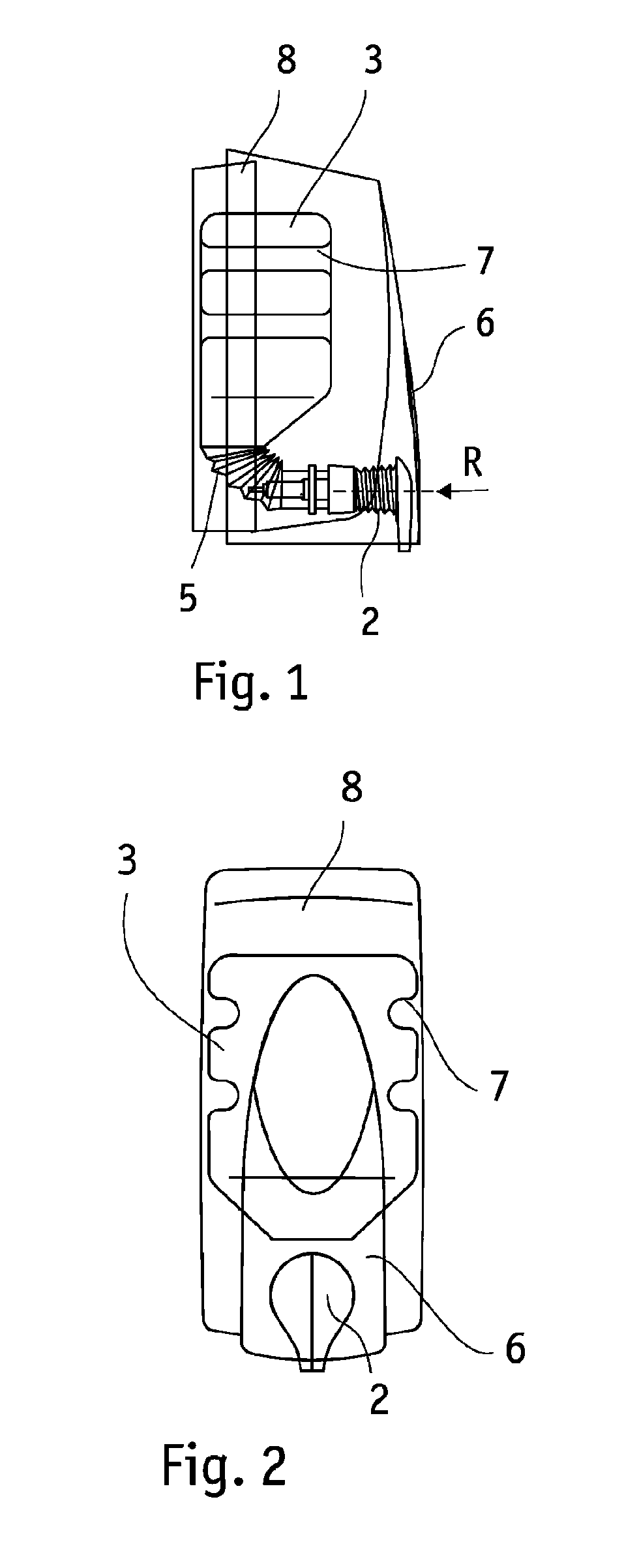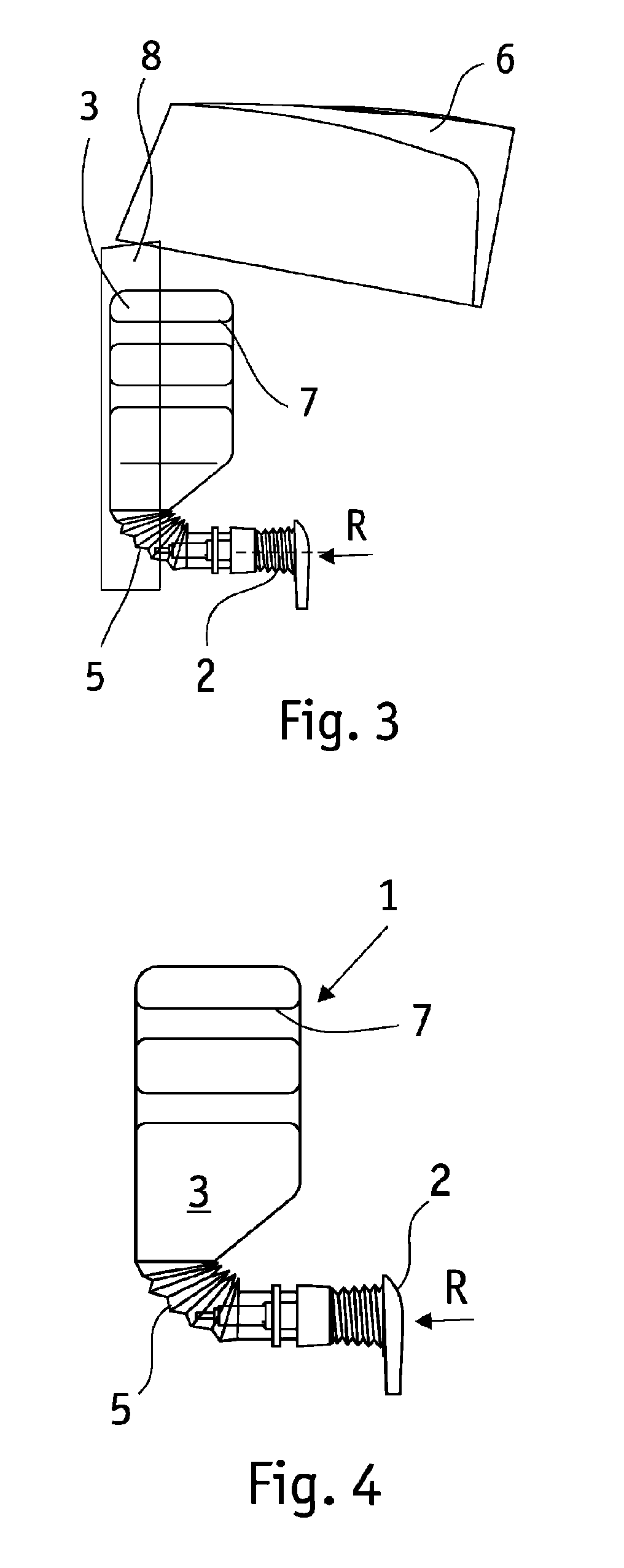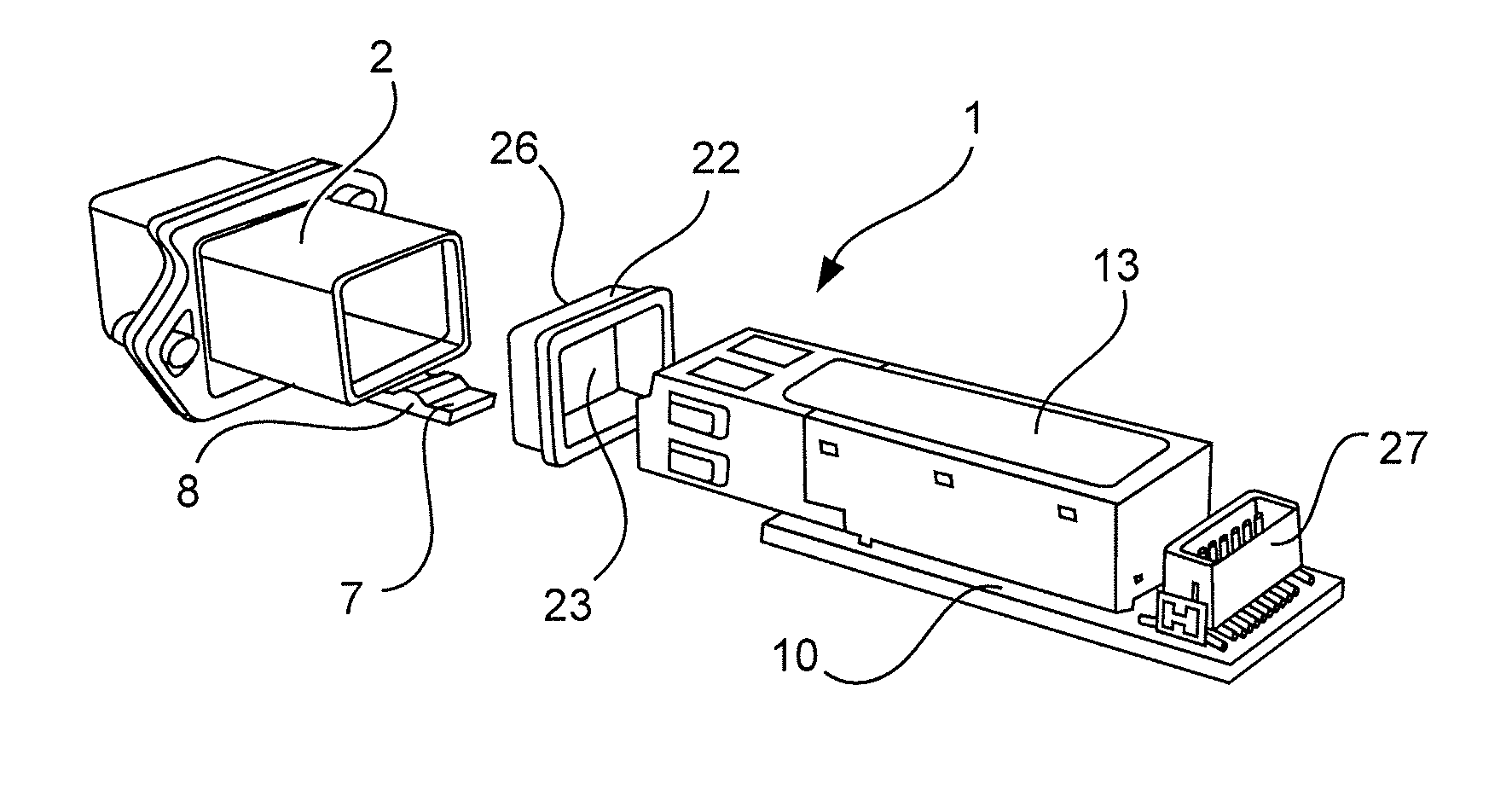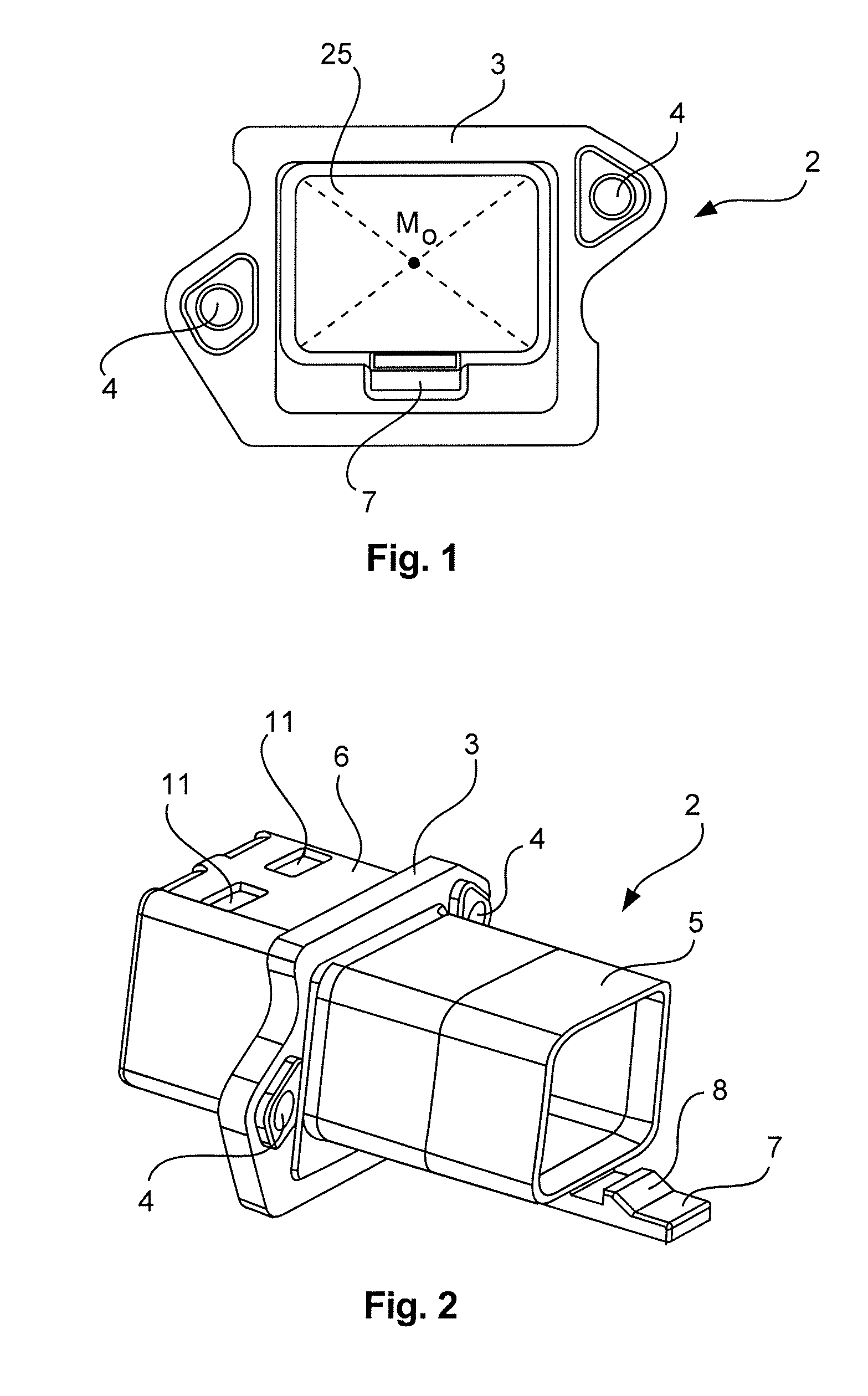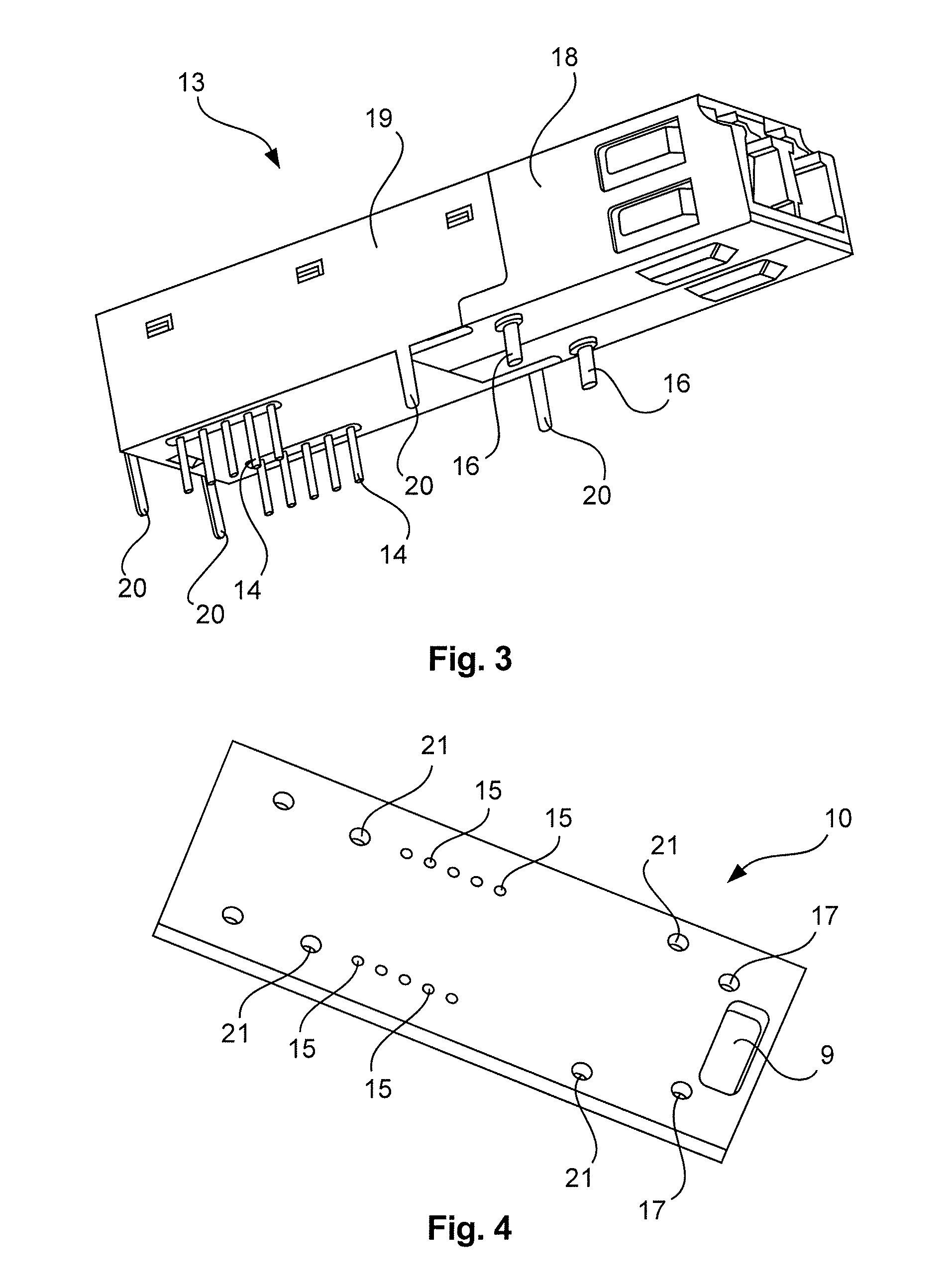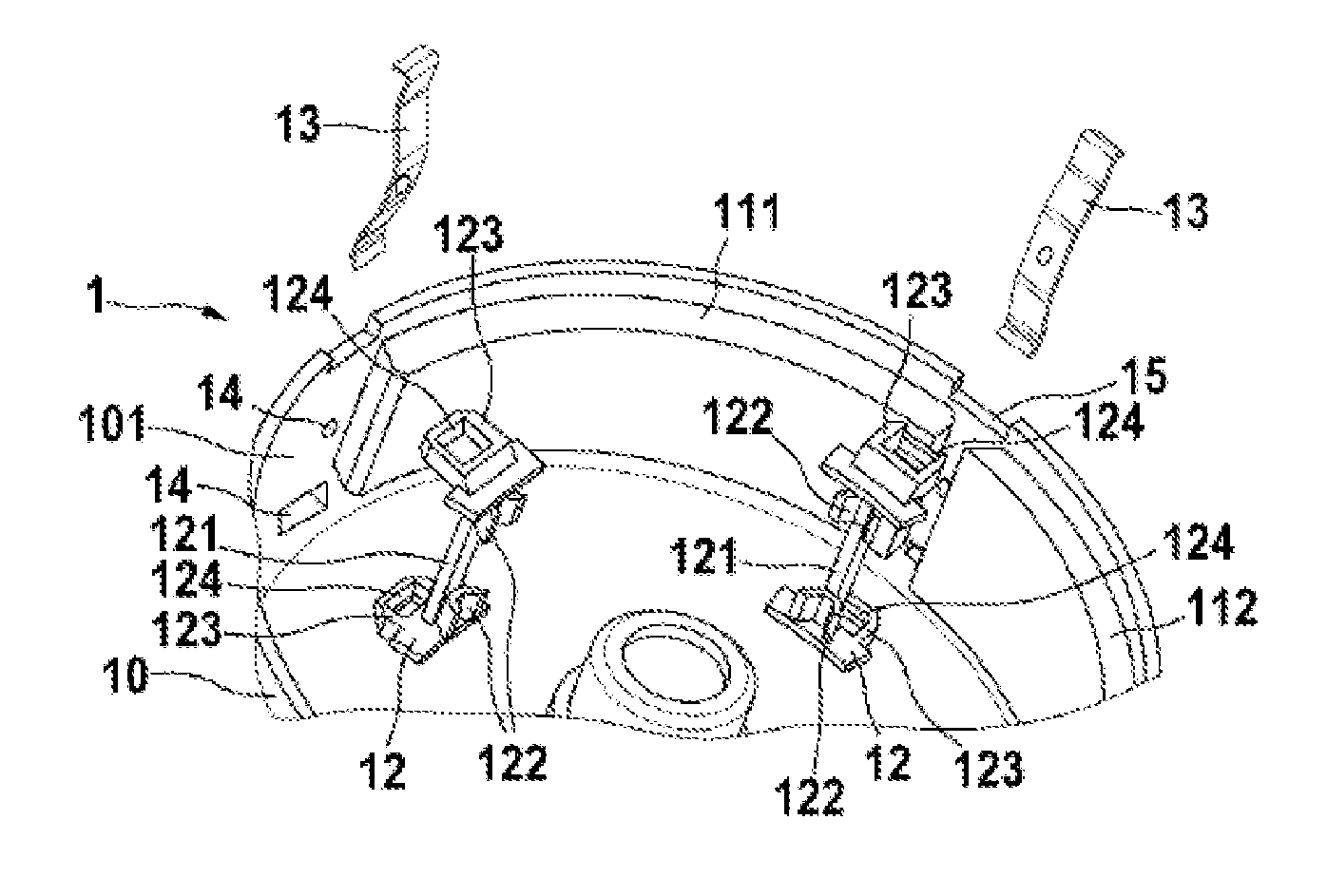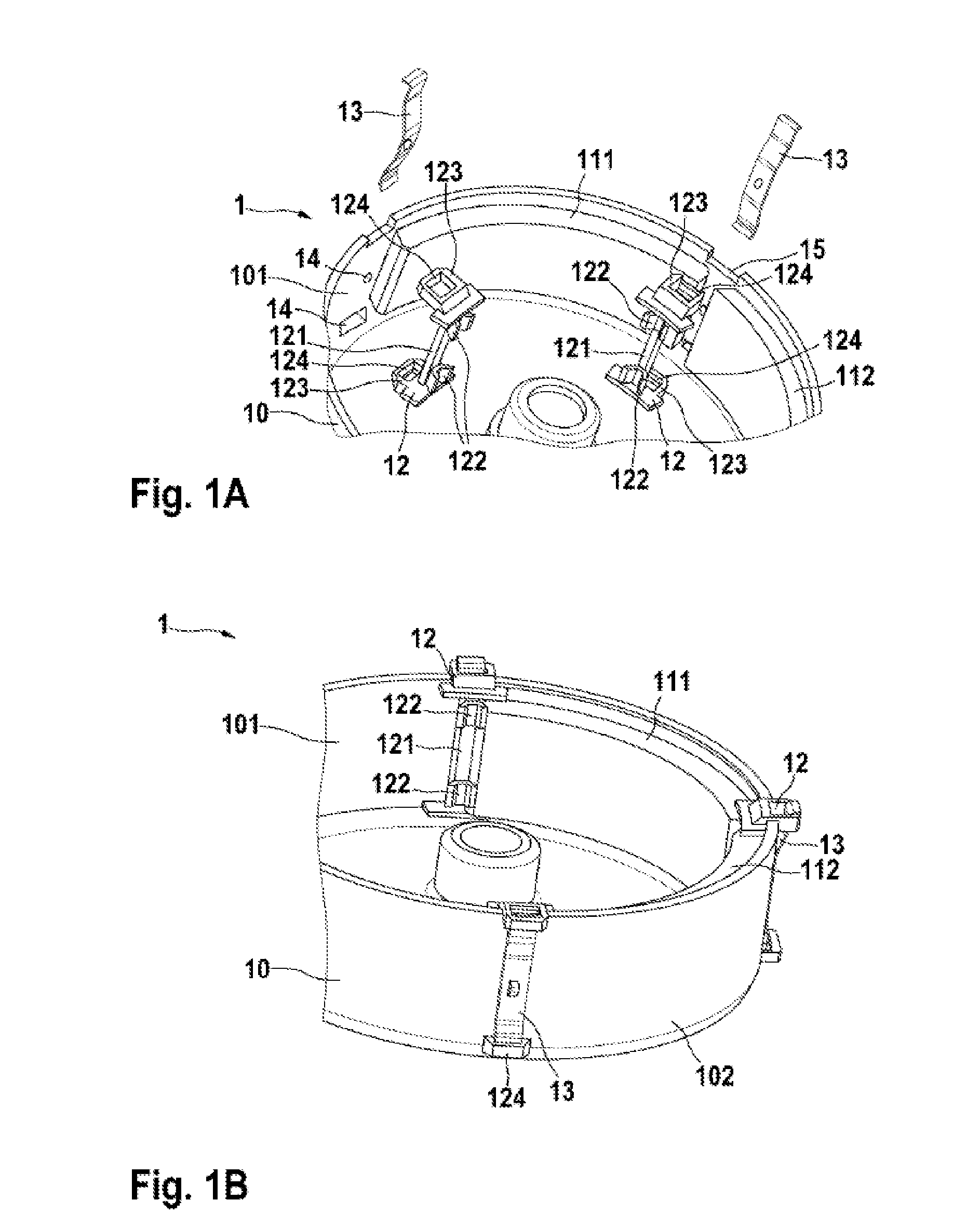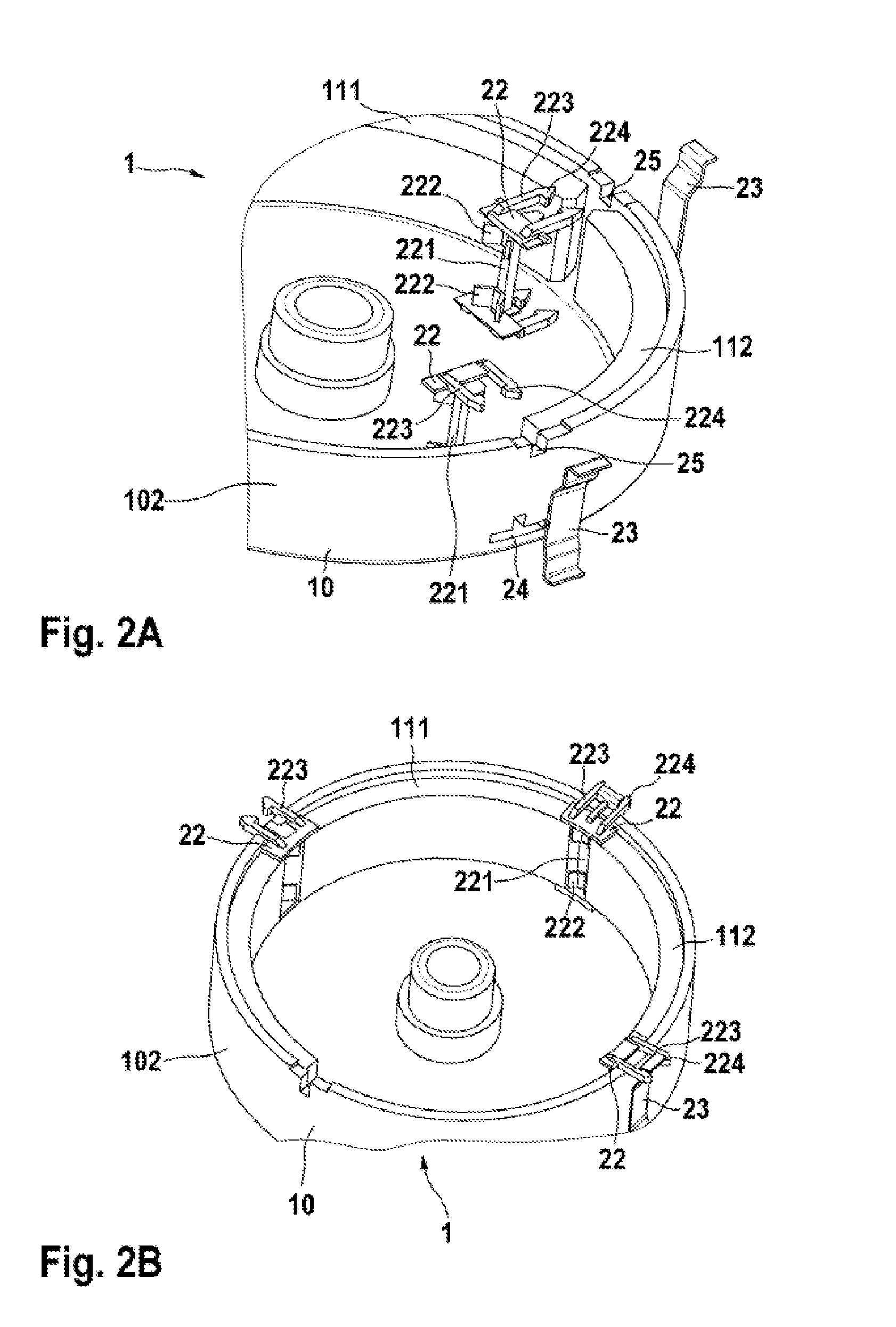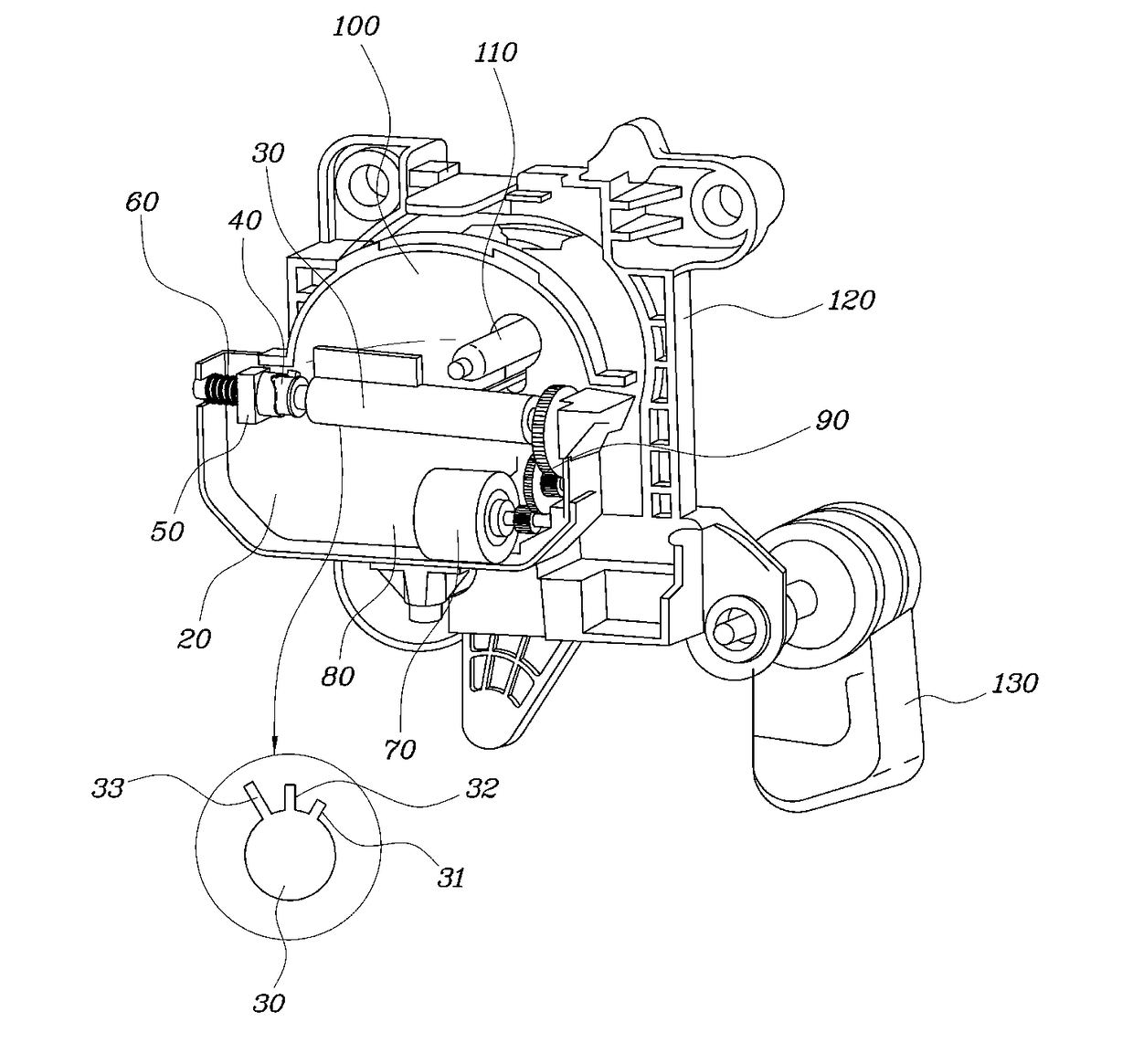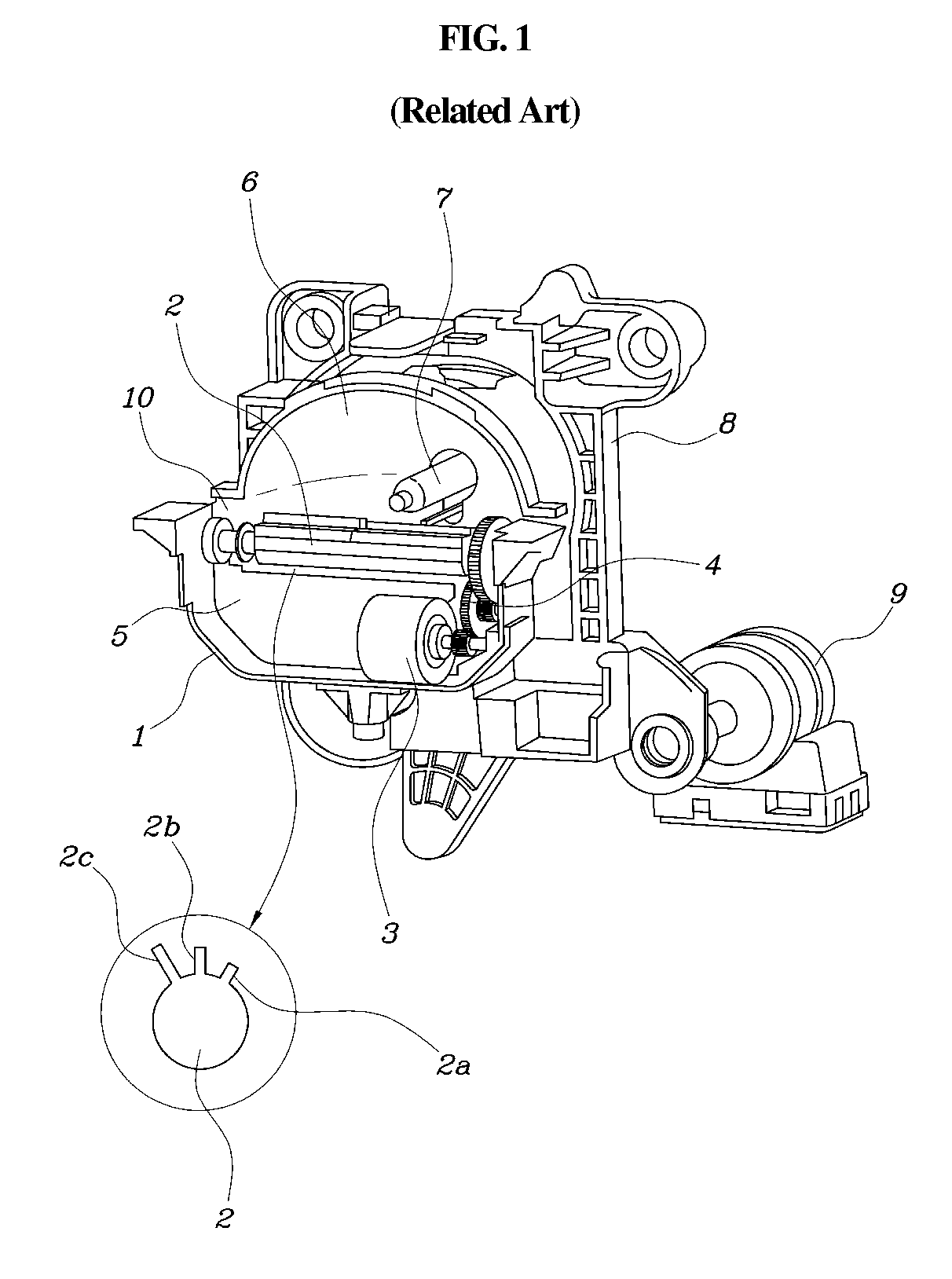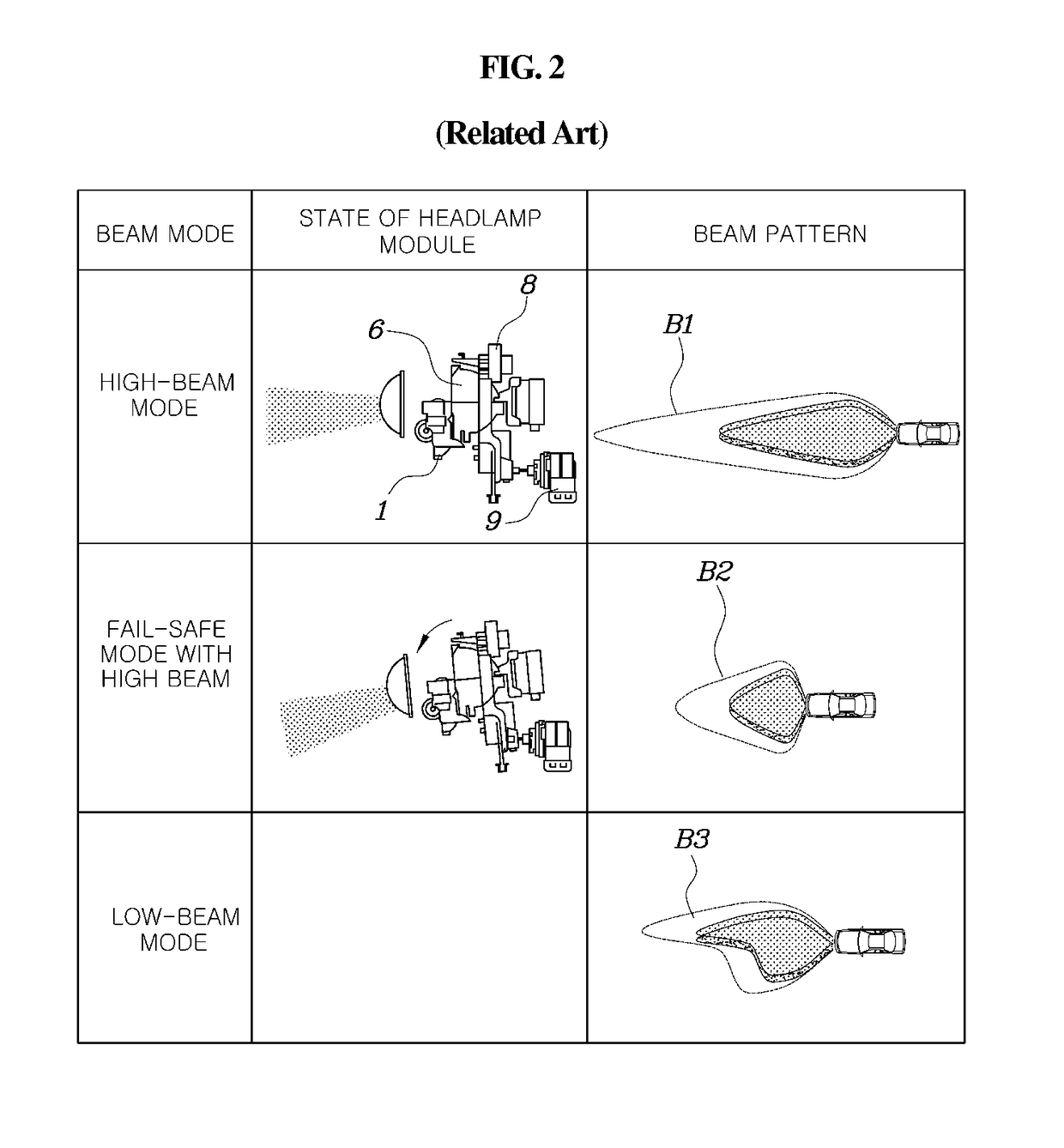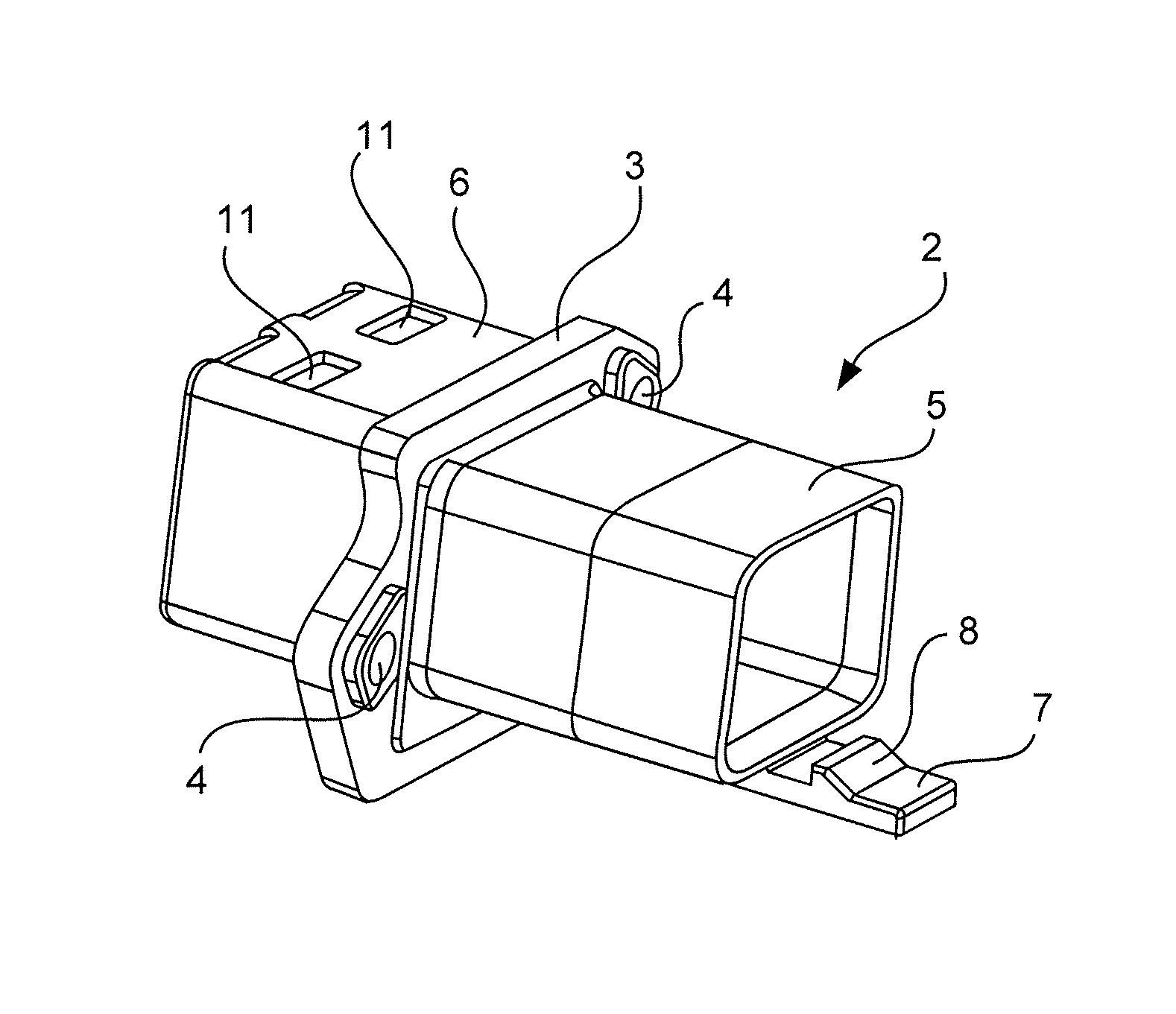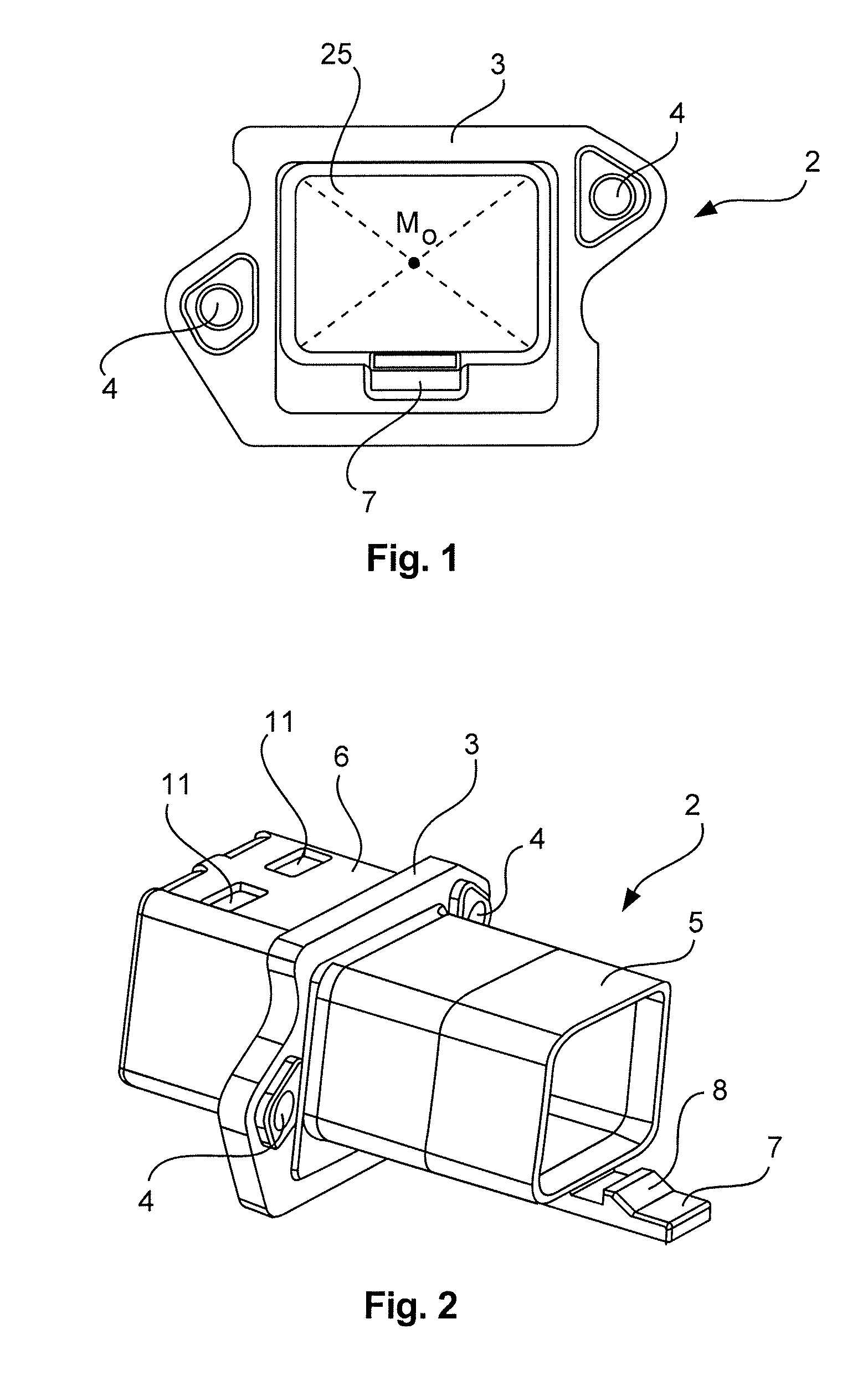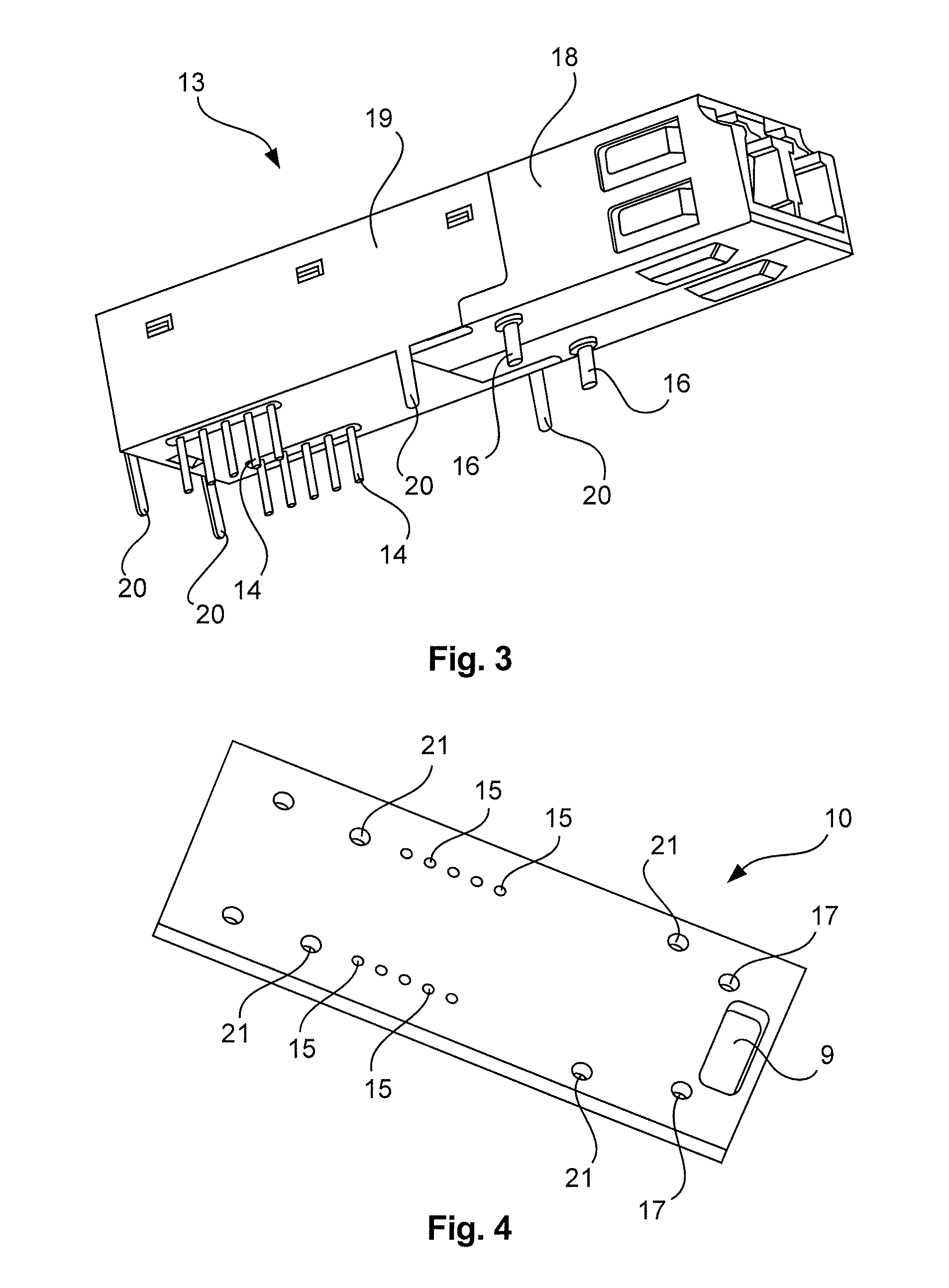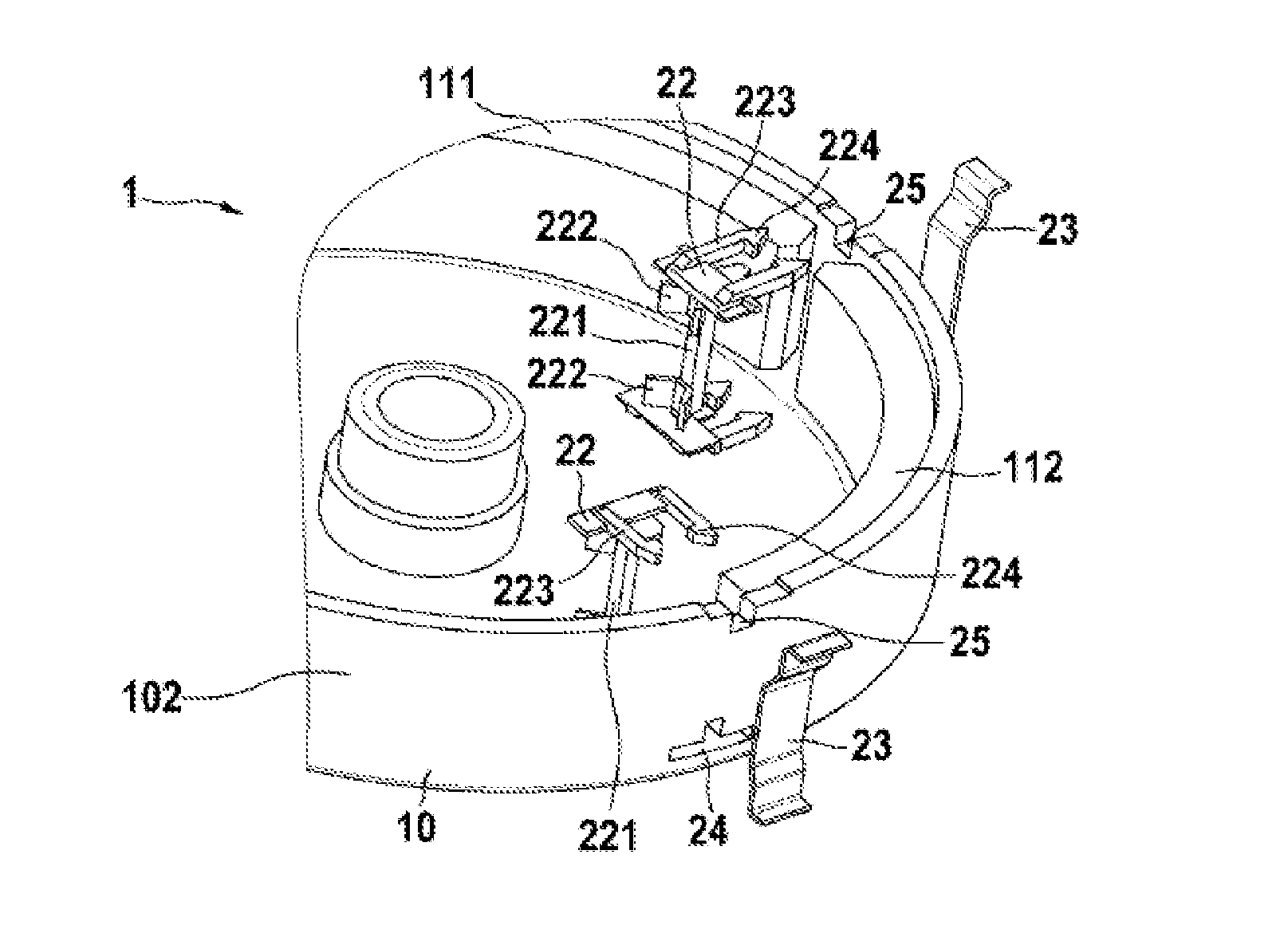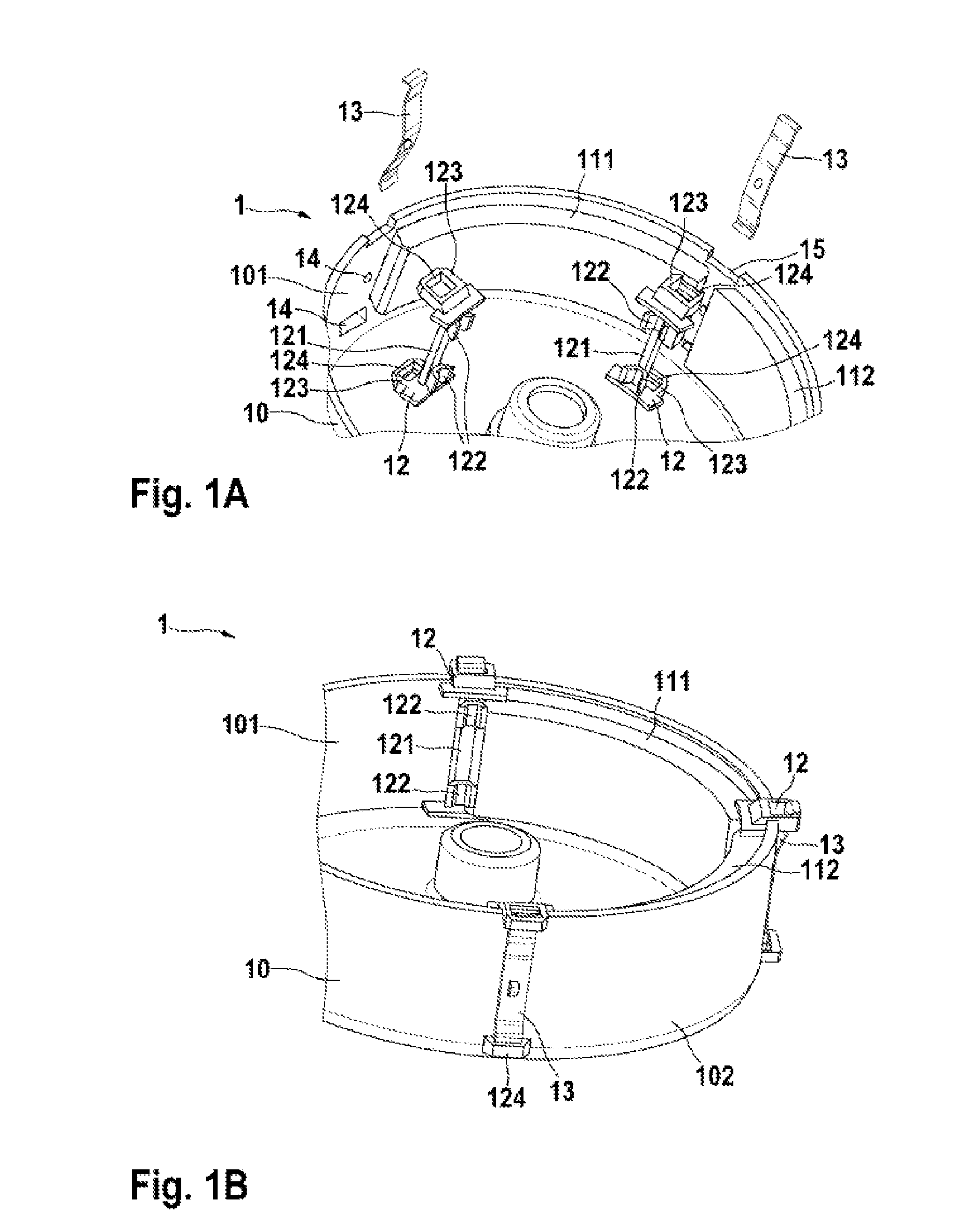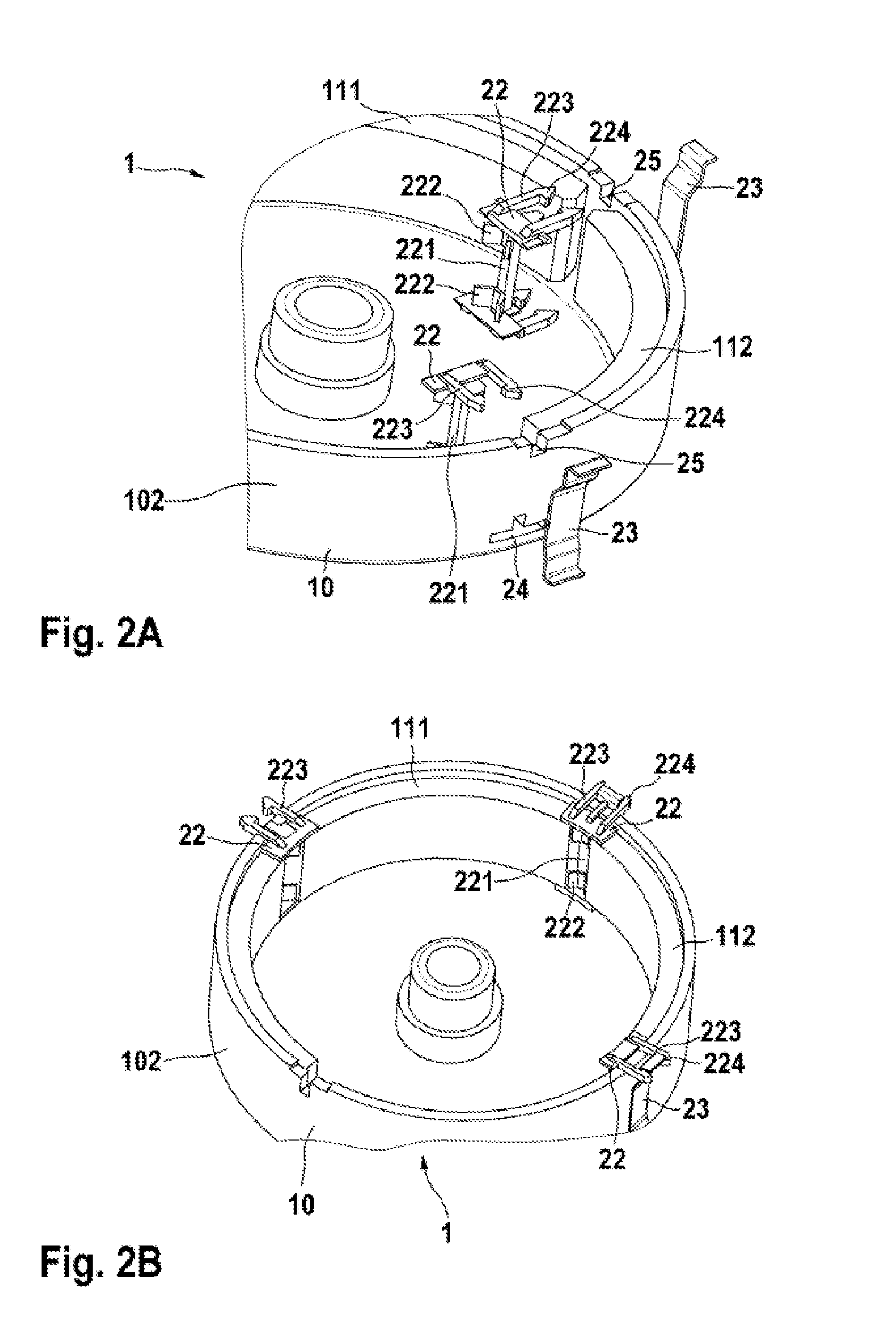Patents
Literature
31results about How to "Low-cost component" patented technology
Efficacy Topic
Property
Owner
Technical Advancement
Application Domain
Technology Topic
Technology Field Word
Patent Country/Region
Patent Type
Patent Status
Application Year
Inventor
RFID tag with visual environmental condition monitor
ActiveUS20060145863A1Easy to processEasy to readContainer decorationsLevel indicationsStatistical analysisColor changes
A combination RFID tag intended to be associated with a host product, for example by being secured to the outside of a package containing a perishable product, e.g. foodstuffs or vaccines, which RFID tag is provided with a visually readable environmental condition exposure indicator. The visual indicator can sense the exposure of the RFID tag to an environmental condition e.g. temperature, experienced by the host product providing a visual indication, e.g. a color change, readable externally of the RFID tag of the sensed environmental condition. The visual indicator can be chemically active, for example an acetylenic agent, and may be responsive to cumulative temperature excursions over time. The novel RFID tag 11 and tag inspection methods of the invention permit an efficacious harnessing of information about the condition exposure history of a specific inventory item including product identification and related data. The information from multiple items can be compiled into a database that may be audited or statistically analyzed to reveal useful information regarding the handling of the items.
Owner:TEMPTIME CORP
RFID tag with visual environmental condition monitor
ActiveUS7209042B2Easy to processEasy to readContainer decorationsLevel indicationsTime responseStatistical analysis
A combination RFID tag intended to be associated with a host product, for example by being secured to the outside of a package containing a perishable product, e.g. foodstuffs or vaccines, which RFID tag is provided with a visually readable environmental condition exposure indicator. The visual indicator can sense the exposure of the RFID tag to an environmental condition e.g. temperature, experienced by the host product providing a visual indication, e.g. a color change, readable externally of the RFID tag of the sensed environmental condition. The visual indicator can be chemically active, for example an acetylenic agent, and may be responsive to cumulative temperature excursions over time. The novel RFID tag 11 and tag inspection methods of the invention permit an efficacious harnessing of information about the condition exposure history of a specific inventory item including product identification and related data. The information from multiple items can be compiled into a database that may be audited or statistically analyzed to reveal useful information regarding the handling of the items.
Owner:TEMPTIME CORP
Medicine delivery device having detachable pressure sensing unit
ActiveUS20110046558A1Low-cost componentMedical devicesPressure infusionBiomedical engineeringPressure sensing
Owner:CEQUR SA
Methods for detecting failure states in a medicine delivery device
ActiveUS8547239B2Low-cost componentMedical devicesPharmaceutical delivery mechanismMedicineBiomedical engineering
Owner:CEQUR SA
Methods for detecting failure states in a medicine delivery device
ActiveUS20110043357A1Low-cost componentPharmaceutical delivery mechanismMedical devicesMedicineBiomedical engineering
Owner:CEQUR SA
Ice Management System For Rotary-Wing Aircraft
An ice management system is configured for an aircraft having at least one rotor (11), each rotor having a plurality of blades. The system has an alternating current (AC) electrical power supply for supplying AC power (13), the AC power supply being adapted to be carried by the aircraft remote from the rotor (11). A converter converts the AC power to direct-current (DC) power. At least one ice protection device is carried by the rotor and operated using the DC power.
Owner:TEXTRON INNOVATIONS
Drawer type cooking device
ActiveUS20090301312A1Low-cost componentLow-cost and durableDomestic stoves or rangesTemperatue controlMicrocomputerEngineering
The invention provides a drawer type cooking device having an operation unit disposed on an upper portion of a drawer body so as to increase the height of the drawer body within a cooking device body as much as possible, capable of facilitating power supply and signal transmission between the control unit within the cooking device body and the operation unit when the drawer body is opened and closed. Slide mechanisms 4 disposed on left, right and bottom portions enabling the drawer body 2 to be moved into and out of the cooking device body 1 are composed of conductive materials, so as to provide a slidable state with constant conduction. By transmitting data via serial communication and supplying power to the operation unit from the cooking device body 1 to the drawer body 2, it becomes possible to dispose the operation unit on a door 2a being opened and closed. By forming the operation unit including a microcomputer for communication on the drawer body 2, it becomes possible to increase the ceiling height of the drawer body 2, increase the ceiling height and capacity of the heating chamber 3, and enlarge the height limitation of an object to be cooked. An illuminating light source 25 disposed on the door 2a of the drawer body 2 can also receive power supply via the arrangement described above to illuminate food loaded in the drawer body 2.
Owner:SHARP KK
Method and apparatus for re-modulation using zero IF
InactiveUS6844787B2The implementation process is simpleLow-cost componentAngle modulationPhase-modulated carrier systemsZero frequencyModulation demodulation
The present invention provides for a first modulation at an arbitrary frequency and a second modulation at another arbitrary frequency. To achieve this, the present invention demodulates the first modulation using the same reference oscillator signal that was used in the first modulation. Because modulation and demodulation are achieved using the same reference oscillator signal, a close approximation of the original signals is achieved. With this close approximation, a subsequent re-modulation can be readily achieved at a second arbitrary frequency and can further be achieved using low-cost synthesizer and modulation components. In effect, a first modulation is achieved at a first frequency; the first modulation is then demodulation to zero frequency; and, in turn, a second modulation (i.e., re-modulation) is achieved at a second frequency.
Owner:HARRIS STRATEX NETWORKS OPERATING
Medicine delivery device having detachable pressure sensing unit
ActiveUS8672873B2Low-cost componentMedical devicesPressure infusionBiomedical engineeringPressure sensing
Owner:CEQUR SA
Swivel portable terminal
InactiveUS20080157754A1Maximize convenienceSimple structureWing accessoriesSolid-state devicesComputer terminalEngineering
Provided is a swivel portable terminal. The swivel portable terminal is configured to allow first and second magnet detecting units installed at one body of a main body and a swivel body at a predetermined interval therebetween to detect first and second magnets installed at the other body and corresponding to the first and second magnet detecting units. A rotation direction in which the swivel body rotates is determined according to a time difference of a change in a magnet detecting state of the first and second magnet detecting units when the swivel body rotates.
Owner:SAMSUNG ELECTRONICS CO LTD
Ice management system for rotary-wing aircraft
An ice management system is configured for an aircraft having at least one rotor (11), each rotor having a plurality of blades. The system has an alternating current (AC) electrical power supply for supplying AC power (13), the AC power supply being adapted to be carried by the aircraft remote from the rotor (11). A converter converts the AC power to direct-current (DC) power. At least one ice protection device is carried by the rotor and operated using the DC power.
Owner:TEXTRON INNOVATIONS
Optoelectronic Control Of Solid-State Nanopores
ActiveUS20160033471A1Control speedDelayed translocationMicrobiological testing/measurementAnalysis by material excitationBiopolymerEngineering
Optoelectronic control of solid-state nanopores and applications thereof. Nanopores are extremely sensitive single-molecule sensors. Electron beams have been used to fabricate synthetic nanopores in thin solid-state membranes with sub-nanometer resolution. Methods for controlling the translocation speed of biopolymers through solid-state nanopores and methods for unblocking clogged pores by illuminating nanopores are described.
Owner:TRUSTEES OF BOSTON UNIV
Printer using direct-coupled emissive array
InactiveUS20050243161A1Easy to useImprove sharpnessSolid-state devicesSemiconductor/solid-state device manufacturingFiberDigital data
A contact printing apparatus (100), using a direct-coupled emissive array (20) of individual light emitting pixels (22), forms an image from digital data onto a photosensitive medium (16). The direct-coupled emissive array (20) is fabricated on an optically coupled substrate (25) that provides light-directing elements, such as a lenslet array or fiber optic faceplate (40) for directing light from emitter pixels (22) to print pixel (71) locations on the photosensitive medium (16).
Owner:EASTMAN KODAK CO
Determining the rotor angle of a synchronous machine at standstill with the aid of iterative test pulses
ActiveUS20110241658A1Spend lessSimple evaluation mechanismSingle-phase induction motor startersMotor/generator/converter stoppersMagnetic anisotropyVoltage pulse
A method for determining the angular position of a synchronous machine having a magnetically anisotropic rotor includes an (m) iteration stage and an (n) iteration stage. The (m) iteration stage encompasses: generating an (m) magnetic field of an (m) angular direction and acquiring an (m) peak value of the current pulse generated by the (m) voltage pulse; and providing at least two further (m+i) peak values in different (m+i) angular directions that differ from the (m) angular direction. The (n) iteration stage includes: ascertaining the angular directions (n) and (n+1) in which the two highest or the two lowest peak values from a peak value group occur; and providing an (n) angular direction, which resides between the (n+1) angular direction and the (n+2) angular direction, as an angular position output.
Owner:ROBERT BOSCH GMBH
High energy laser target board apparatus
ActiveUS9423298B2Direct and accurate measurementHigh Power Handling CapabilityPhotometry using electric radiation detectorsOptical light guidesFiberLaser target
A laser target board apparatus is provided for detecting spatial and temporal intensity distribution of high energy laser beams. The laser target board apparatus may include a panel having a plurality of openings and a plurality of optical rods placed therein. The laser target board apparatus may further have an optic fiber array positioned substantially parallel to and behind the panel and separated from the panel by a predetermined distance. At least one lens is configured to receive photons emitted from a second end of each optic fiber unit of the optic fiber array, and at least one camera is configured to detect the photons. A processor is configured to analyze temporal and spatial distribution of intensity of the received high energy laser beam based on data generated by the at least one camera.
Owner:TELEDYNE SCI & IMAGING
Determining the rotor angle of a synchronous machine at standstill with the aid of iterative test pulses
ActiveUS8547044B2Spend lessOptimization mechanismSingle-phase induction motor startersMotor/generator/converter stoppersVoltage pulseMagnetic anisotropy
Owner:ROBERT BOSCH GMBH
Method and apparatus for producing unique radiation spectra
InactiveUS6930774B1Low-cost componentRadiation pyrometrySpectrum generation using diffraction elementsBroadband light sourceLength wave
Apparatus and methods are disclosed for providing a desired spectral intensity profile from a broadband light source. The apparatus comprises separation means for separating light provided by the broadband light source into radiation having a continuum of wavelengths; a blocking element having a first side and a second side, the first side having a two-dimensional surface with a desired blocking contour configured thereon, the blocking element positioned relative to the separation means so as to receive the radiation separated into the continuum of wavelengths onto the first side thereof and allow a portion of the radiation to pass from the first side to the second side, wherein the portion of the radiation conforms to the desired blocking contour; and recombination means for recombining the portion of the radiation conforming to the desired blocking contour into the desired spectral intensity profile.
Owner:TELEFON AB LM ERICSSON (PUBL)
Automotive headlamp module
ActiveUS20170059111A1Sufficient visual rangeImprove securityVehicle headlampsOptical signallingManufacturing cost reductionLight beam
An automotive headlamp module that reduces manufacturing cost and increases availability for low-cost vehicles is provided. The automotive headlamp provides a rotational force to a shield via a DC motor and improves safety during operation by implementing a beam pattern in a low-beam mode when performing a fail-safe function due to breakdown in a high-beam mode or an ADB mode. In particular, the automotive headlamp includes a drum type shield rotatably disposed with respect to a shield housing and has a high-beam protrusion, a low-beam protrusion, and an adaptive driving-beam (ADB) protrusion on an exterior side and a shield disc coupled to the shield that rotates. A housing disc guide is movable in a longitudinal direction of the shield by the shield housing and has an end in contact with the shield disc and a return spring and presses a housing disc to the shield disc with accumulated elastic force.
Owner:HYUNDAI MOTOR CO LTD
High energy laser target board apparatus
ActiveUS20160054176A1Direct and accurate measurementHigh optical power handling capabilityPhotometry using electric radiation detectorsOptical light guidesFiberLaser target
A laser target board apparatus is provided for detecting spatial and temporal intensity distribution of high energy laser beams. The laser target board apparatus may include a panel having a plurality of openings and a plurality of optical rods placed therein. The laser target board apparatus may further have an optic fiber array positioned substantially parallel to and behind the panel and separated from the panel by a predetermined distance. At least one lens is configured to receive photons emitted from a second end of each optic fiber unit of the optic fiber array, and at least one camera is configured to detect the photons. A processor is configured to analyze temporal and spatial distribution of intensity of the received high energy laser beam based on data generated by the at least one camera.
Owner:TELEDYNE SCI & IMAGING
Multi-array camera imaging system and method therefor
ActiveUS20180035033A1Overcomes latencyOvercomes bandwidthTelevision system detailsImage analysisImaging processingComputer graphics (images)
An imaging system and method for enabling the capture and rendering of an image without the latency and bandwidth requirements of the prior art is presented. Embodiments of the present invention employ a plurality of imagers that provide image data to a plurality of capture and hosting servers to which they are connected via a first communications bus. One or more rendering systems are interconnected to the plurality of servers via a second communications bus. The servers perform parallel processing of only raw image data necessary to satisfy individual rendering requests from the rendering systems. Since image processing is performed only on the image data required to render the particular view of interest, an entire high-resolution image is not formed to satisfy the rendering request and the desired image can be rendered with less latency and requires less bandwidth for transmission to the rendering system.
Owner:AQUETI INC
Power conversion device for solar energy generating system
InactiveUS20130182474A1Islanding effect can be preventedImmediate terminationBatteries circuit arrangementsConversion with intermediate conversion to dcElectricityDc dc converter
A power conversion device includes a DC-DC converter, a DC-AC inverter and a relay. The DC-DC converter leads in a DC from an external solar panel and transforms the DC into a direct voltage. The DC-AC inverter transforms the direct voltage from the DC-DC converter into an alternating voltage and connecting to an external electric load via electric load output ends. The relay includes a coil connected to an external commercial power line via commercial power input ends, and conductive contacts actuated by the coil and serially-disposed between the commercial power input ends and the DC-AC inverter, and with the commercial power line electrifying the coils, the conduction control is formed therebetween, preventing the electric energy of the solar energy generation from inversely transmitting to the commercial power line when interrupting the commercial power service.
Owner:LUO CHIA CHING +1
Printer using direct-coupled emissive array
InactiveUS7224379B2Low-cost componentEasy to useSolid-state devicesSemiconductor/solid-state device manufacturingFiberDigital data
Owner:EASTMAN KODAK CO
Dispenser system
ActiveUS9380916B2Solve precise controlCost-effectiveHolders and dispensersLiquid transferring devicesElectrical and Electronics engineeringEngineering
The invention relates to a dispenser system with a housing, into which a reservoir cartridge is inserted, which is formed by a reservoir container and a distribution device. Housing comprises an actuation device which acts on distribution device in such a way that a pressure on the actuation device delivers a portion of the medium on the distribution device. The known dispenser systems have the drawback that an individual dispenser is required depending on the medium. According to the invention, in order to create an identical part dispenser system, a connection element compensating for the different geometries of distribution device is connected to distribution device. Moreover, actuation device comprises at different levels pressure-exerting faces, which cooperate with pressure-receiving faces of distribution device, wherein different faces engage with one another depending on employed reservoir cartridge.
Owner:DEB IP
Wheel device applied to a mouse
ActiveUS20210041961A1Low costLow-cost componentInput/output processes for data processingEngineeringLight signal
A wheel device applied to a mouse includes a base, a wheel module, a sheltering component and an optical detecting module. The base has a holder. The wheel module is disposed on the base and includes a roller and a wheel. The roller includes a rolling surface, an axle and a plurality of rib structures. The axle is rotatably disposed on the holder in an axle direction. The rib structures are disposed inside the rolling surface. The wheel is disposed on the rolling surface of the roller. The sheltering component includes light sheltering areas and light penetrating areas disposed on the roller or the wheel and around the axle direction. Each light sheltering area is perpendicular to the axle. The optical detecting module has an optical emitter and an optical receiver. The optical receiver is adapted to receive an optical signal emitted by the optical emitter.
Owner:DARFON ELECTRONICS CORP
Dispenser system
ActiveUS20110121038A1Uniform heightLow-cost componentHolders and dispensersLiquid transferring devicesEngineeringElectrical and Electronics engineering
The invention relates to a dispenser system with a housing, into which a reservoir cartridge is inserted, which is formed by a reservoir container and a distribution device. Housing comprises an actuation device which acts on distribution device in such a way that a pressure on the actuation device delivers a portion of the medium on the distribution device. The known dispenser systems have the drawback that an individual dispenser is required depending on the medium. According to the invention, in order to create an identical part dispenser system, a connection element compensating for the different geometries of distribution device is connected to distribution device. Moreover, actuation device comprises at different levels pressure-exerting faces, which cooperate with pressure-receiving faces of distribution device, wherein different faces engage with one another depending on employed reservoir cartridge.
Owner:DEB IP
Device socket
ActiveUS20150378117A1Quality improvementNot to damageCoupling light guidesElectronic componentPrinted circuit board
The invention relates to a device socket consisting of a wall feedthrough (2), a printed circuit board (10) and an electronic component (13) attached to the printed circuit board (10), wherein the device socket (1) comprises a locking means (7, 8), so that the printed circuit board (10) can be connected to the wall feedthrough (2), wherein the device socket (1) has at least one seal (22), which seal (22) comprises first means, by which the vertical position (y) of the electronic component (13) on the printed circuit board (10) is predetermined, wherein the seal (22) has an opening (23), into which the electronic component (13) can be inserted, wherein a centre (Md) is located in the opening plane of the seal (22) and the opening (25) of the wall feedthrough (2) has a centre (Mo), and wherein the centres (Md, Mo) have a distance from each other, the amount of which is greater than zero, wherein the printed circuit board (10) comprises second means, by which the horizontal position (x, z) of the electronic component (13) of the wall feedthrough (2) is predetermined, wherein the electronic component (13) comprises solder termination elements (14, 16, 20) and the second means of the printed circuit board are implemented as bores (15, 17, 21), into which the solder termination elements (14, 16, 20) of the electronic component (13) can be inserted.
Owner:HARTING ELECTRIC GMBH & CO KG
Magnet carrier for a pole housing
InactiveUS20120206005A1Low-cost componentSmall magnet gapSynchronous machine detailsMagnetic circuit stationary partsEngineeringMechanical engineering
The invention relates to a magnet carrier (1) for a pole housing (10) for fastening magnets (111, 112) to a pole housing wall (101), wherein the magnet carrier (1) can be arranged between at least two magnets. The magnet carrier (1) comprises a positioning element (12, 22, 32, 42, 52) and a securing element (13, 23, 33, 43, 53). The positioning element (12, 22, 32, 42, 52) can be arranged on the pole housing wall (101). Furthermore, the positioning element (12, 22, 32, 42, 52) is designed to fix the at least two magnets (111, 112). The securing element (13, 23, 33, 43, 53) can be arranged on the pole housing wall (101) with the pole housing wall opposite of the positioning element (12, 22, 32, 42, 52). The securing element (13, 23, 33, 43, 53) is designed to be in engagement with the positioning element (12, 22, 32, 42, 52) and to thereby hold the positioning element (12, 22, 32, 42, 52) on the pole housing wall (101).
Owner:ROBERT BOSCH GMBH
Automotive headlamp module
ActiveUS9874331B2Sufficient visual rangeReduce manufacturing costVehicle headlampsLight fasteningsBeam patternLight beam
An automotive headlamp module thatreduces manufacturing cost and increases availability for low-cost vehicles is provided. The automotive headlamp provides a rotational force to a shield via a DC motor and improves safety during operation by implementing a beam pattern in a low-beam mode when performing a fail-safe function due to breakdown in a high-beam mode or an ADB mode. In particular, the automotive headlamp includes a drum type shield rotatably disposed with respect to a shield housing and has a high-beam protrusion, a low-beam protrusion, and an adaptive driving-beam (ADB) protrusion on an exterior side and a shield disc coupled to the shield that rotates. A housing disc guide is movable in a longitudinal direction of the shield by the shield housing and has an end in contact with the shield disc and a return spring and presses a housing disc to the shield disc with accumulated elastic force.
Owner:HYUNDAI MOTOR CO LTD
Device socket
A device socket that includes a wall feedthrough, a printed circuit board and an electronic component attached to the printed circuit board. The device socket has a lock mechanism to connect the printed circuit board to the wall feedthrough. The wall feedthrough has an opening. The device socket has at least one seal with an opening which cooperates with the electronic component to adjust the position of the electronic component relative to the wall feedthrough and wall feedthrough opening.
Owner:HARTING ELECTRIC GMBH & CO KG
Magnet carrier for a pole housing
InactiveUS8901793B2Low-cost componentLow level of investment in fitting devicesMagnetic circuit rotating partsMagnetic circuit stationary partsEngineeringMagnet
The invention relates to a magnet carrier (1) for a pole housing (10) for fastening magnets (111, 112) to a pole housing wall (101), wherein the magnet carrier (1) can be arranged between at least two magnets. The magnet carrier (1) comprises a positioning element (12, 22, 32, 42, 52) and a securing element (13, 23, 33, 43, 53). The positioning element (12, 22, 32, 42, 52) can be arranged on the pole housing wall (101). Furthermore, the positioning element (12, 22, 32, 42, 52) is designed to fix the at least two magnets (111, 112). The securing element (13, 23, 33, 43, 53) can be arranged on the pole housing wall (101) with the pole housing wall opposite of the positioning element (12, 22, 32, 42, 52). The securing element (13, 23, 33, 43, 53) is designed to be in engagement with the positioning element (12, 22, 32, 42, 52) and to thereby hold the positioning element (12, 22, 32, 42, 52) on the pole housing wall (101).
Owner:ROBERT BOSCH GMBH
Features
- R&D
- Intellectual Property
- Life Sciences
- Materials
- Tech Scout
Why Patsnap Eureka
- Unparalleled Data Quality
- Higher Quality Content
- 60% Fewer Hallucinations
Social media
Patsnap Eureka Blog
Learn More Browse by: Latest US Patents, China's latest patents, Technical Efficacy Thesaurus, Application Domain, Technology Topic, Popular Technical Reports.
© 2025 PatSnap. All rights reserved.Legal|Privacy policy|Modern Slavery Act Transparency Statement|Sitemap|About US| Contact US: help@patsnap.com
